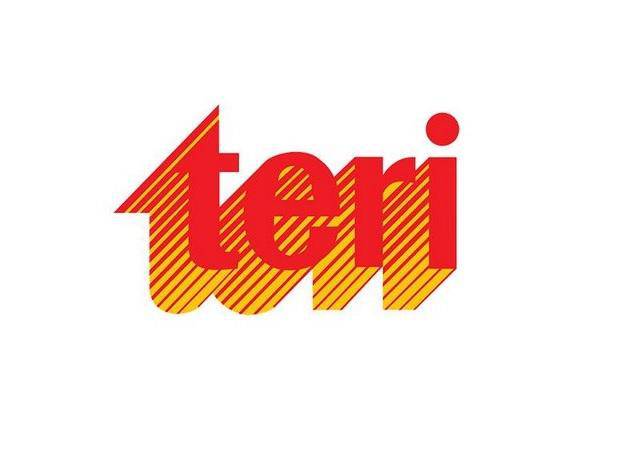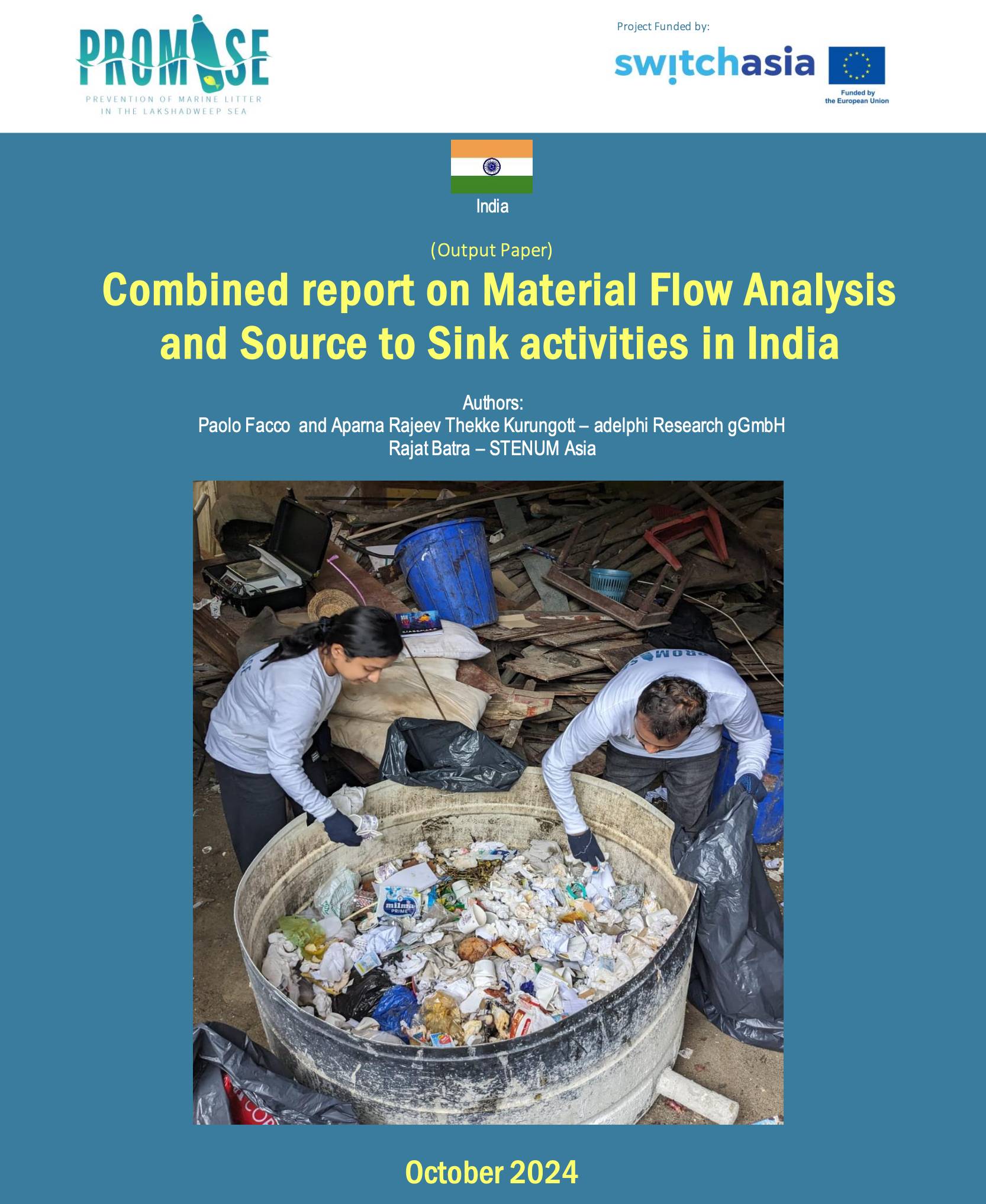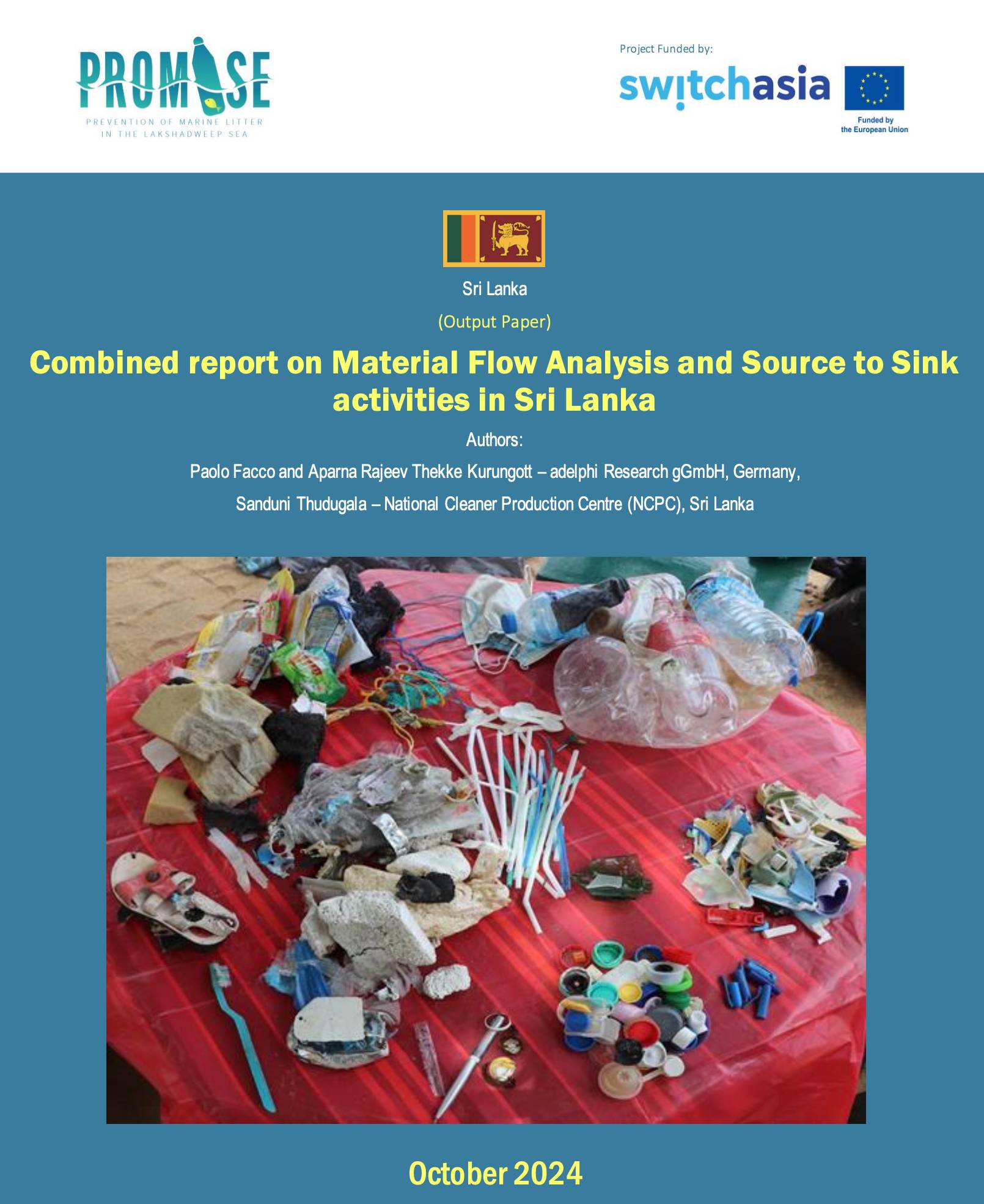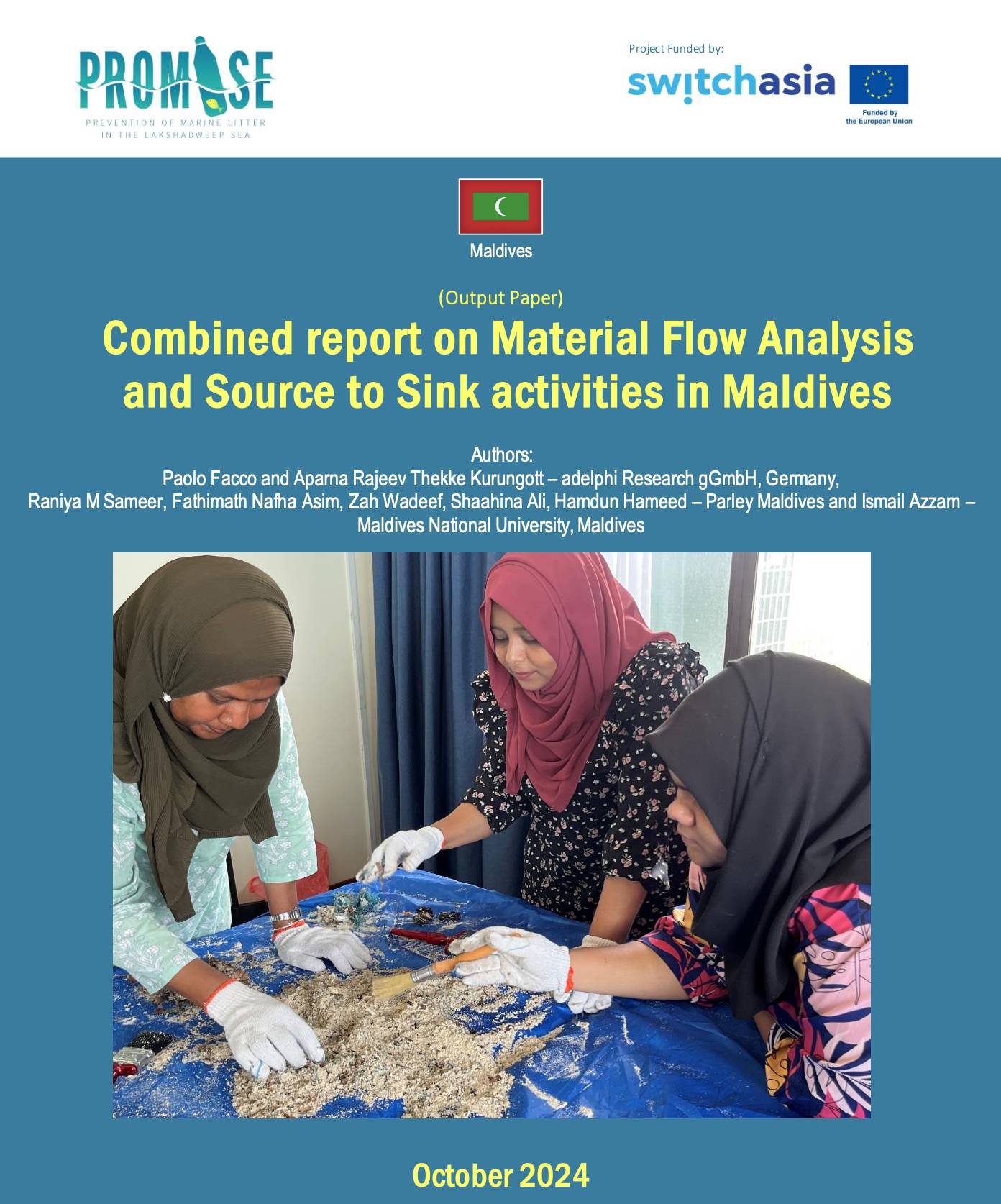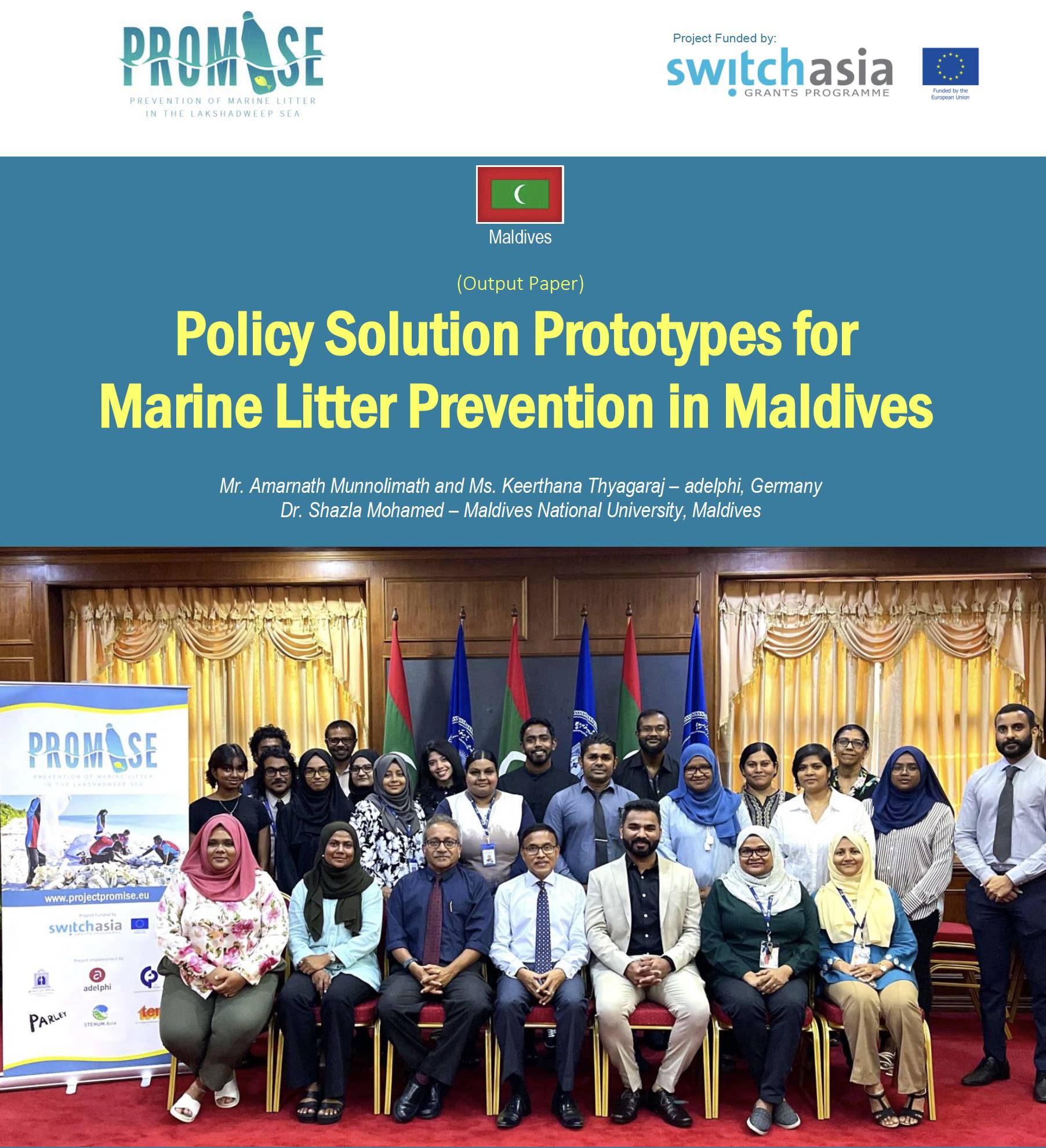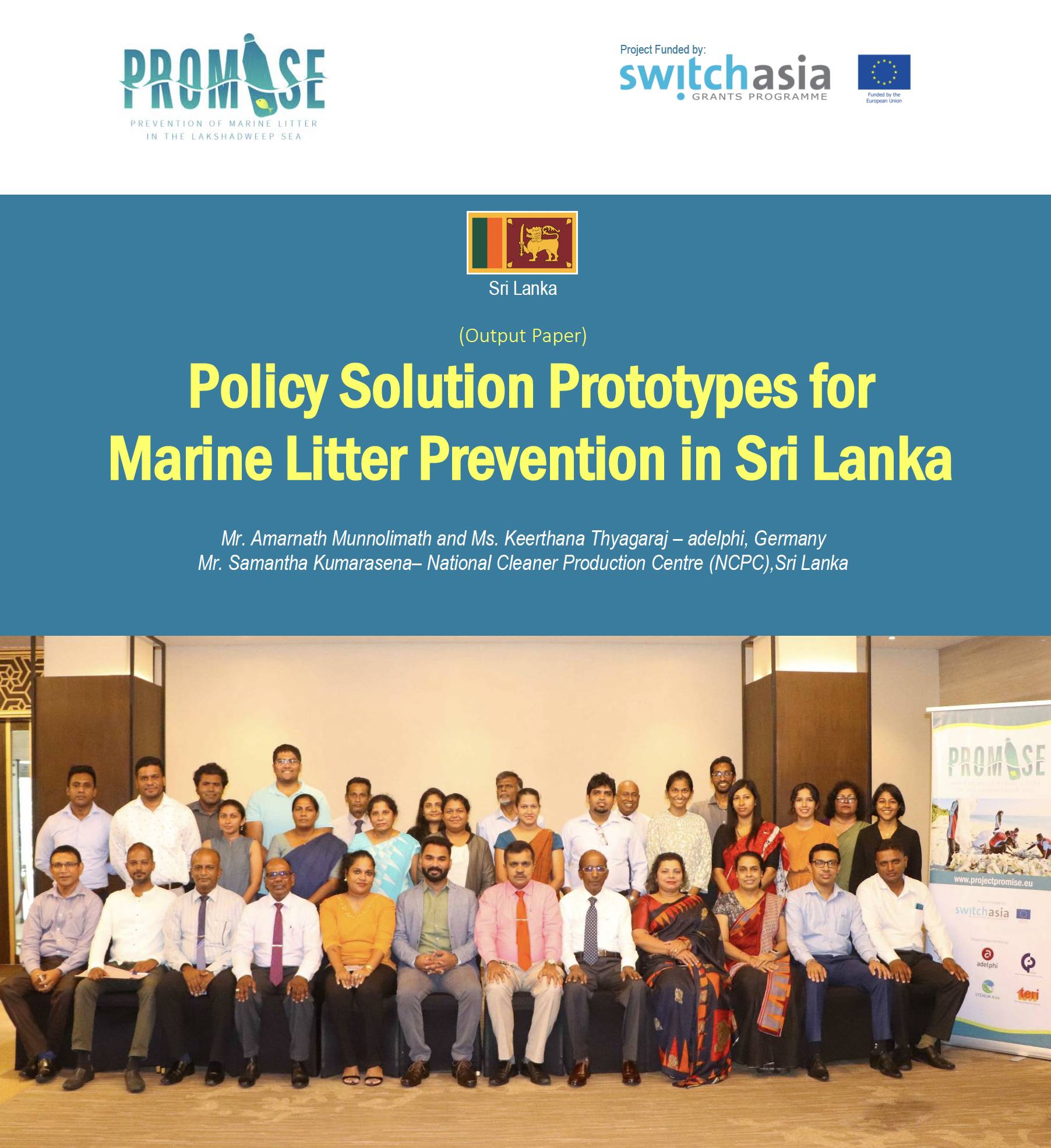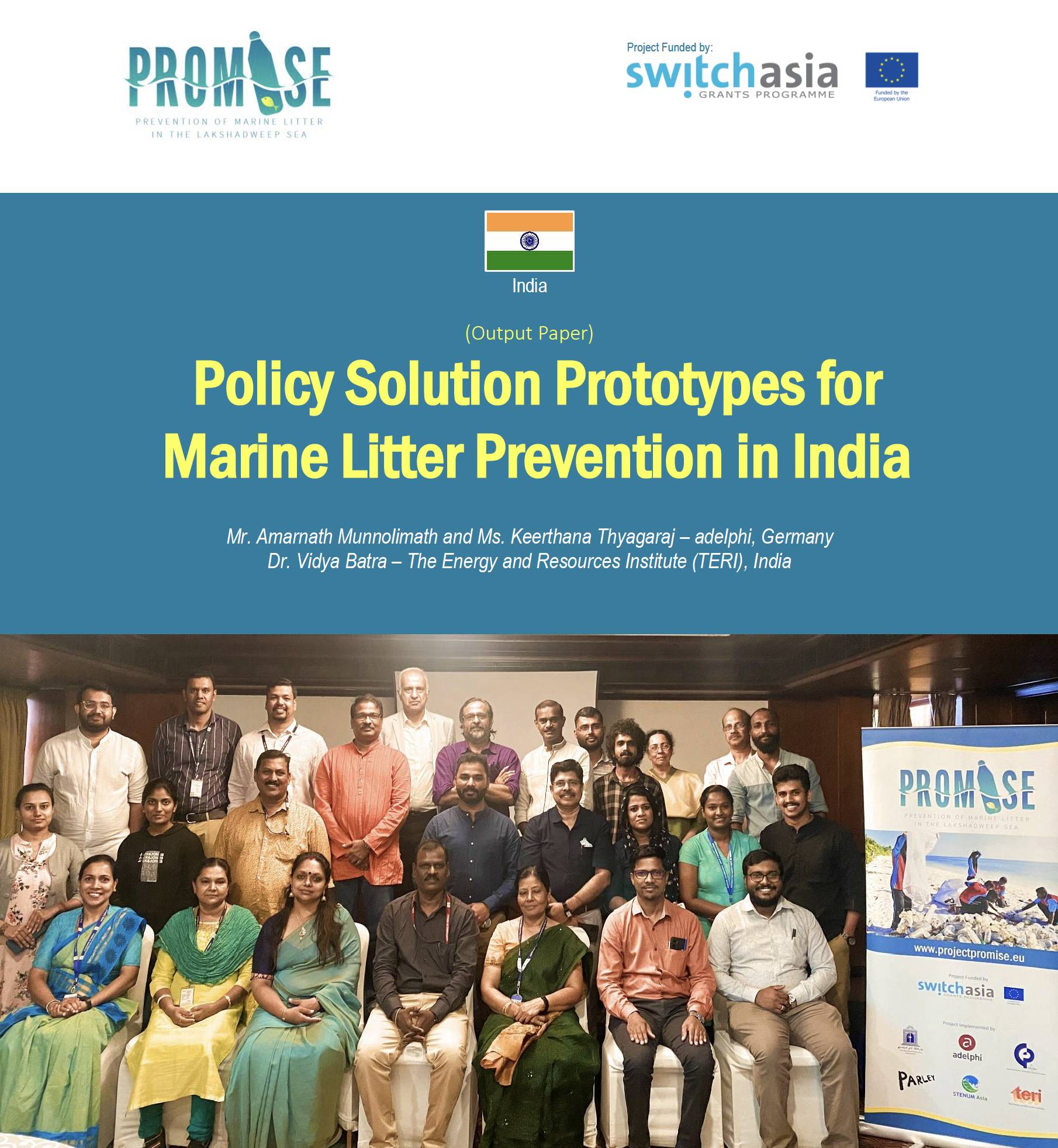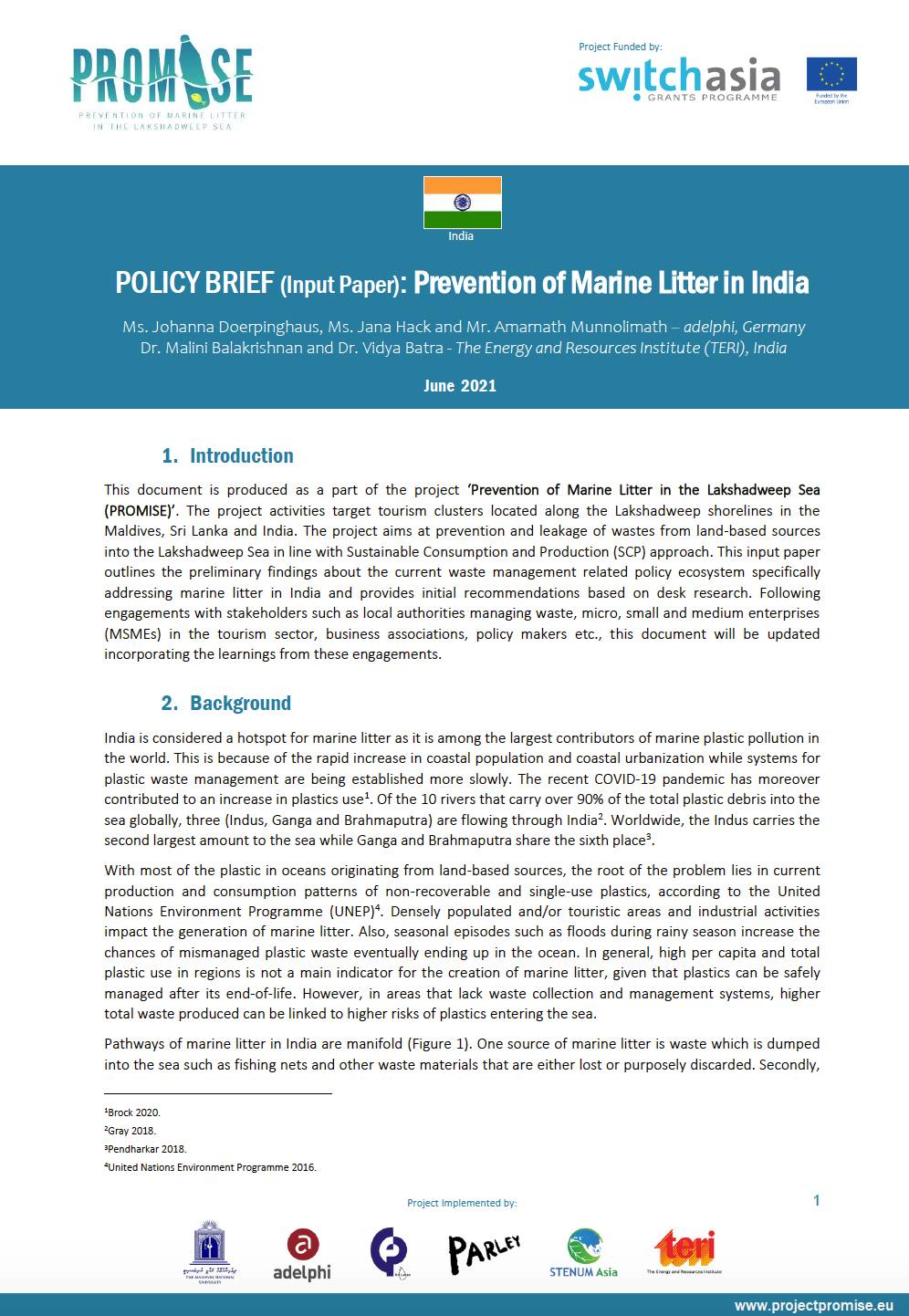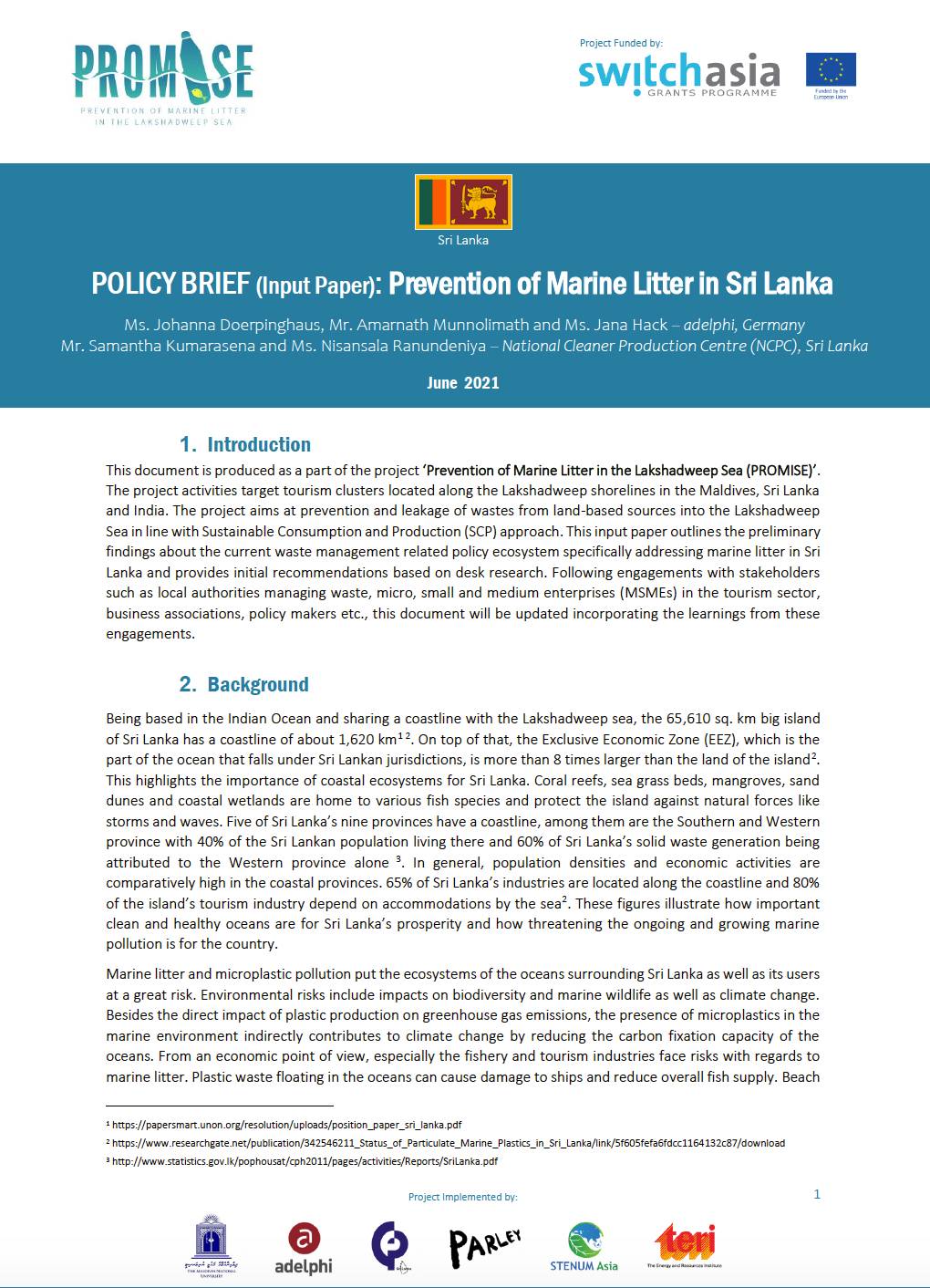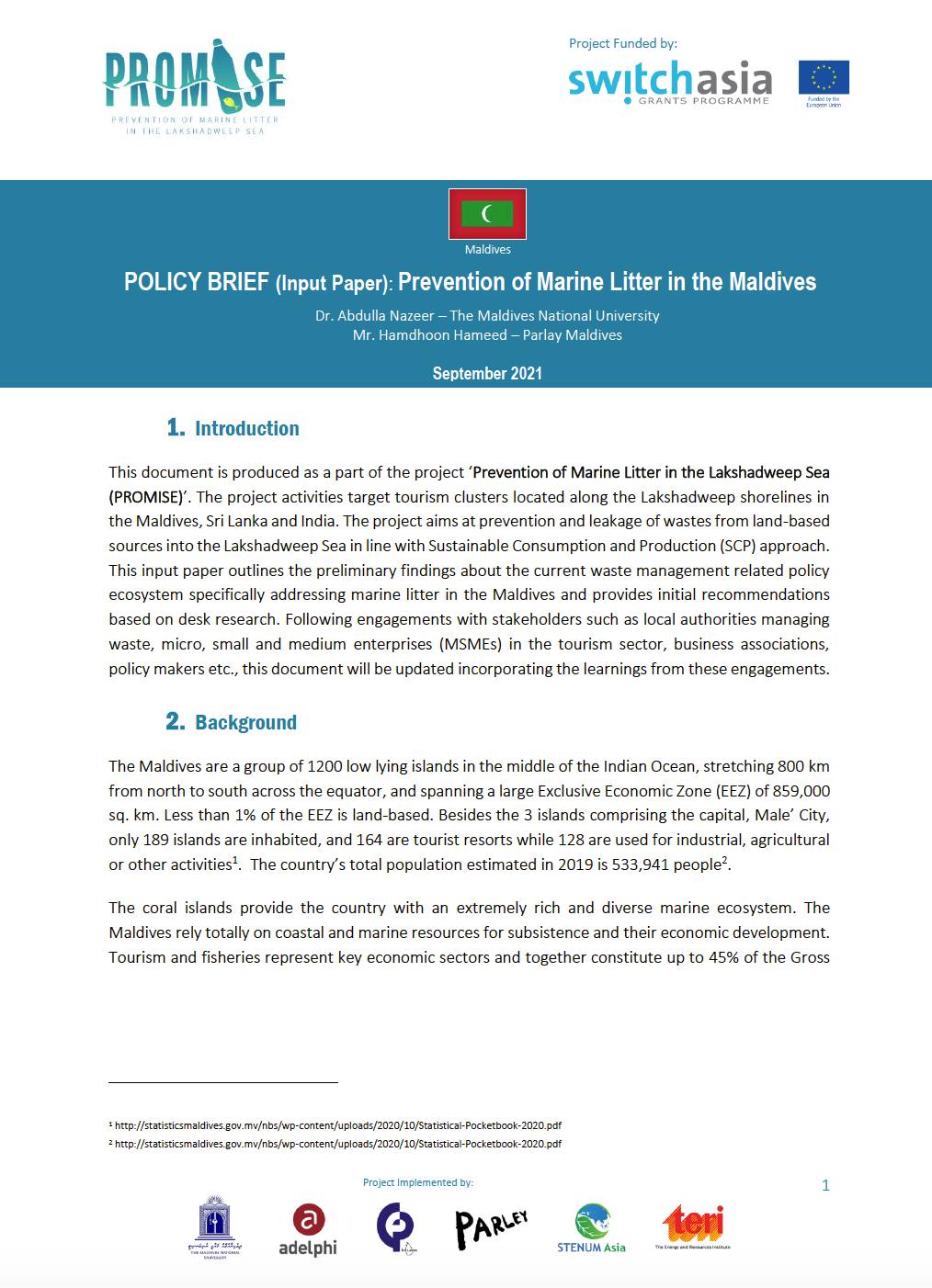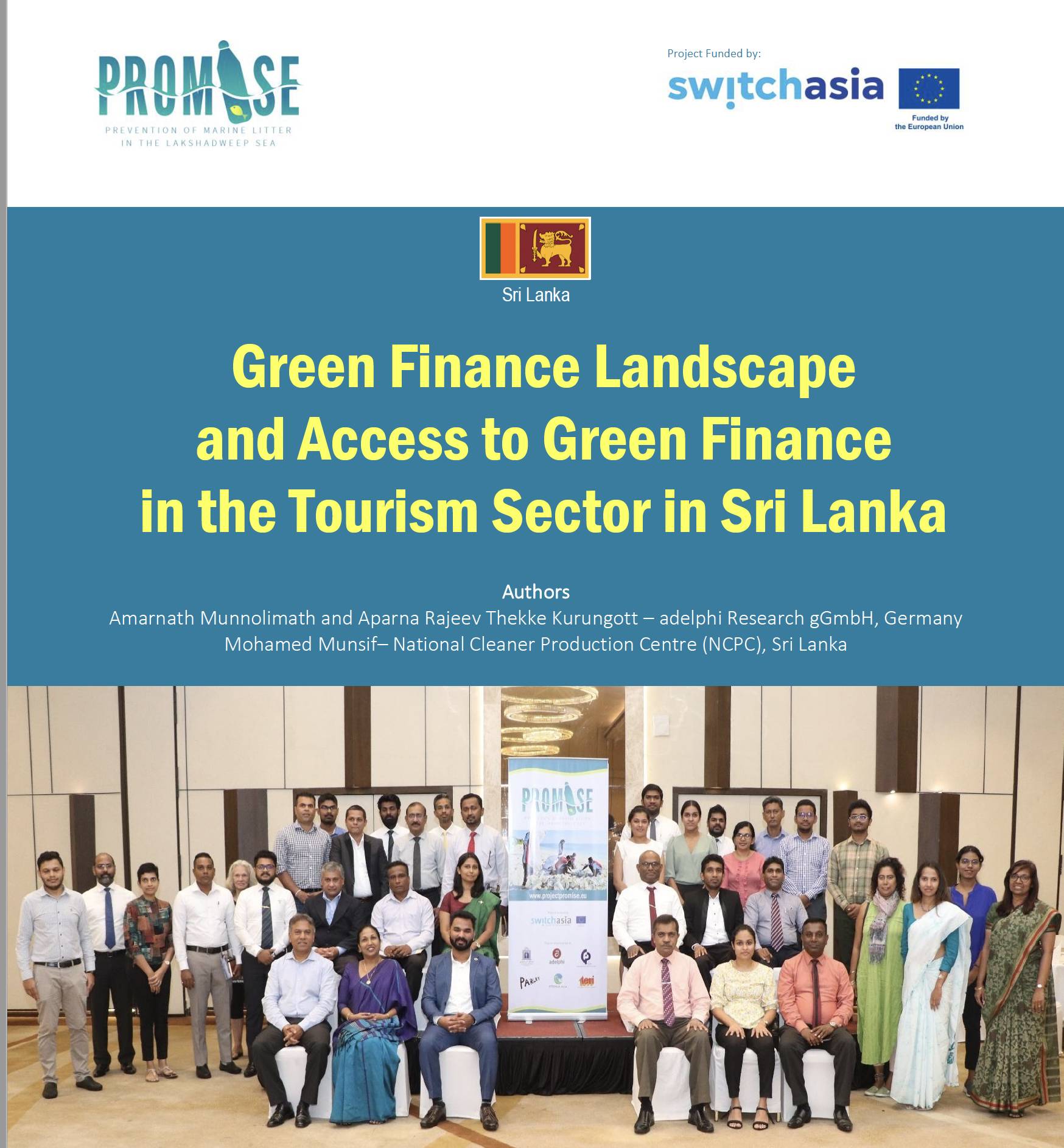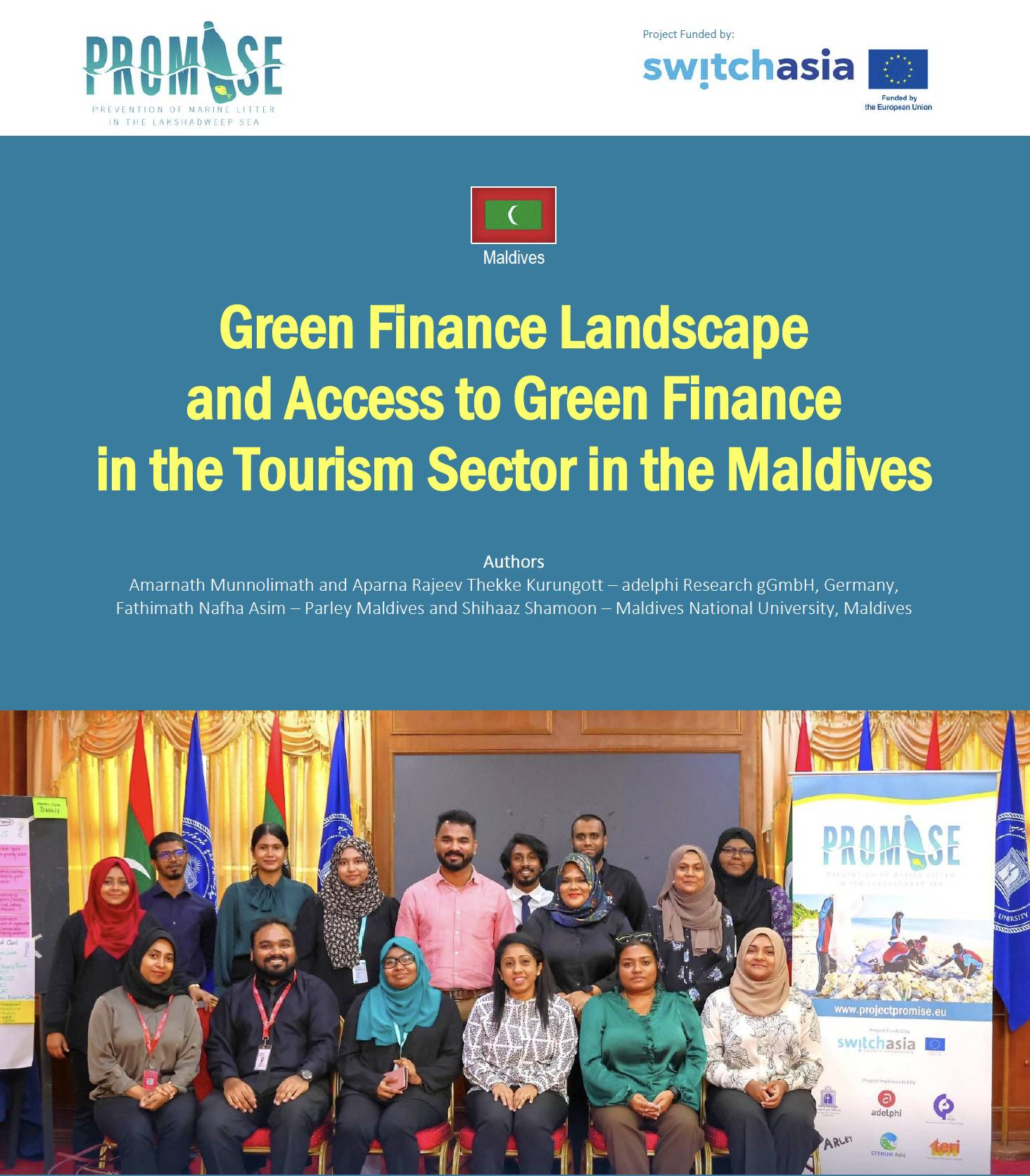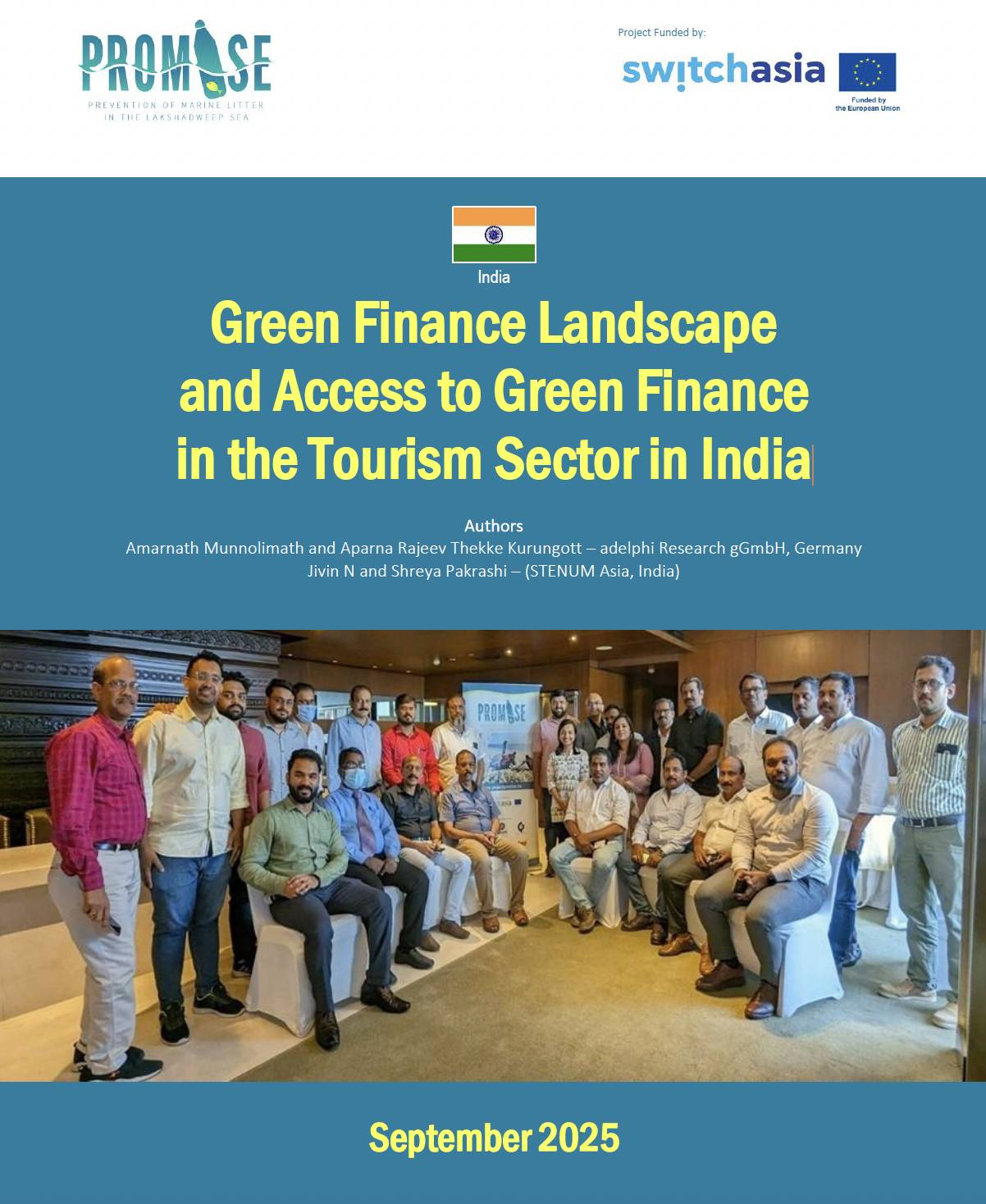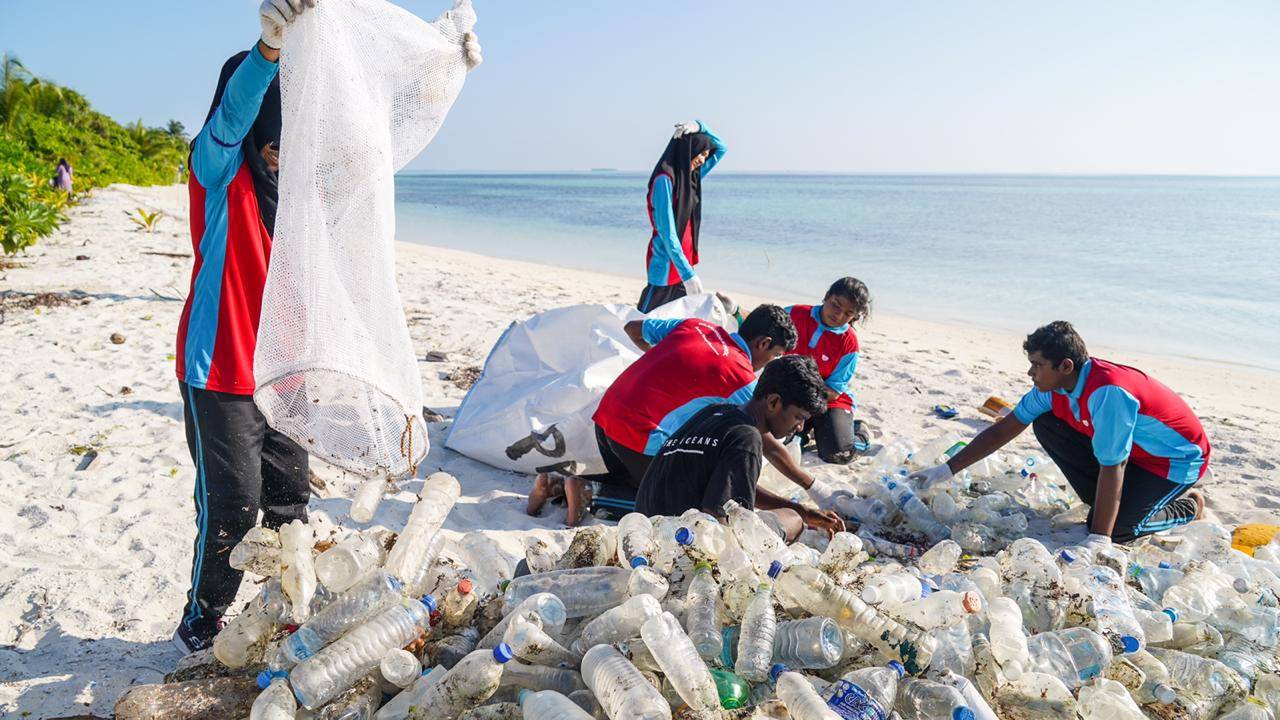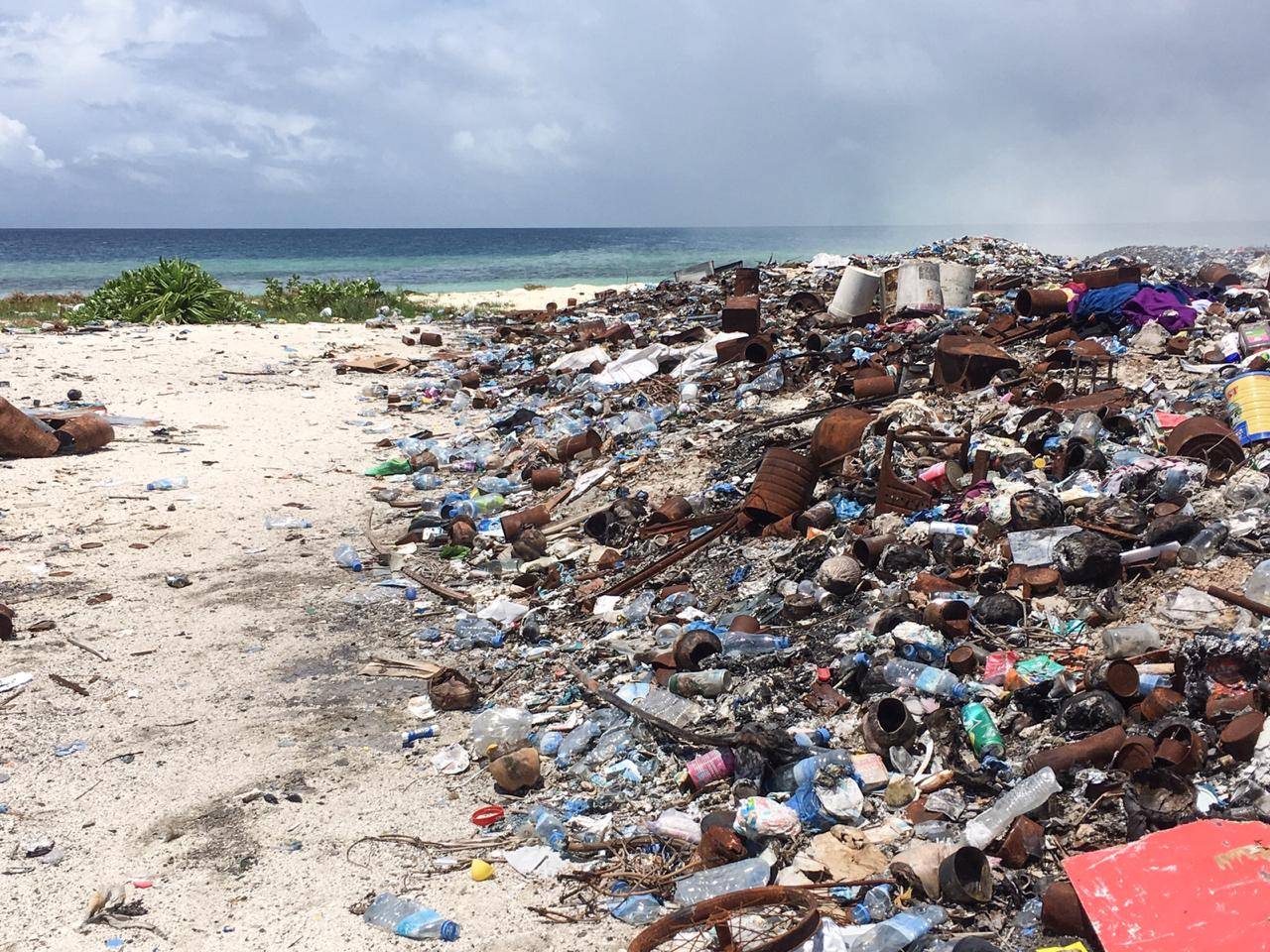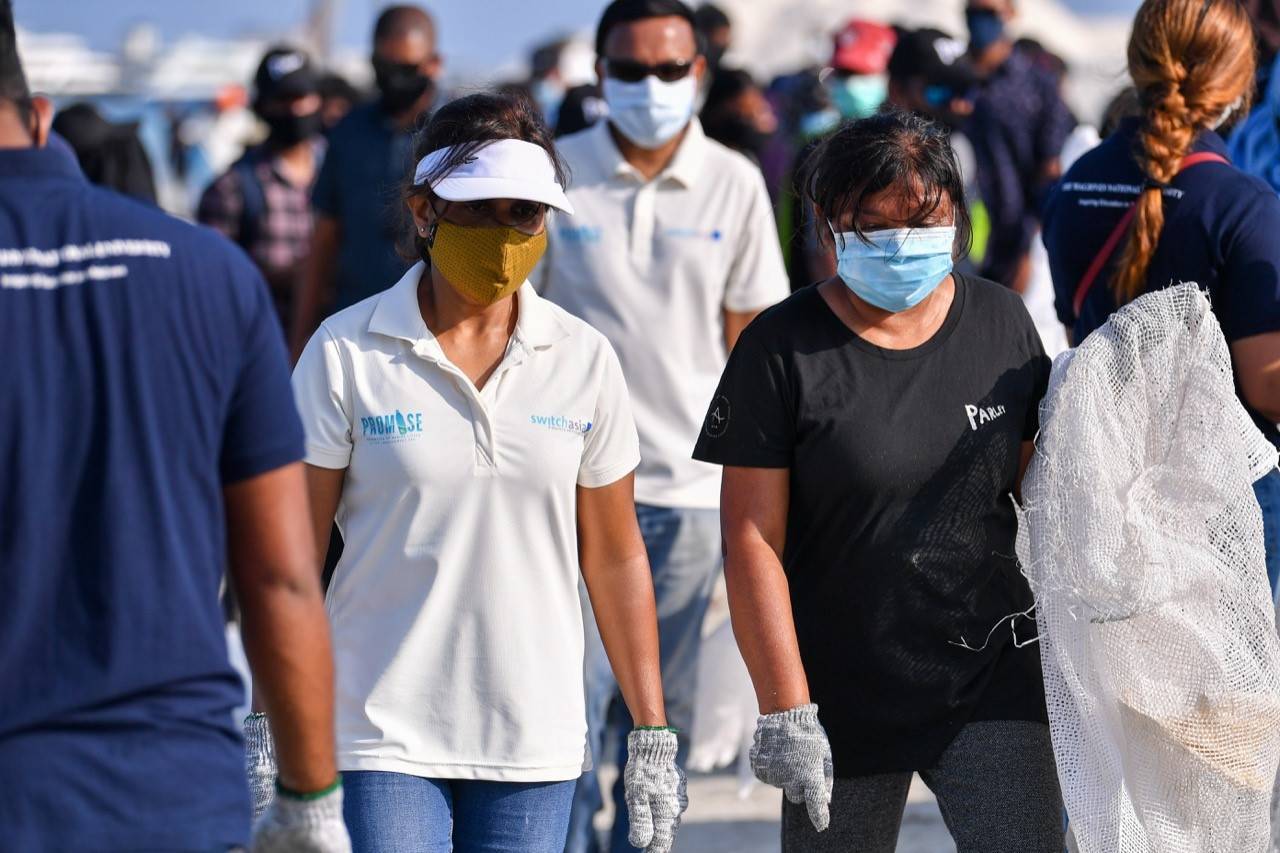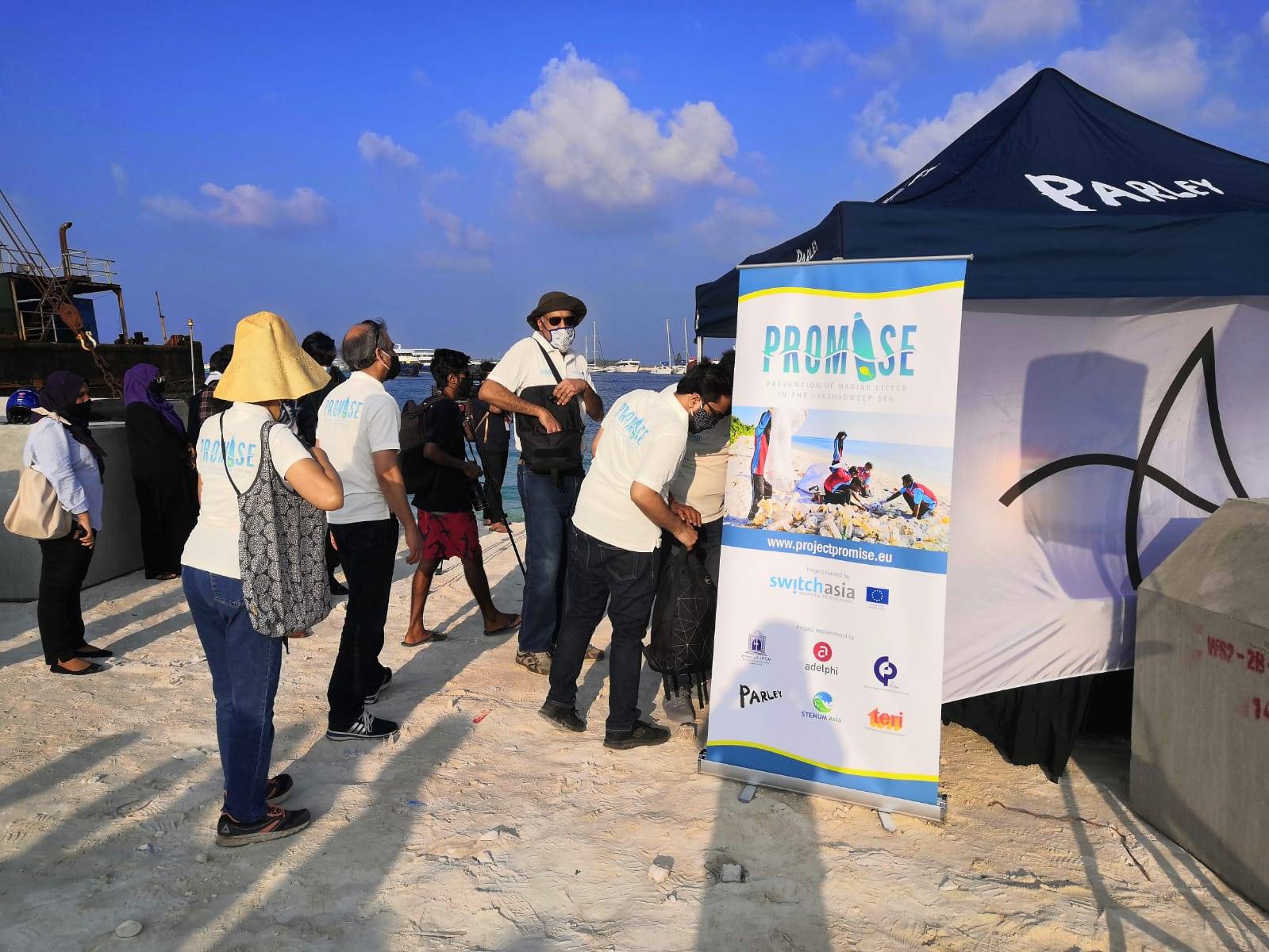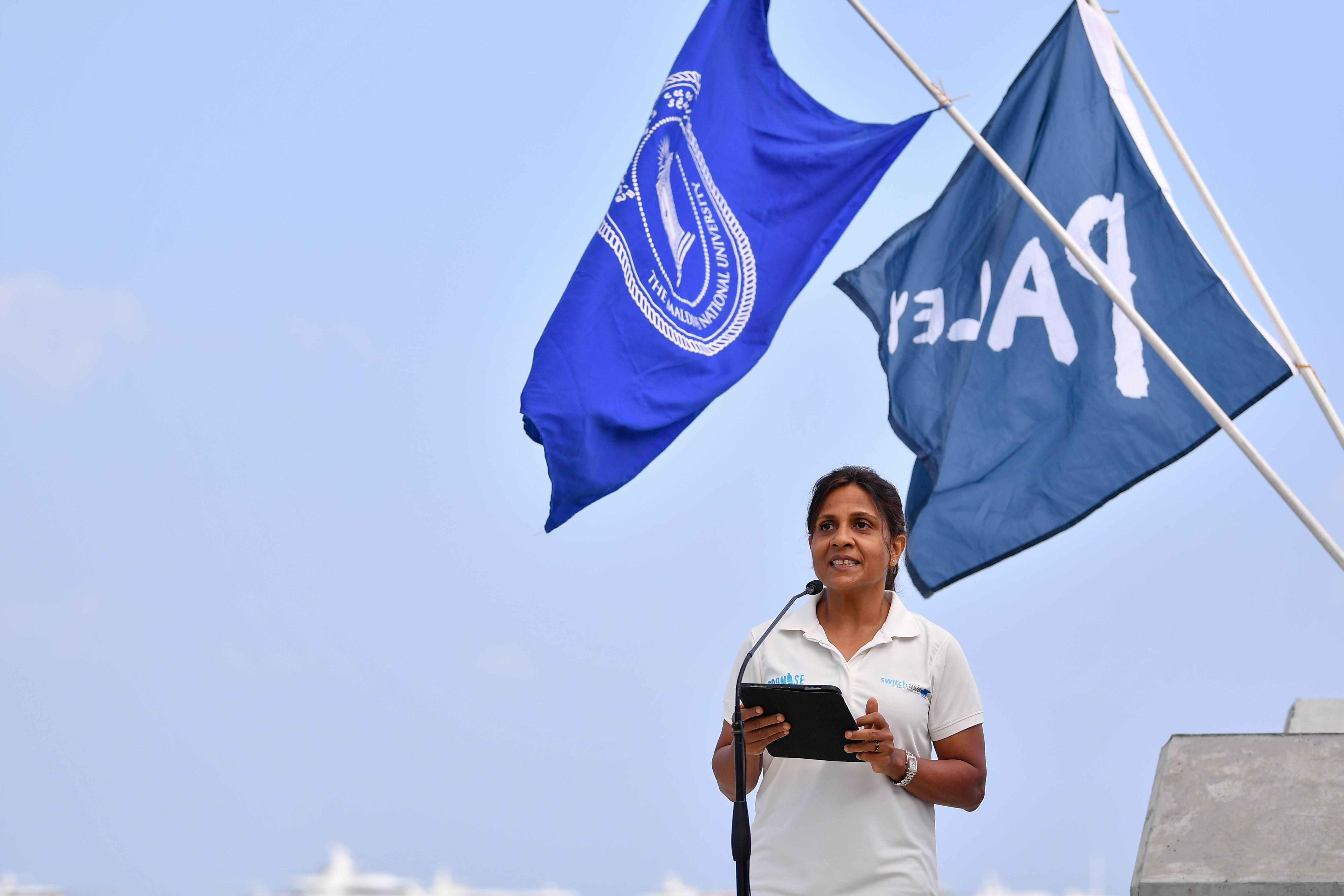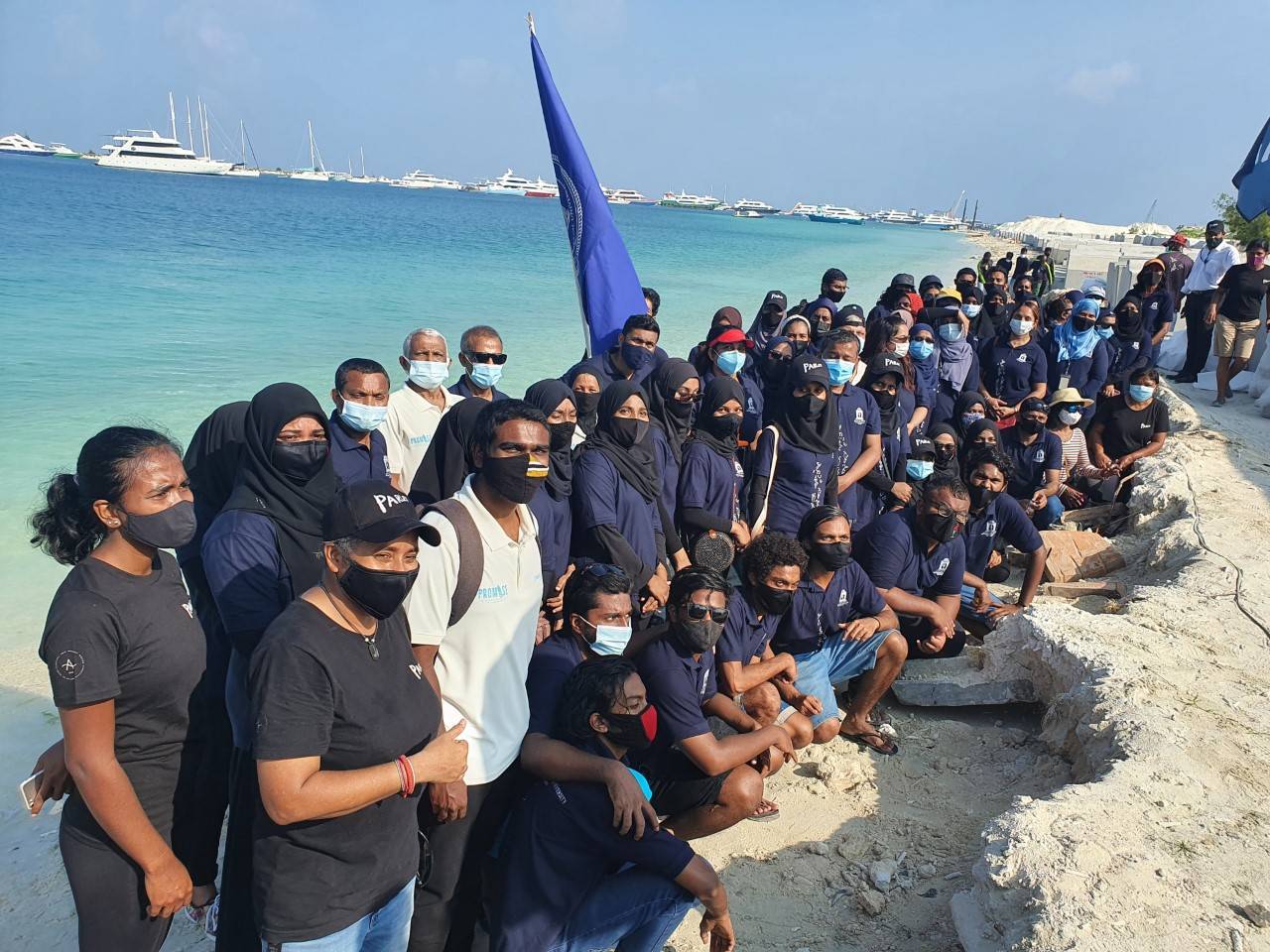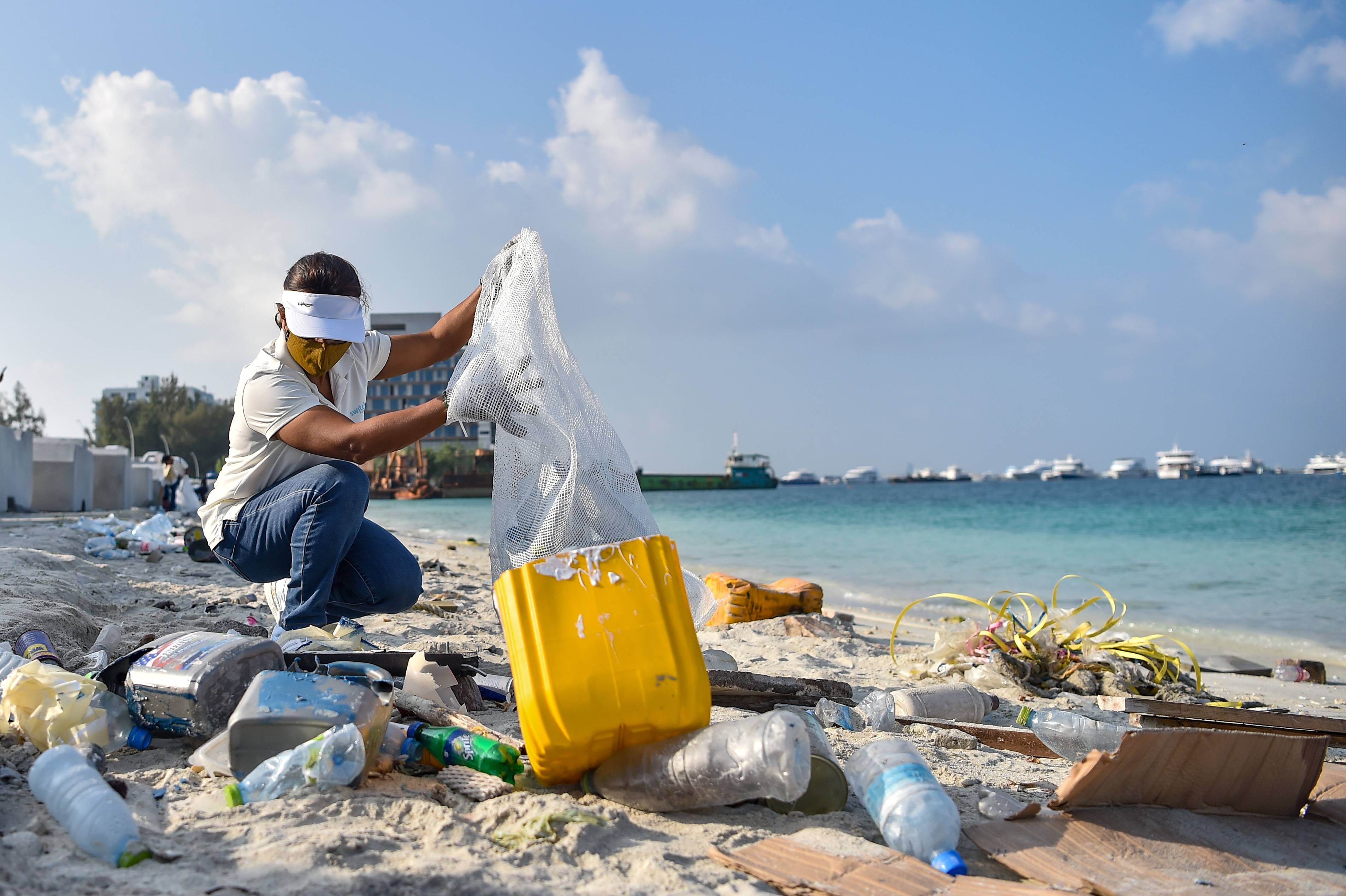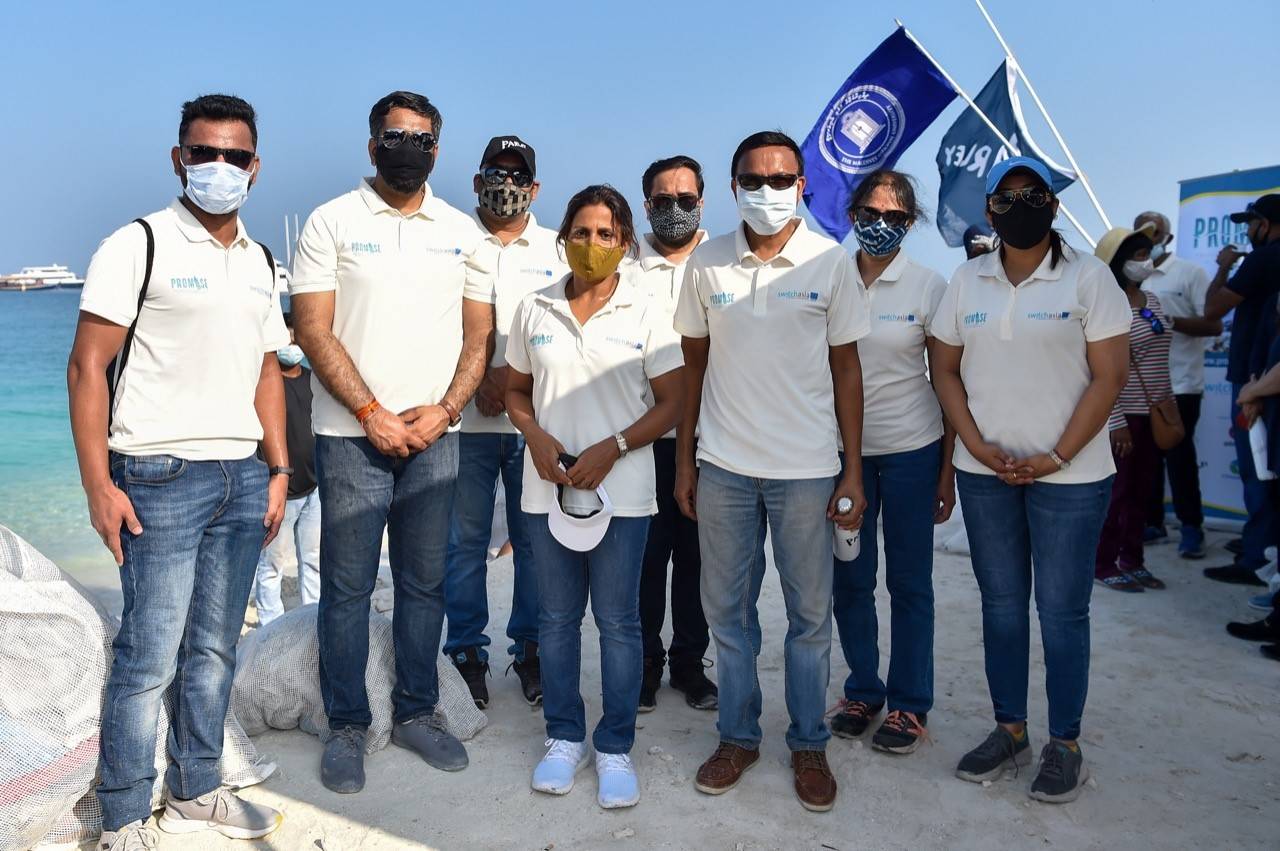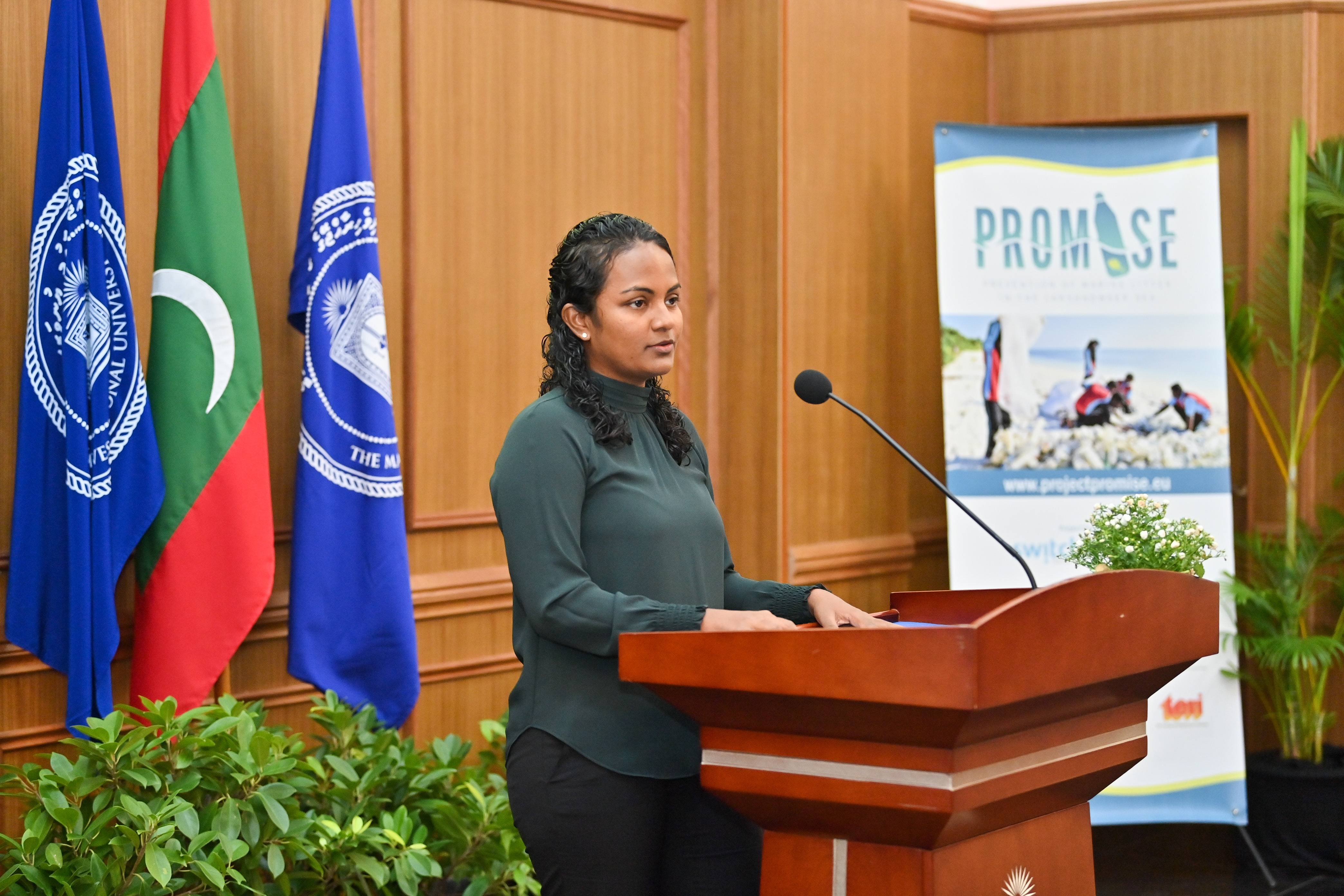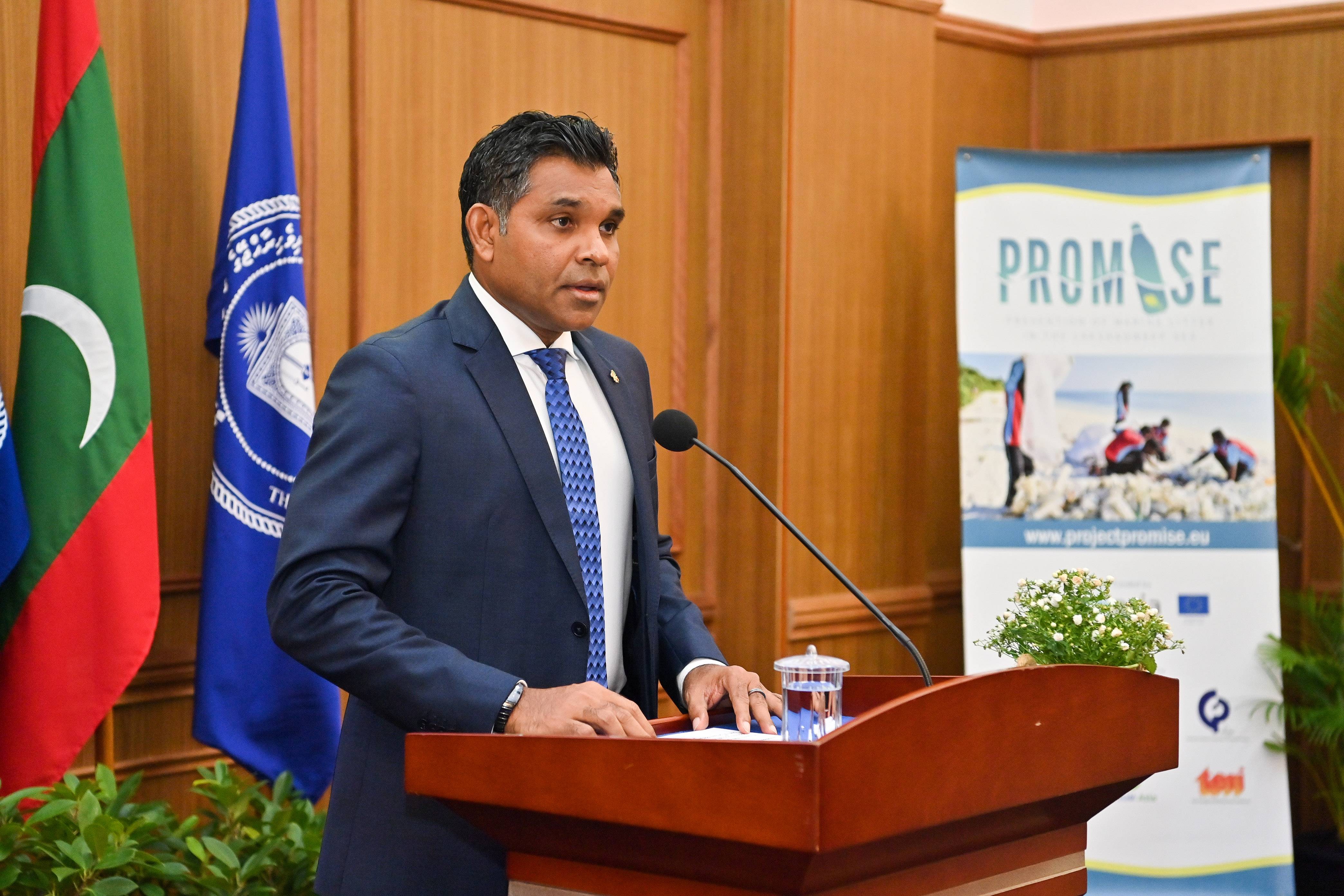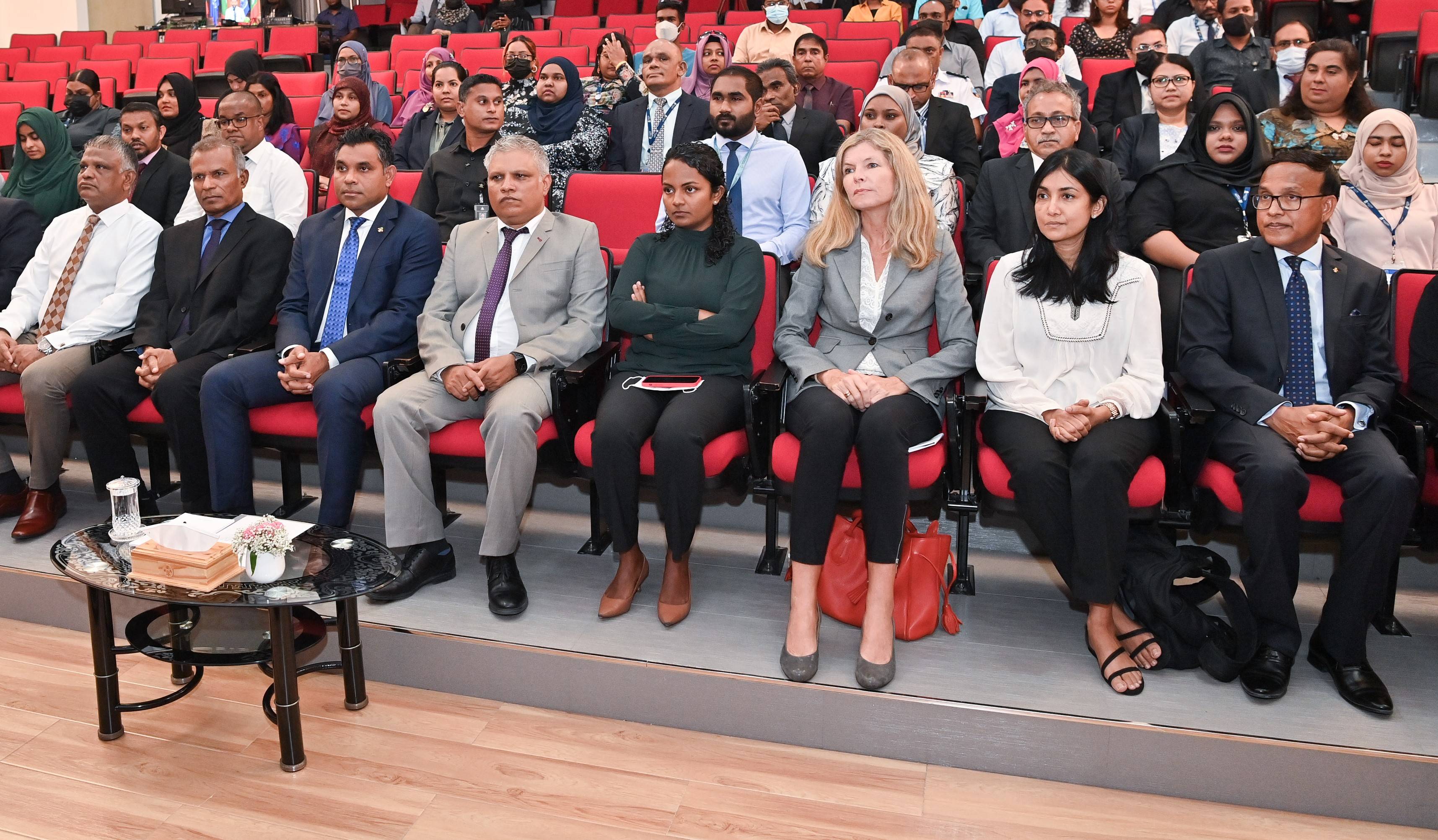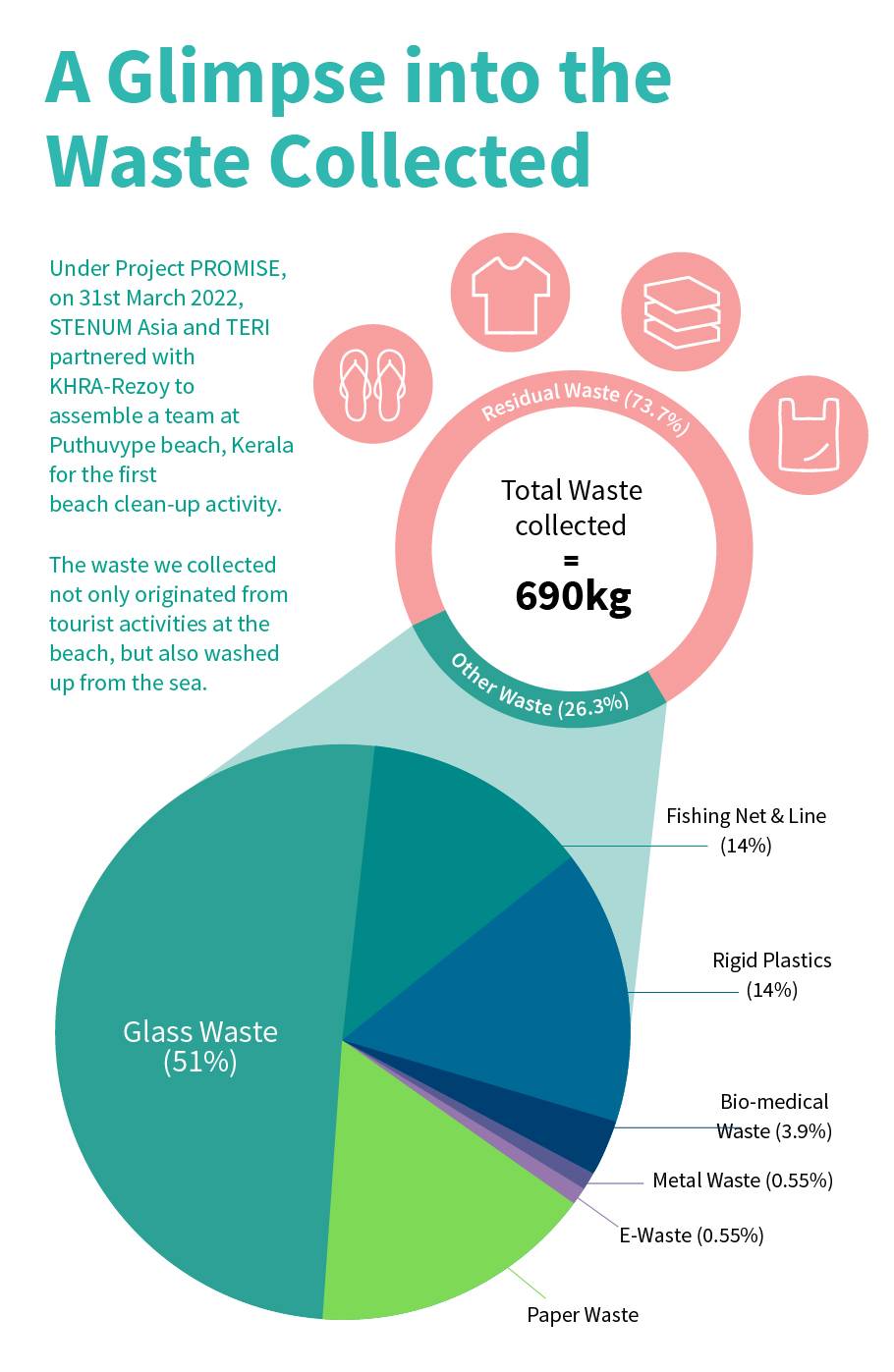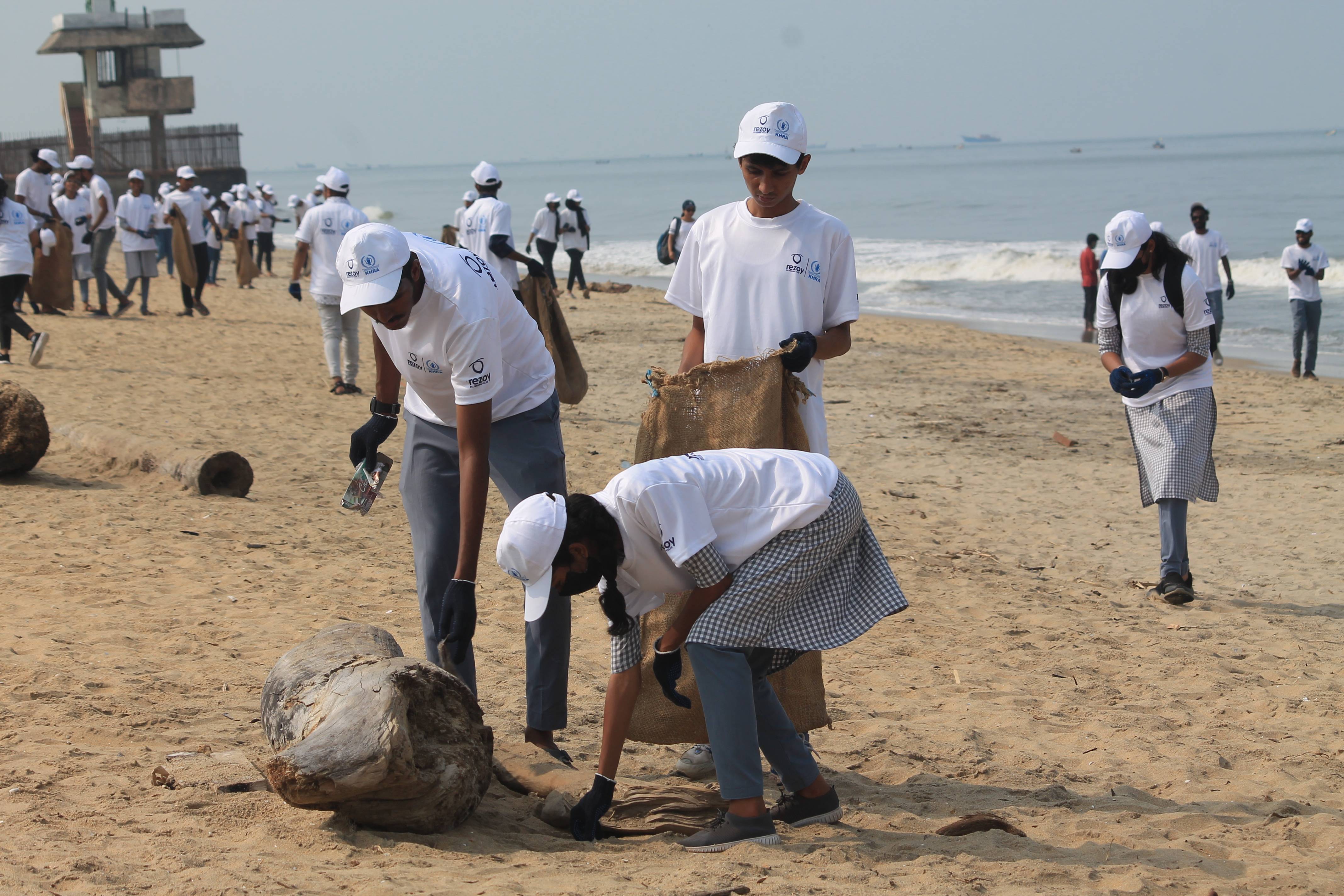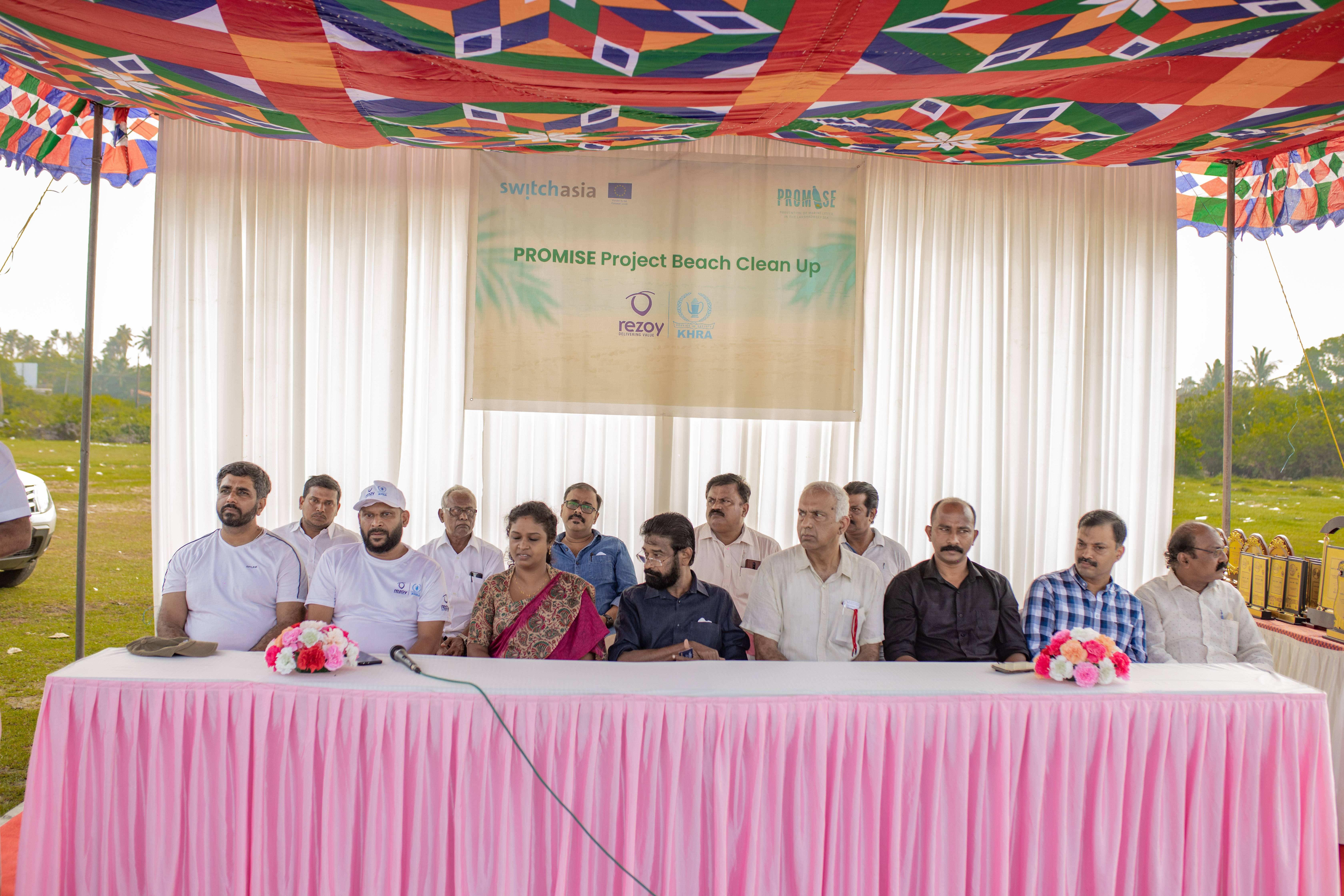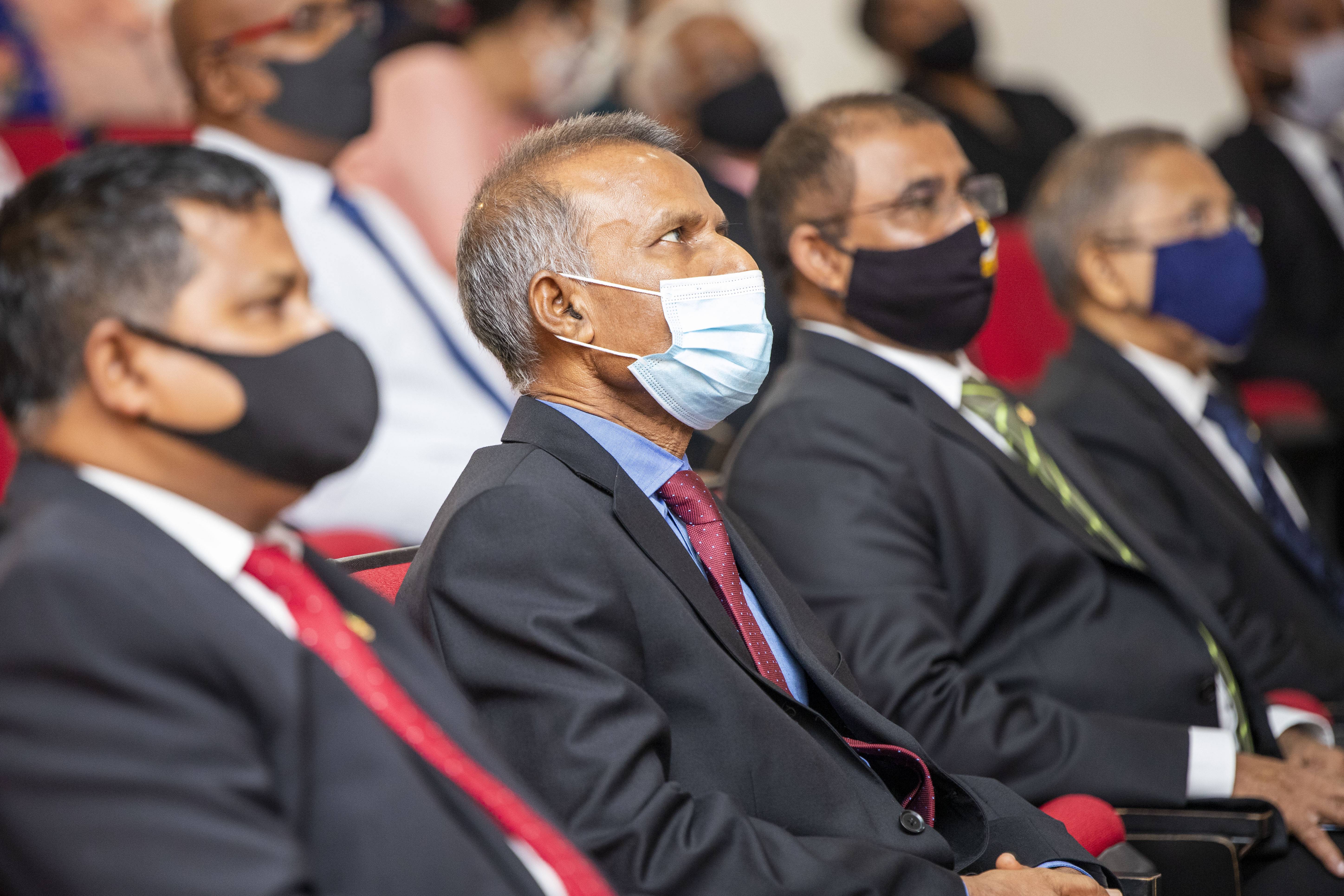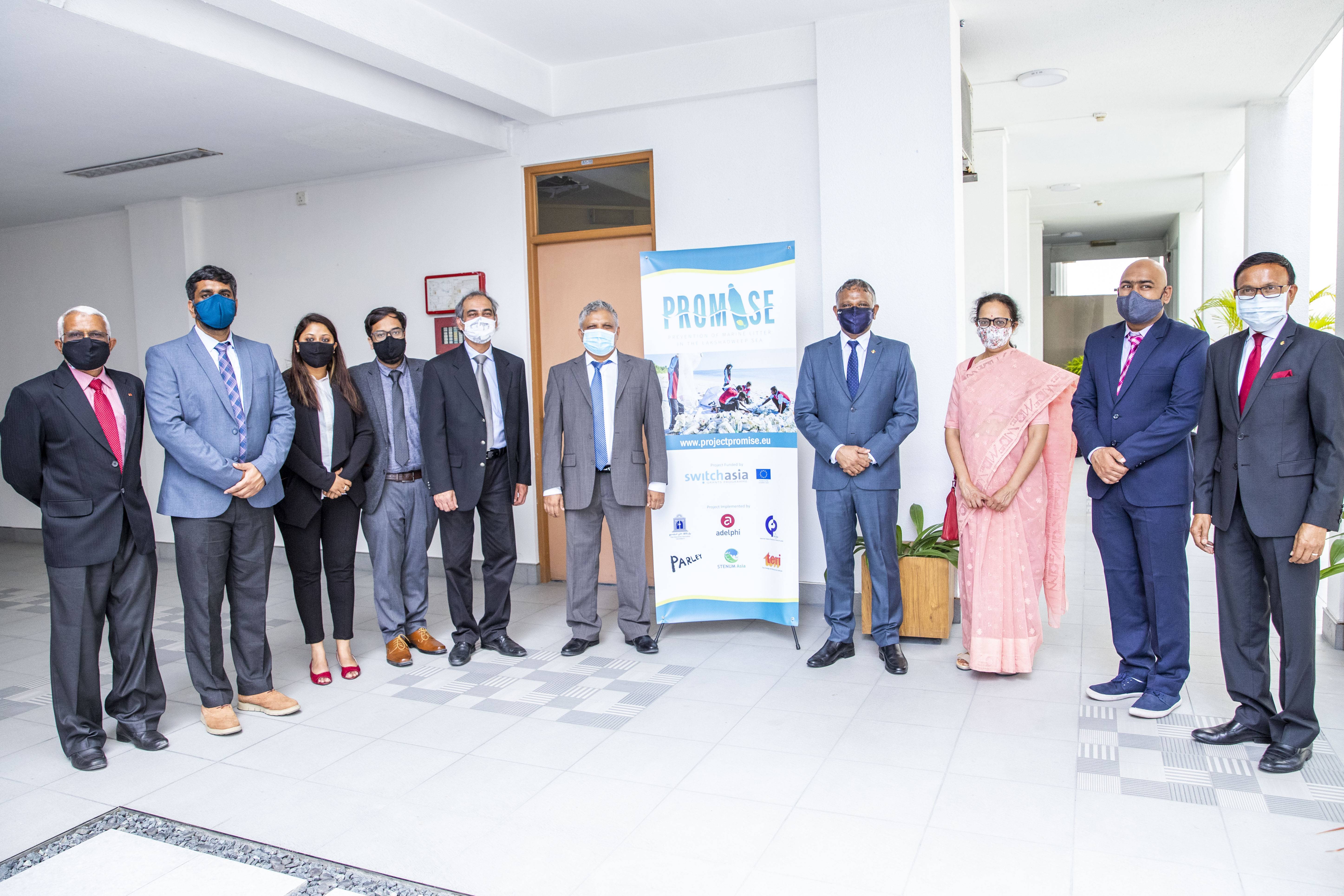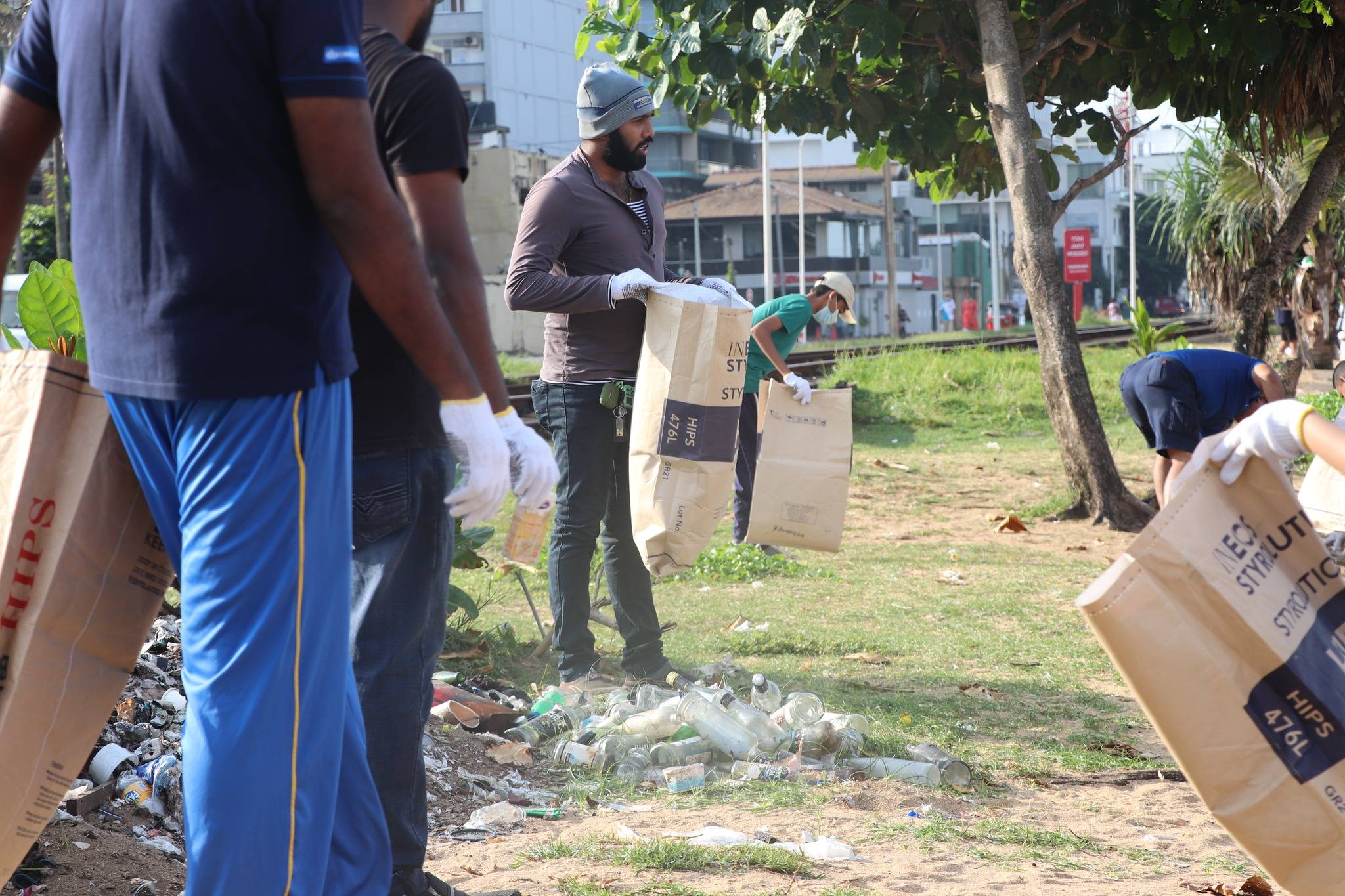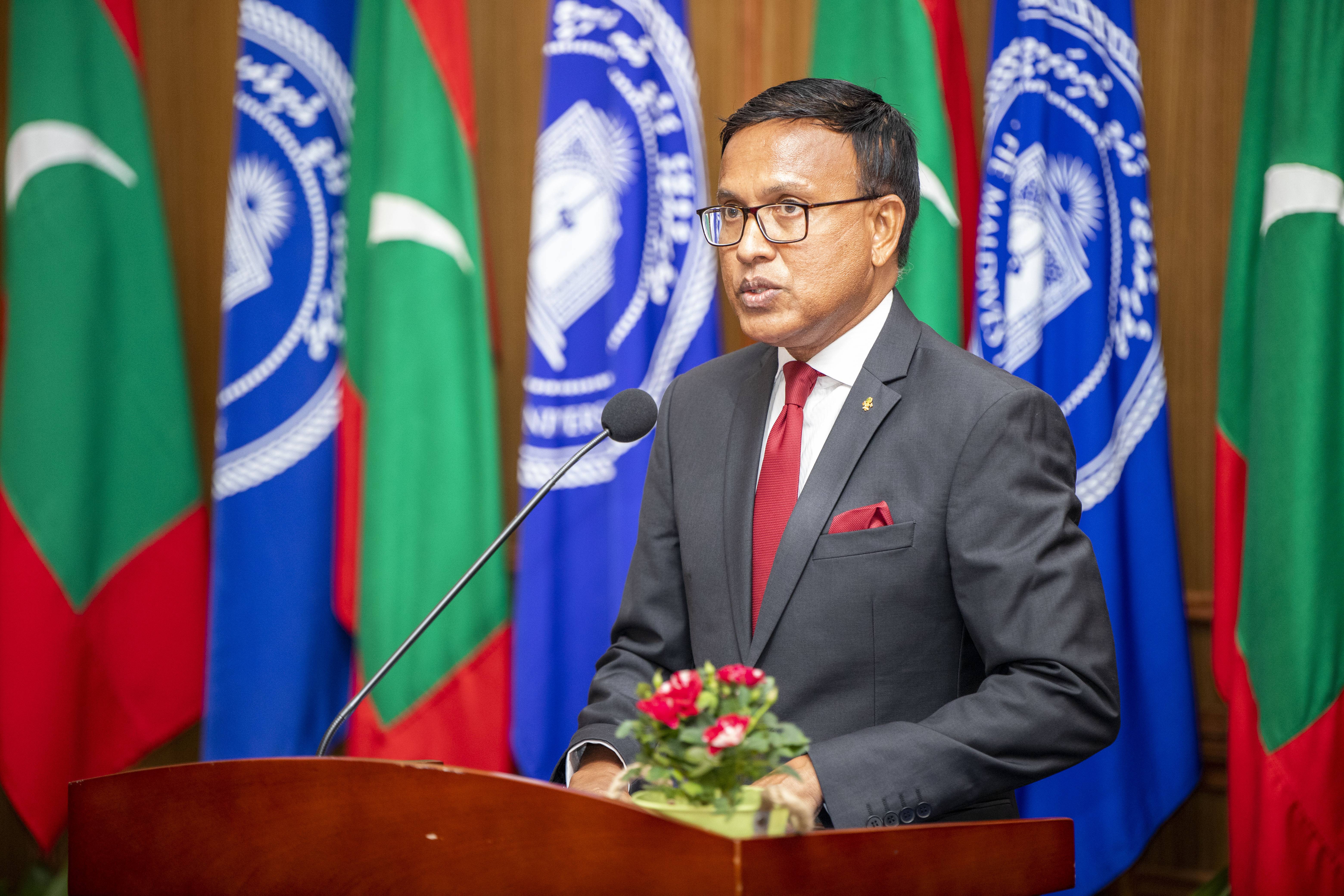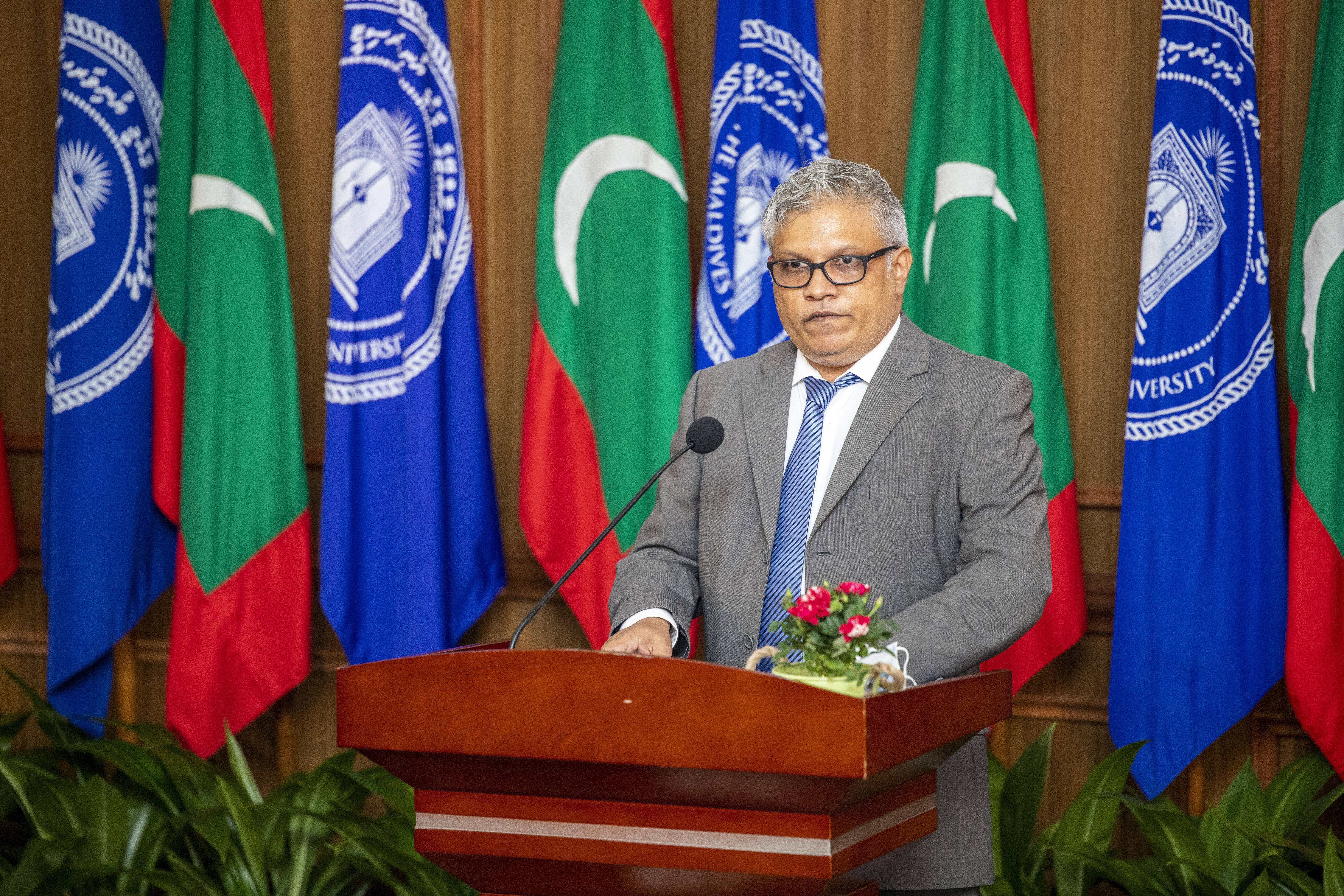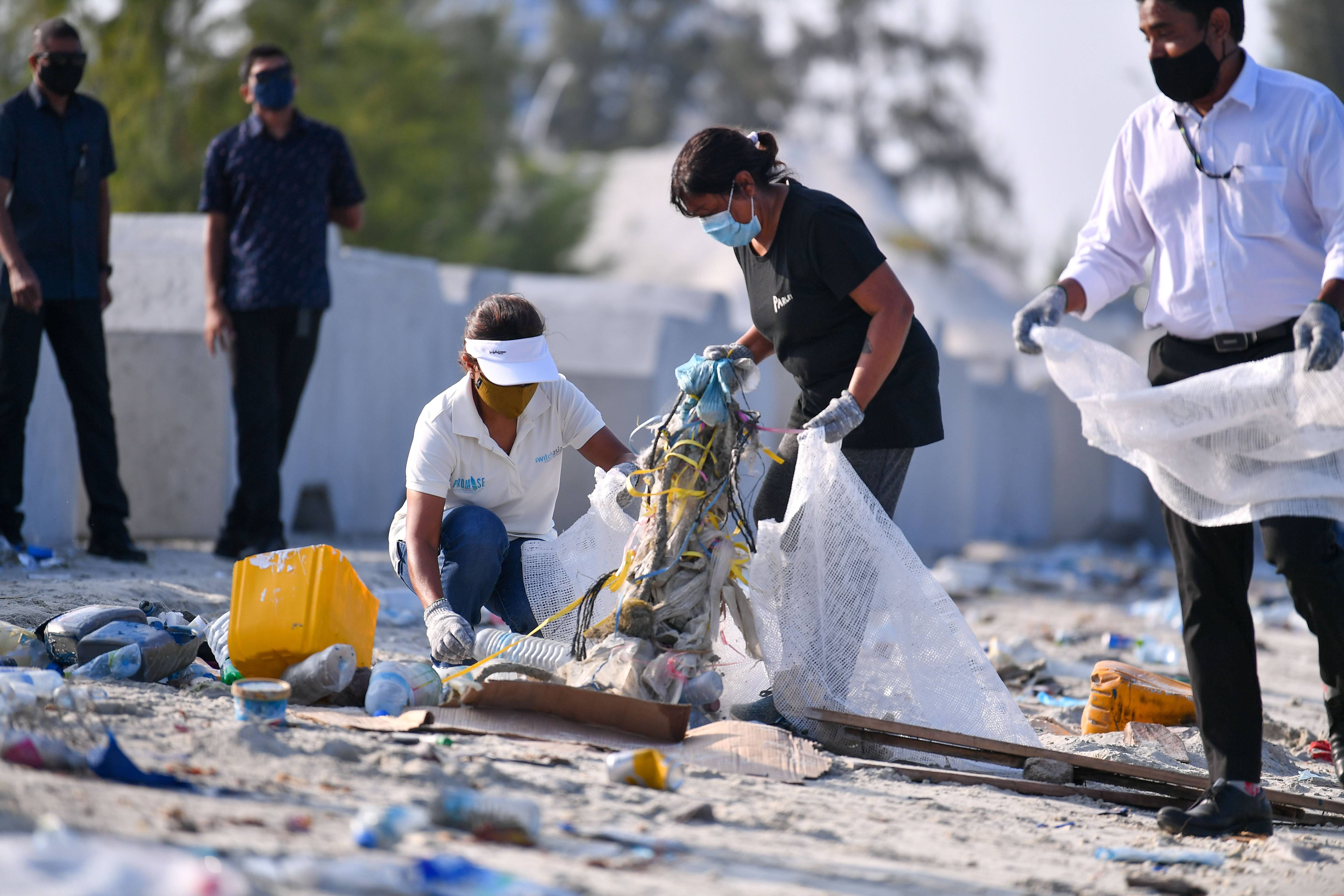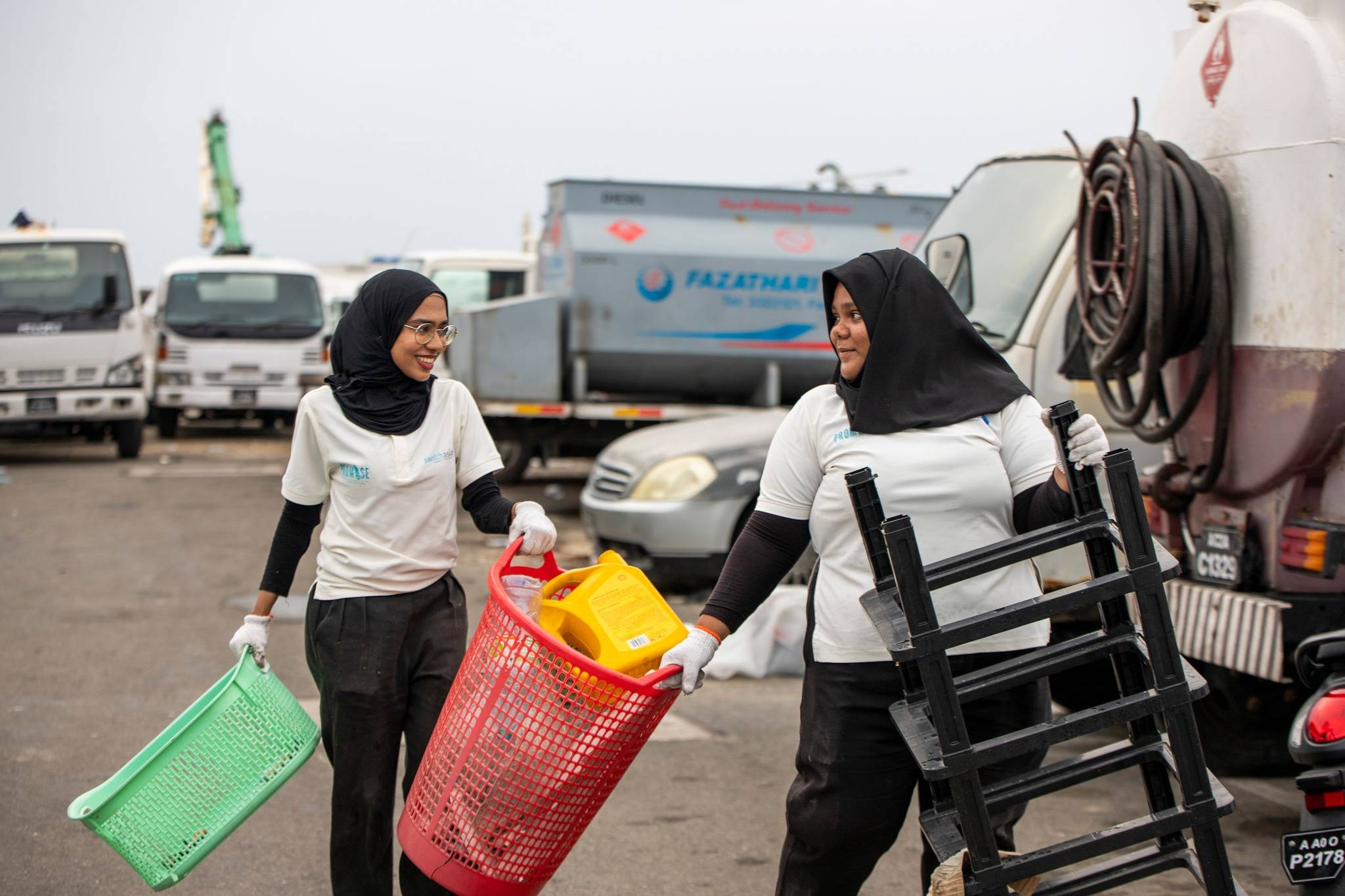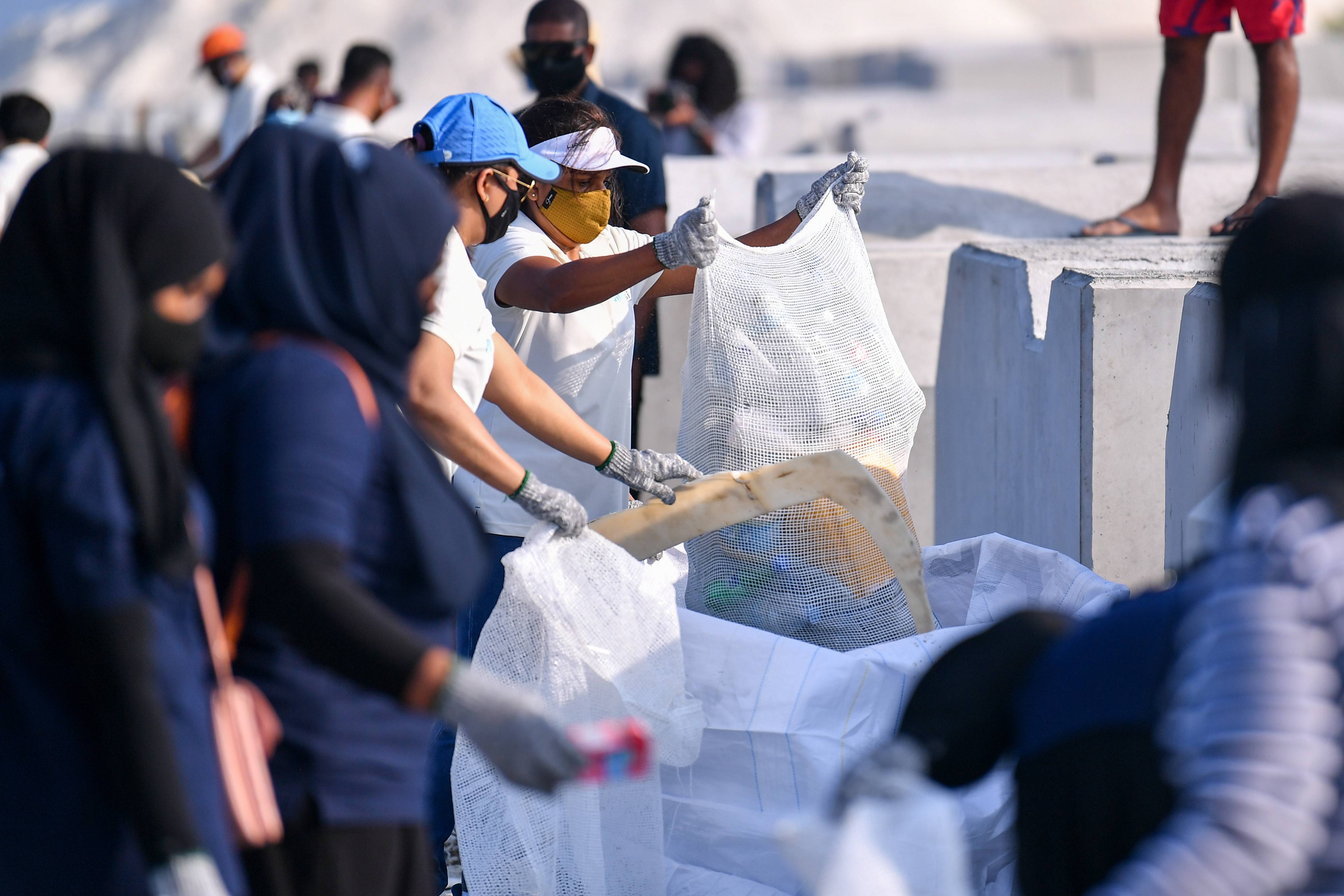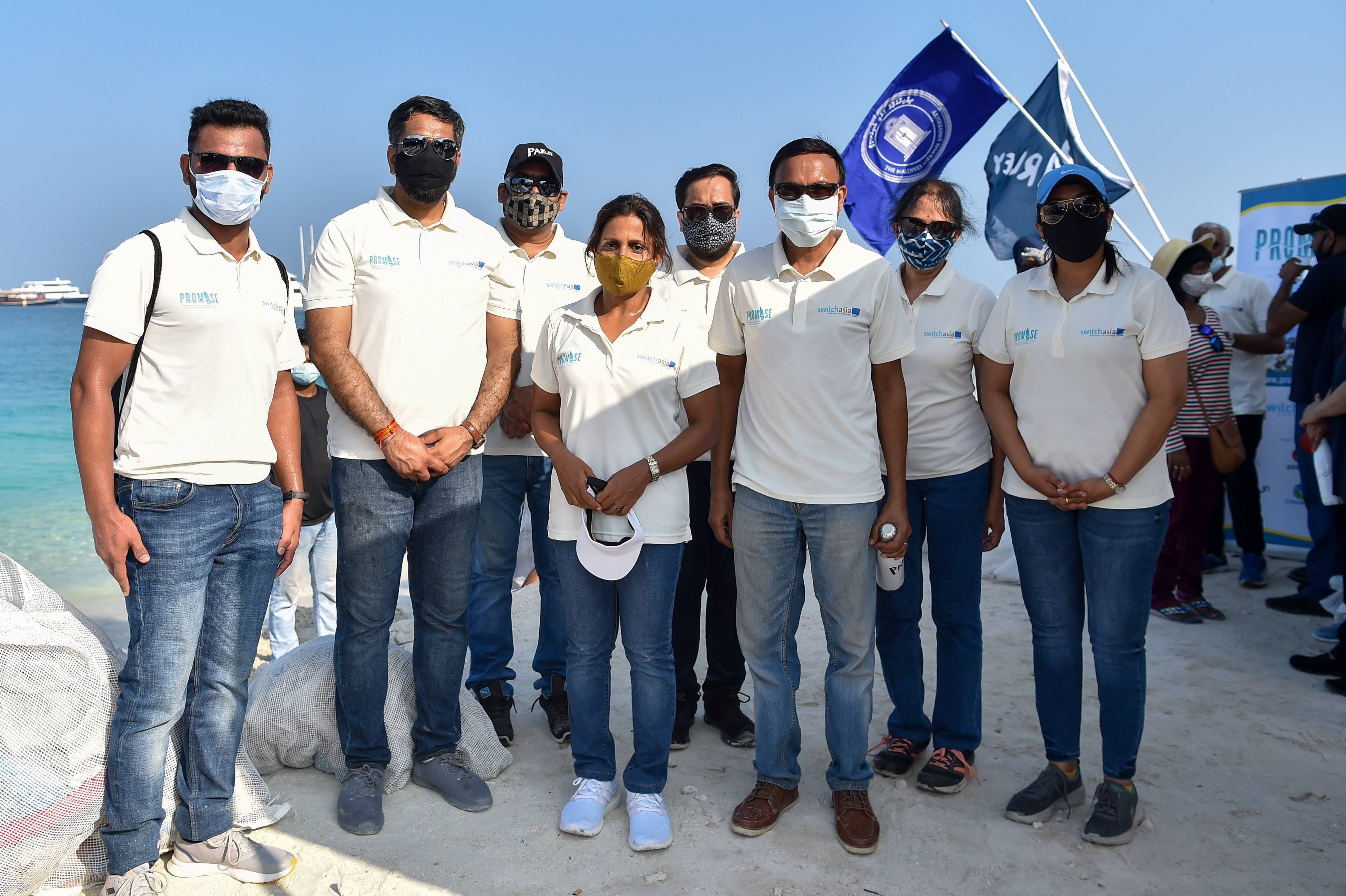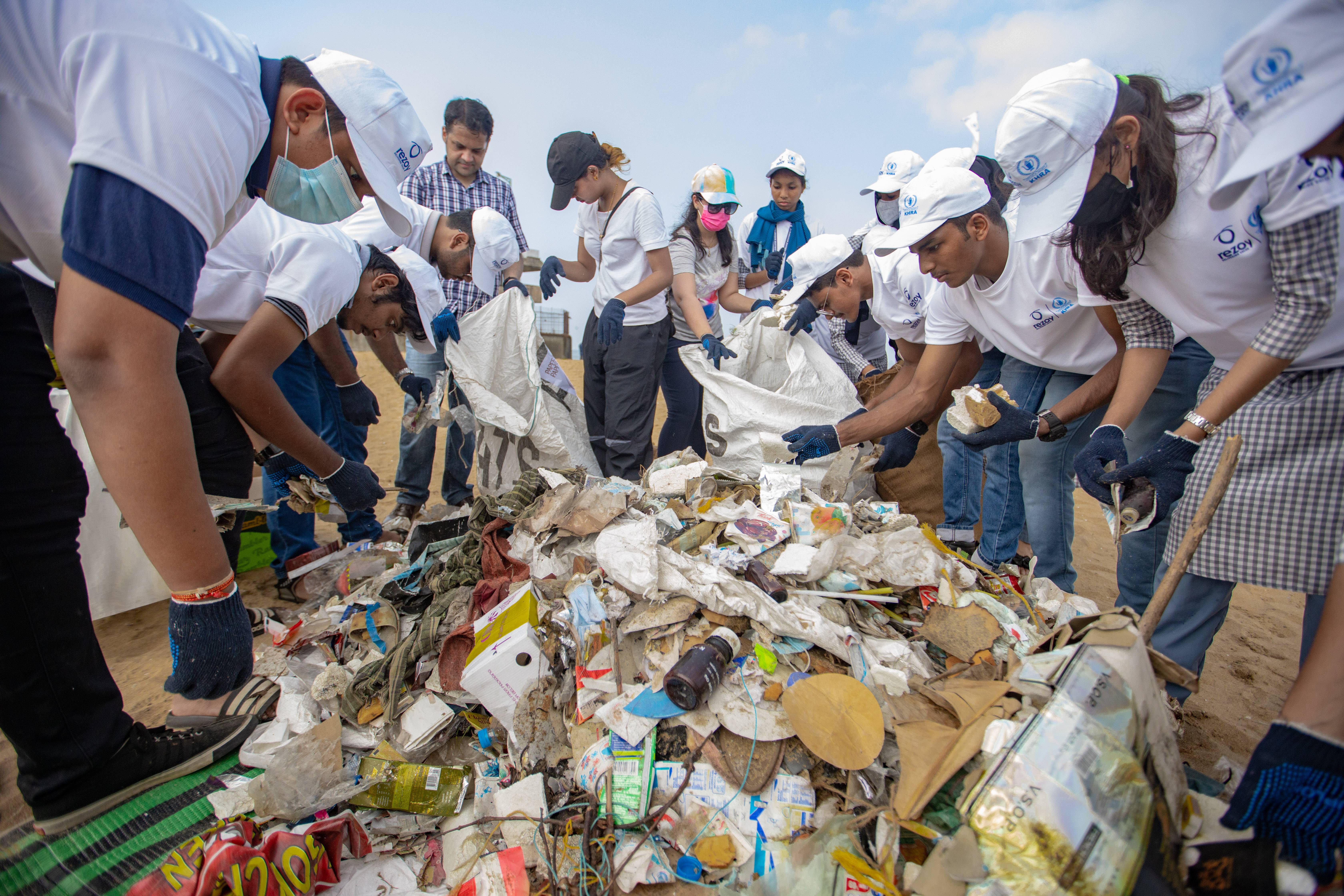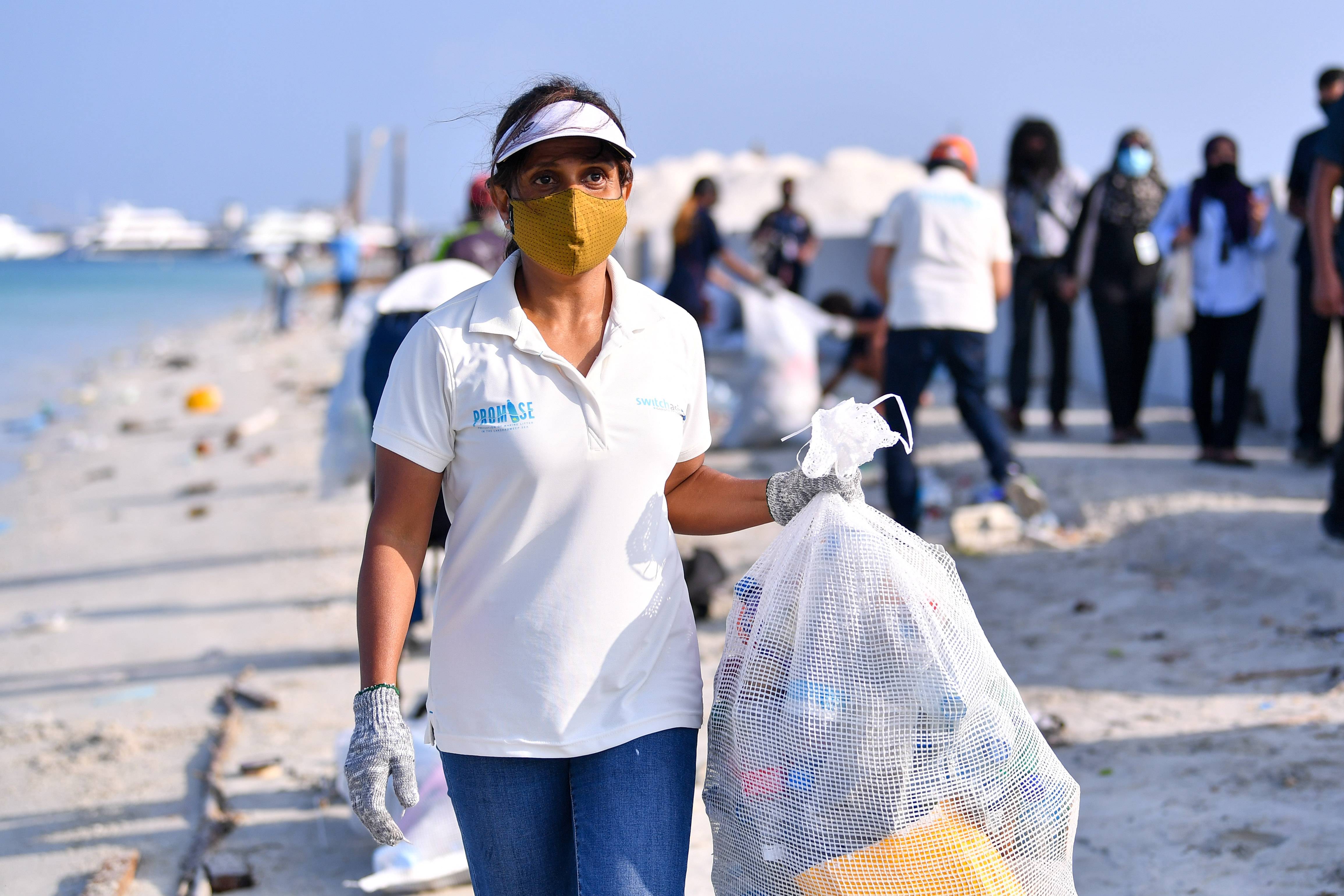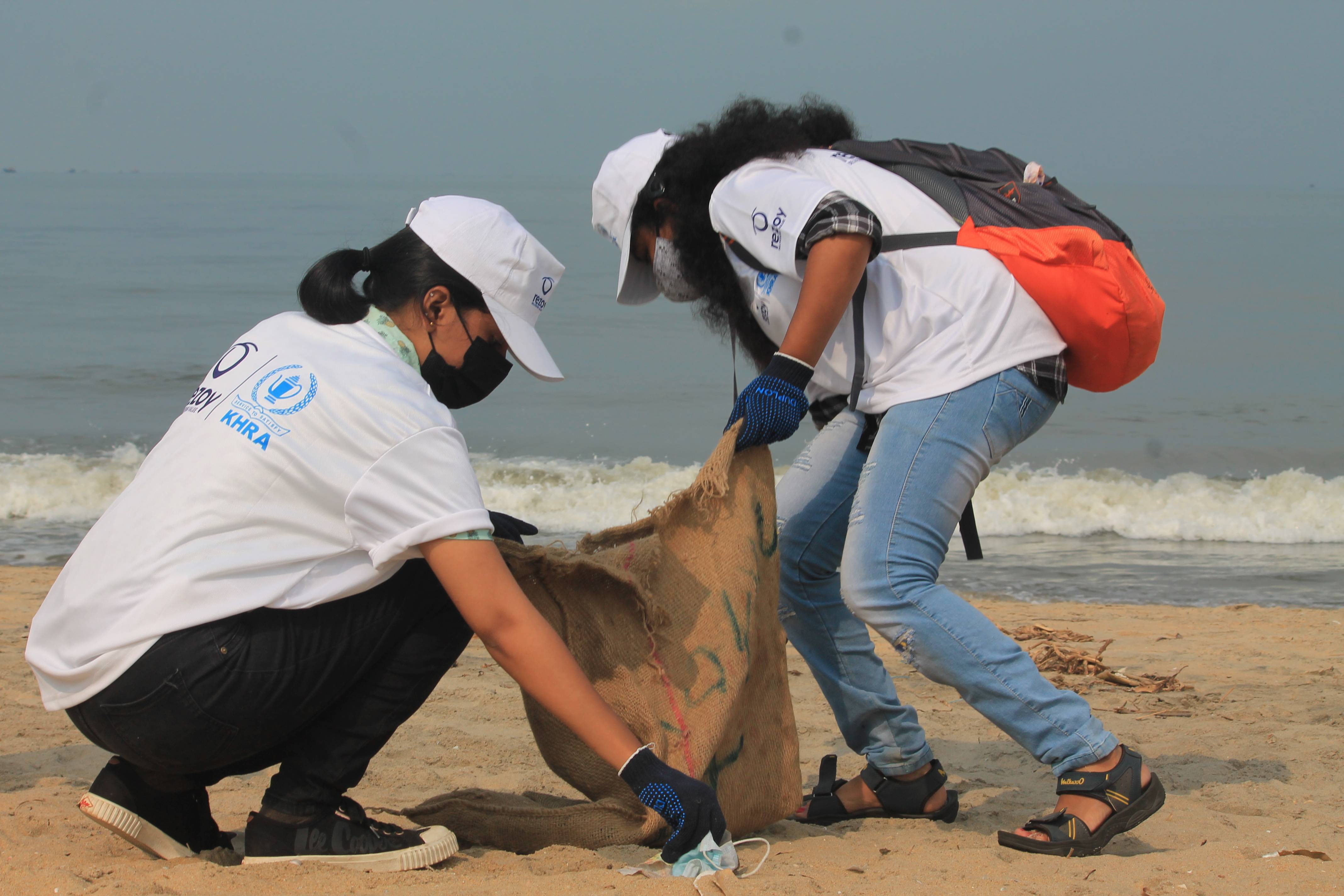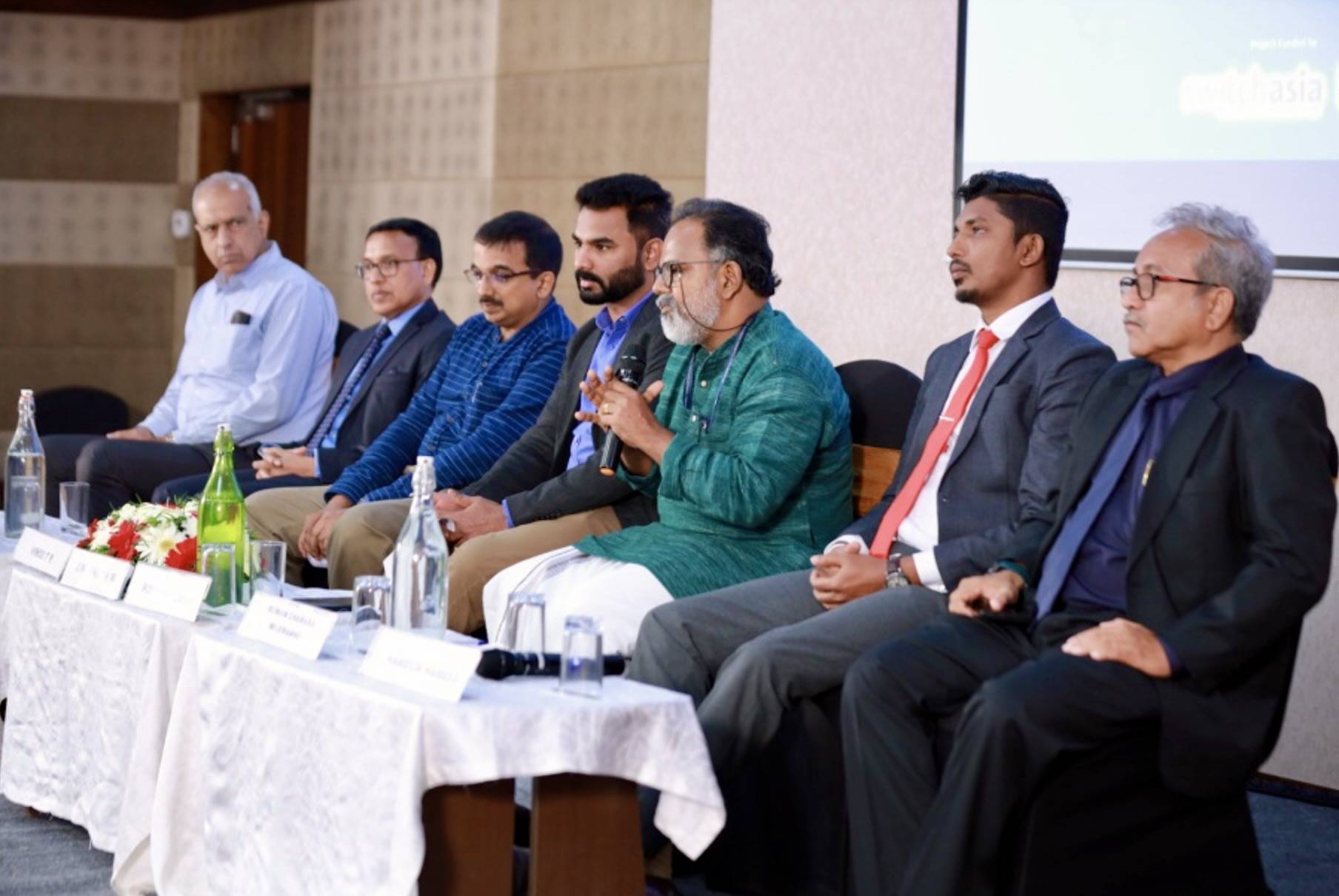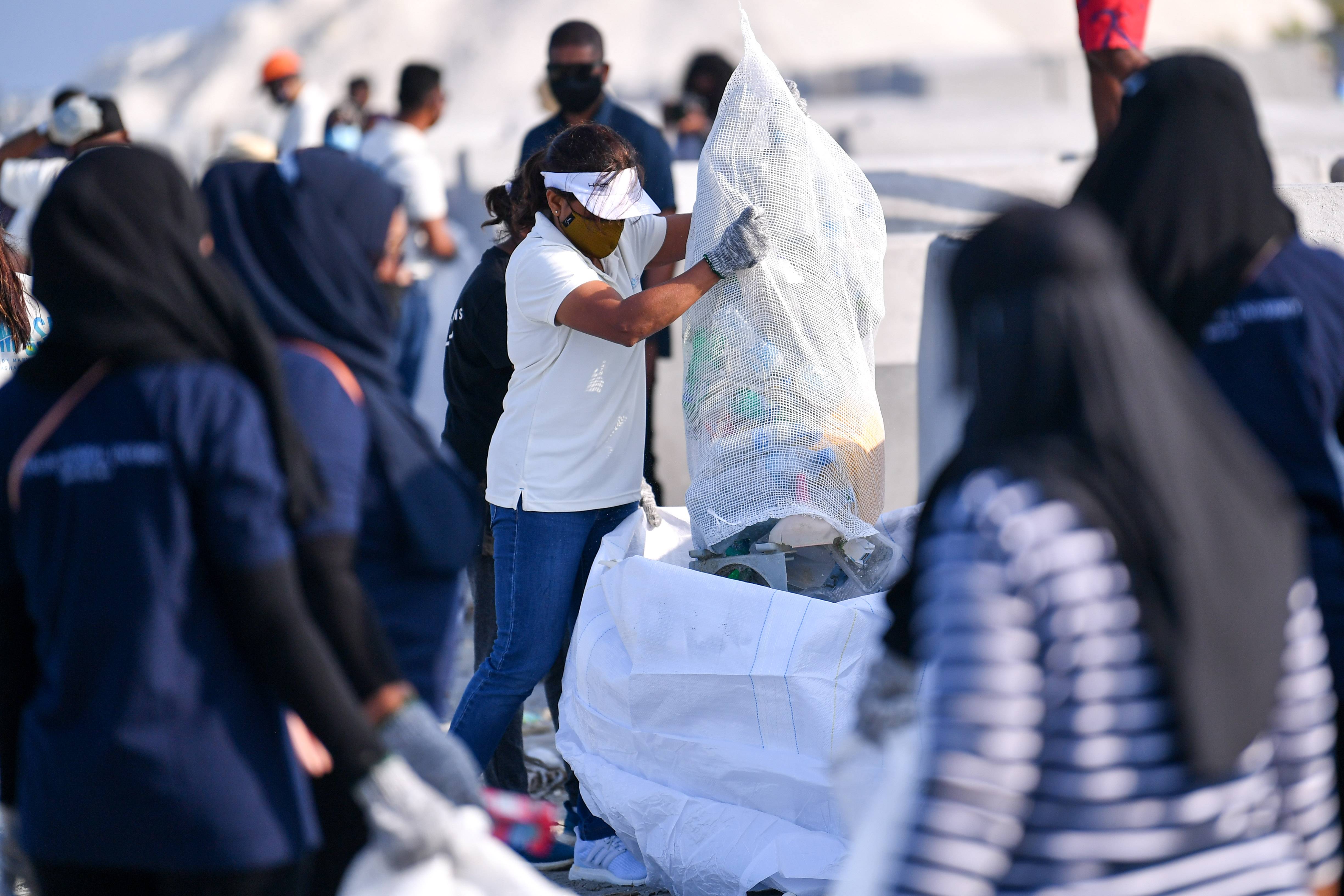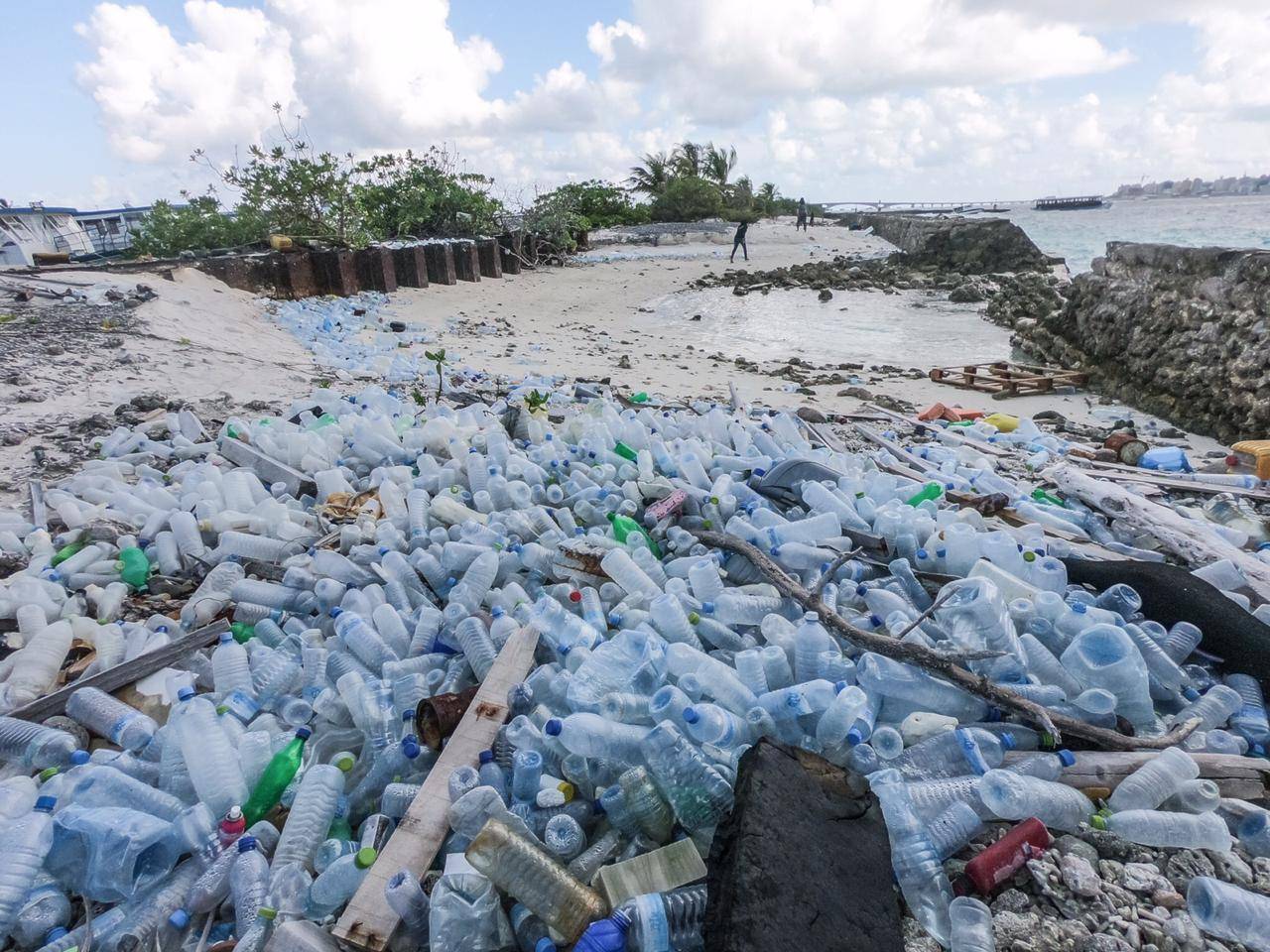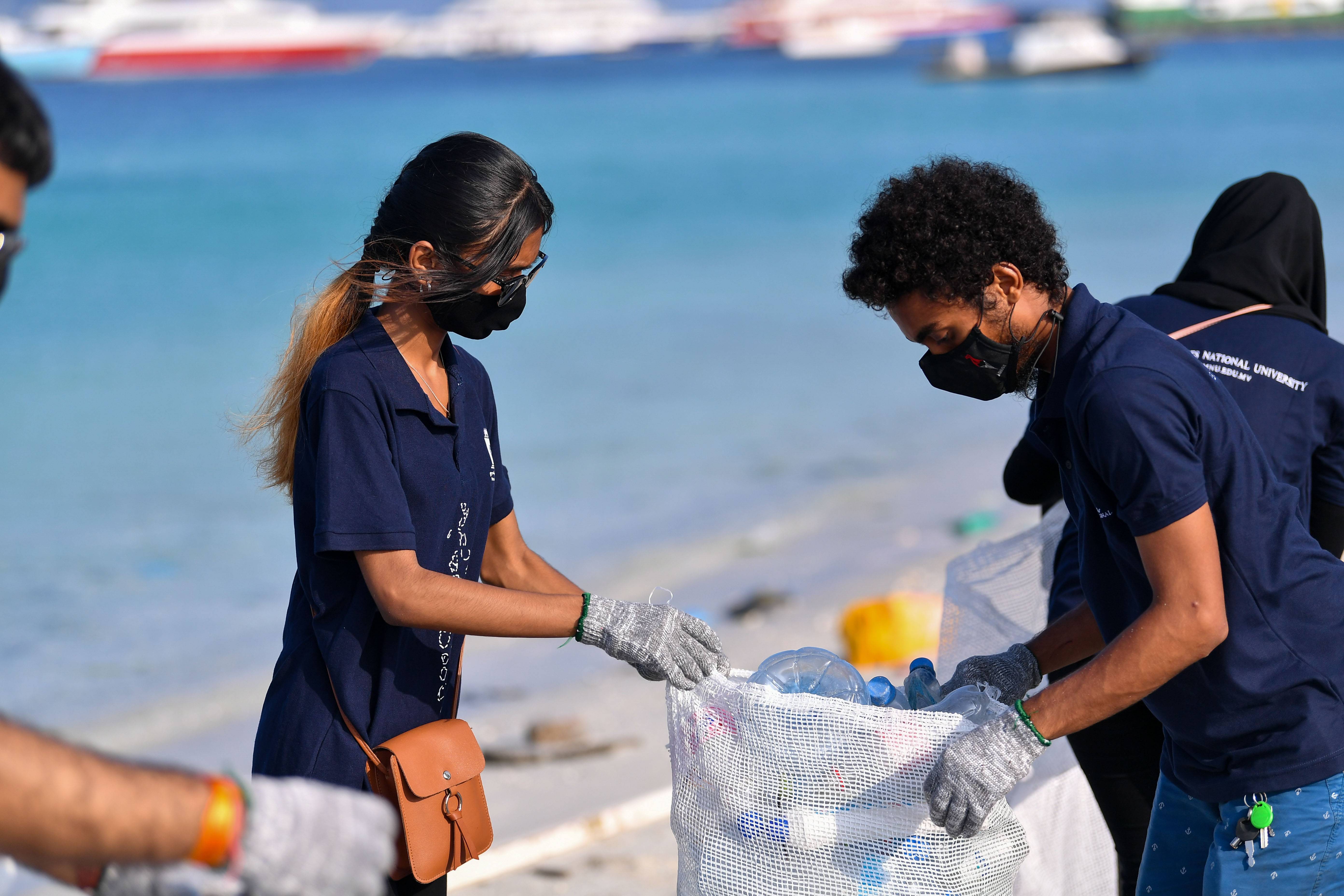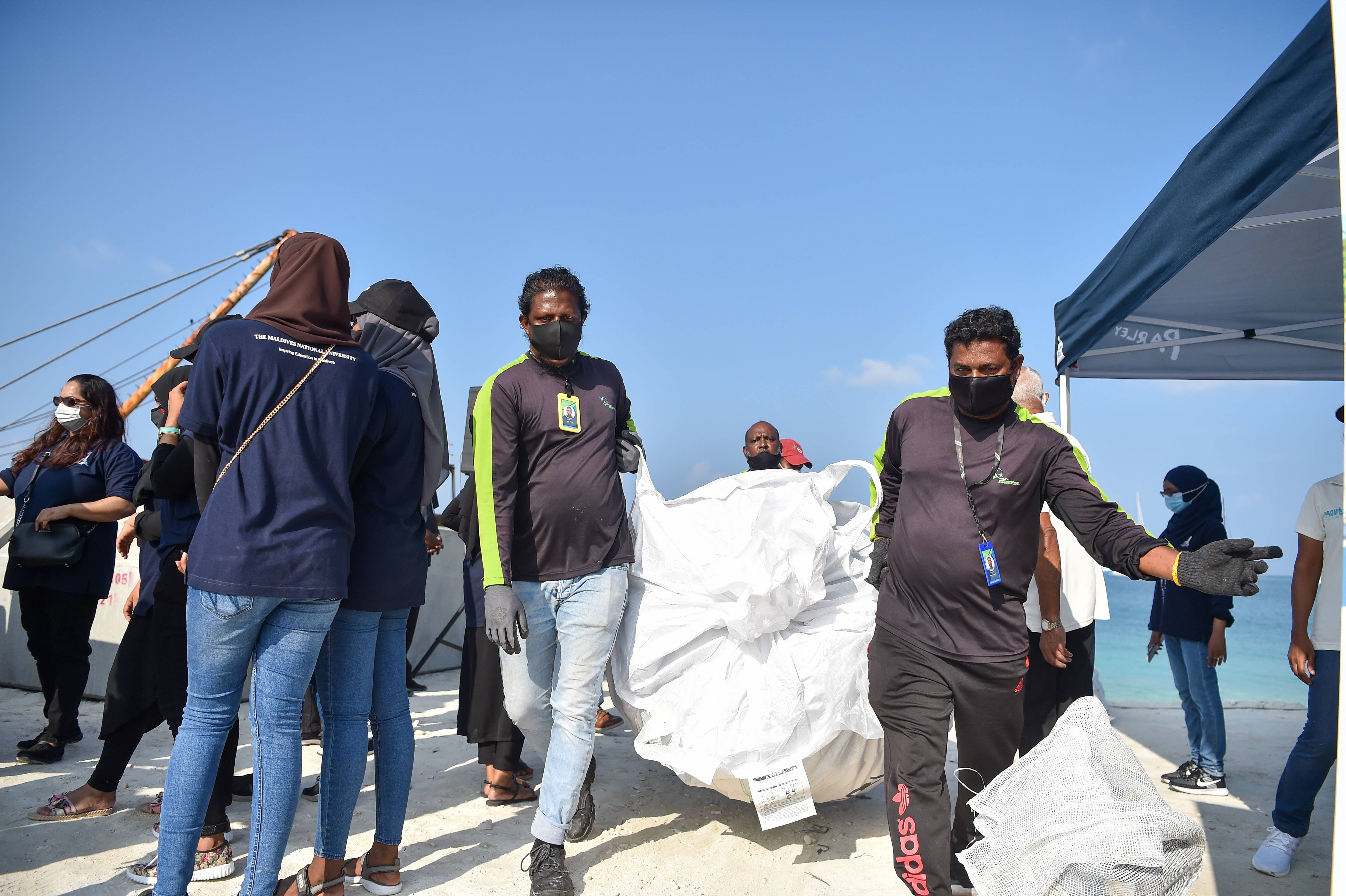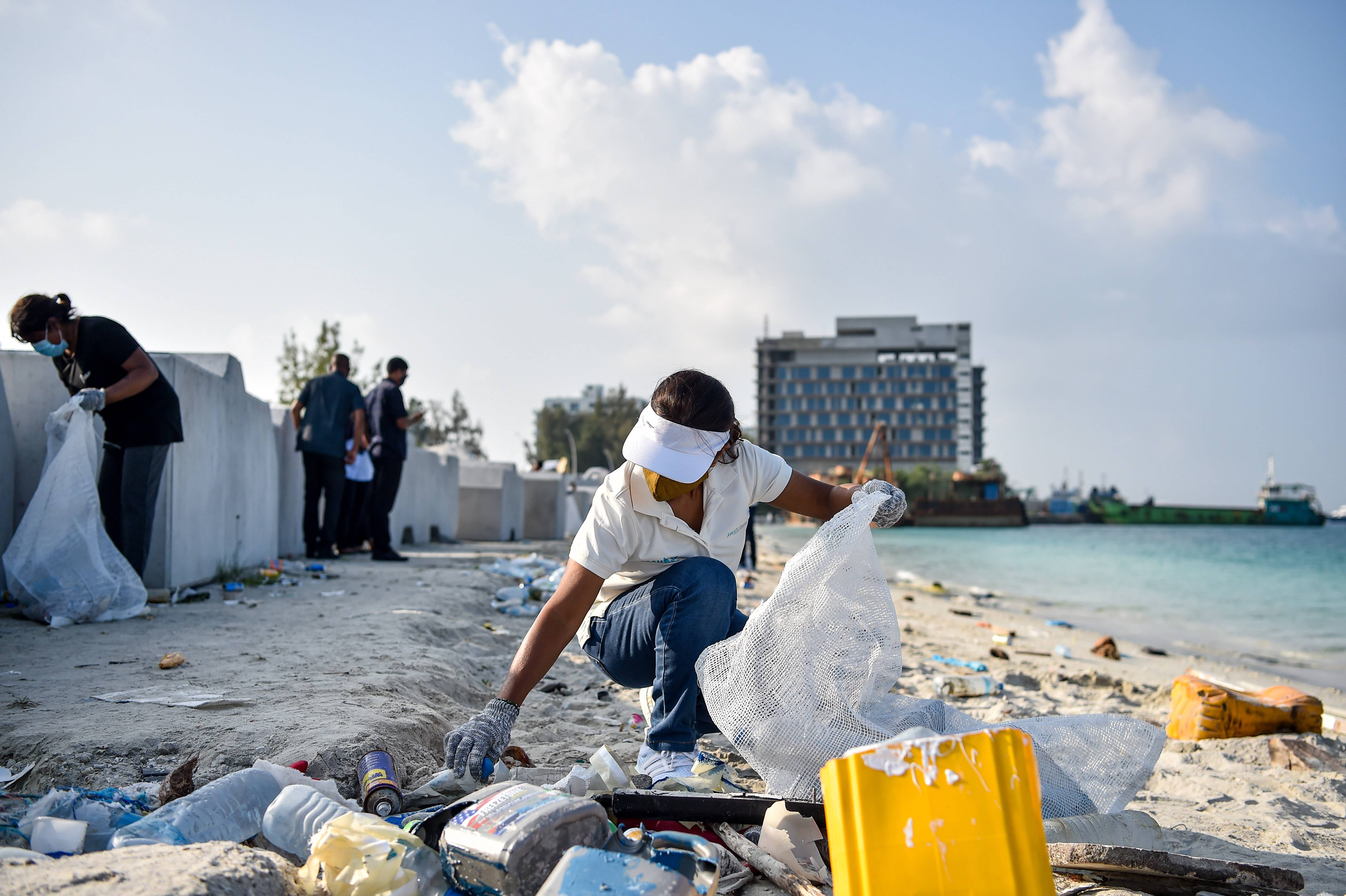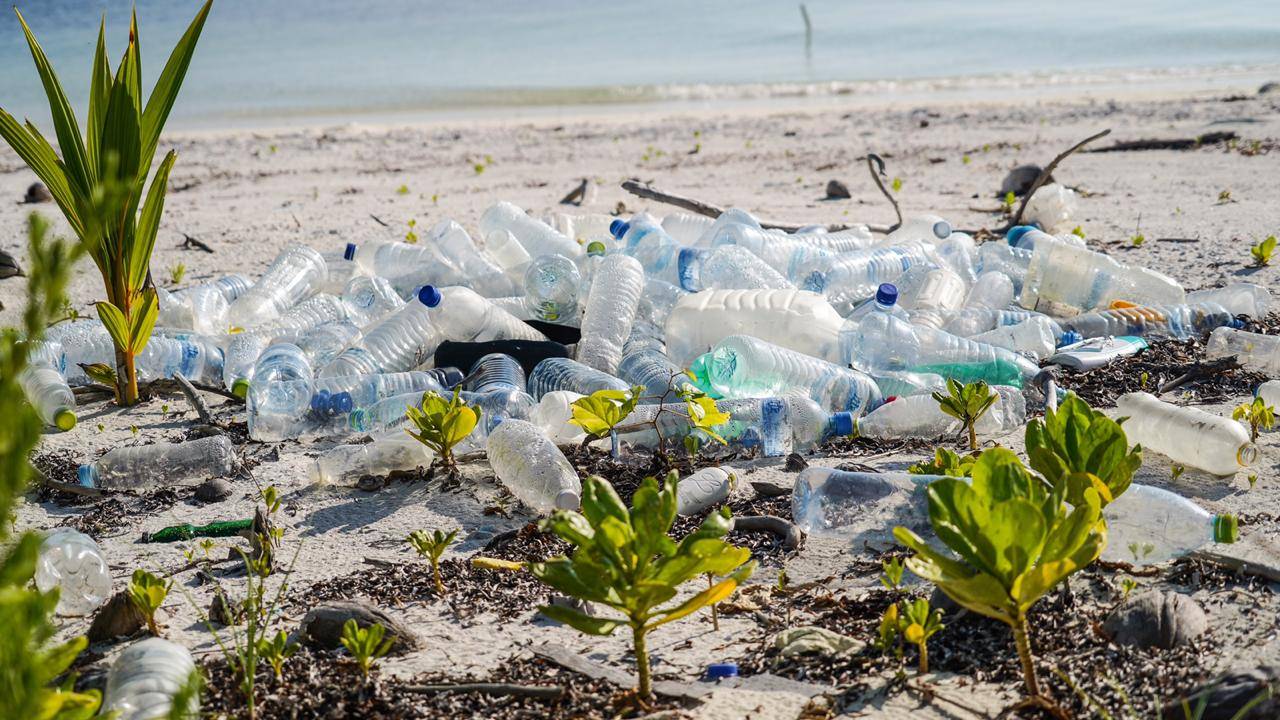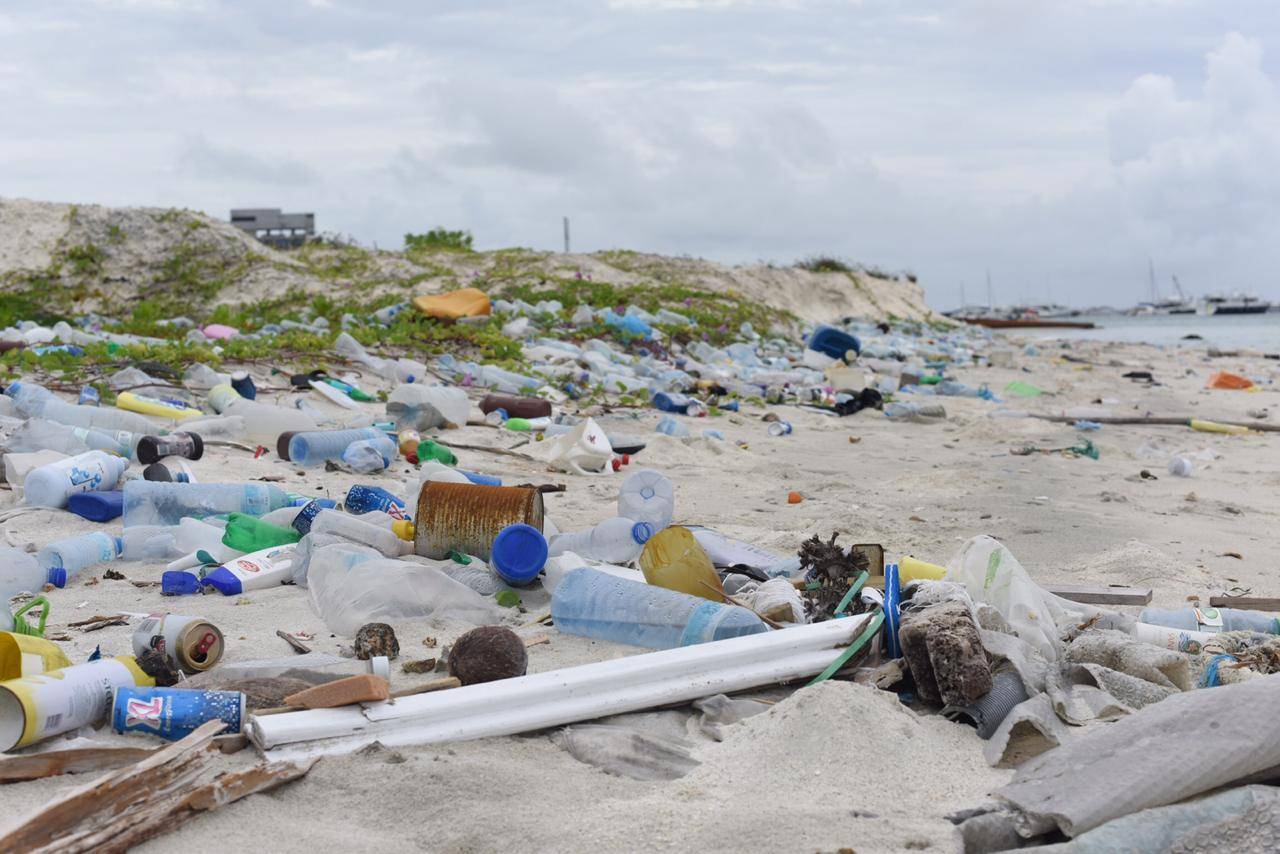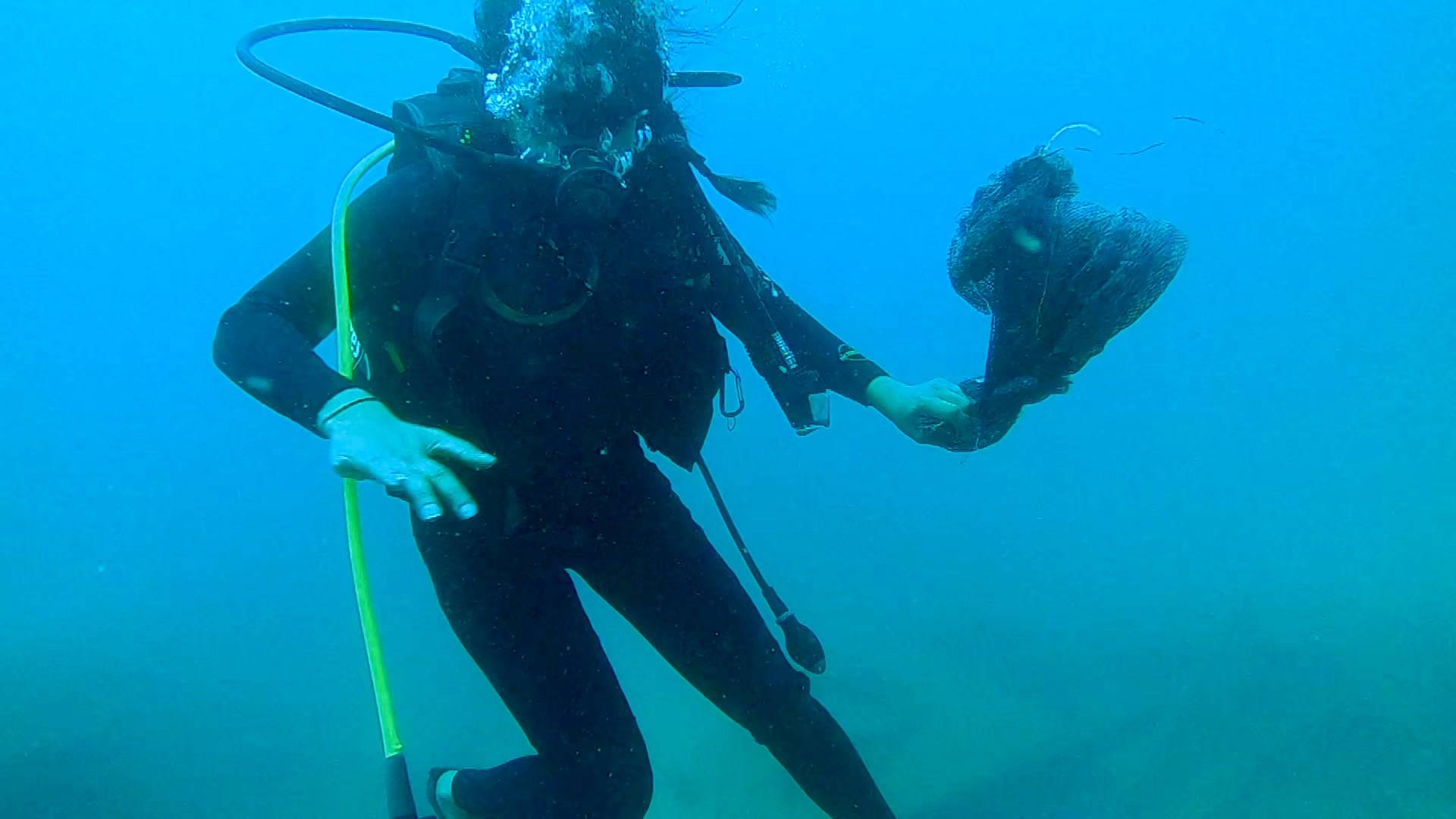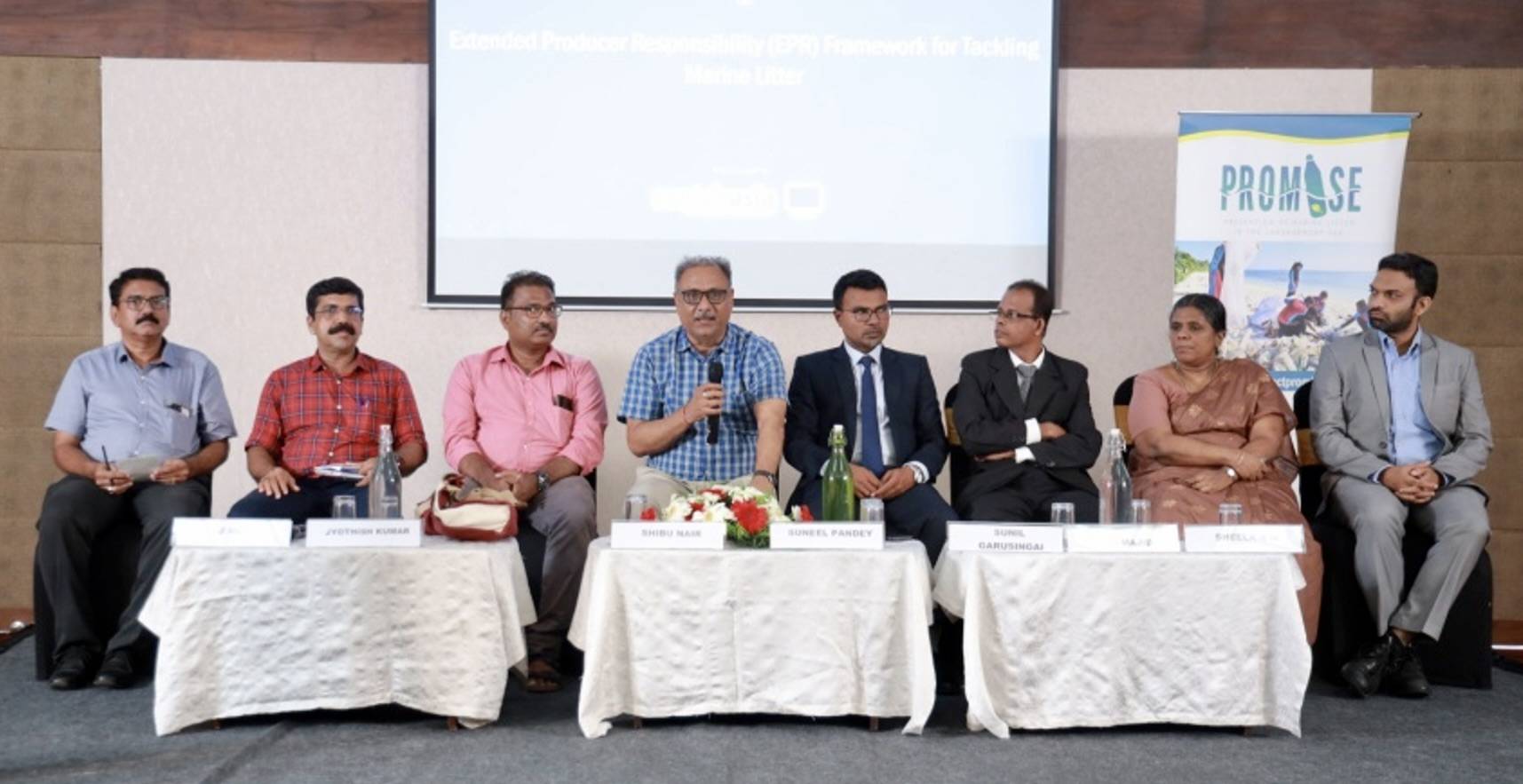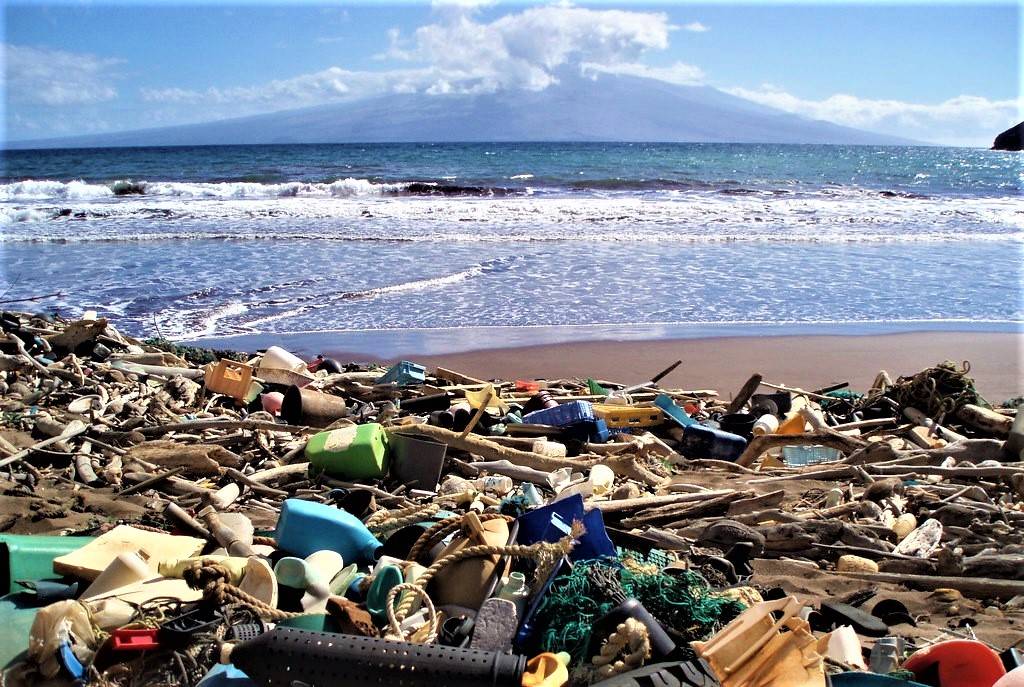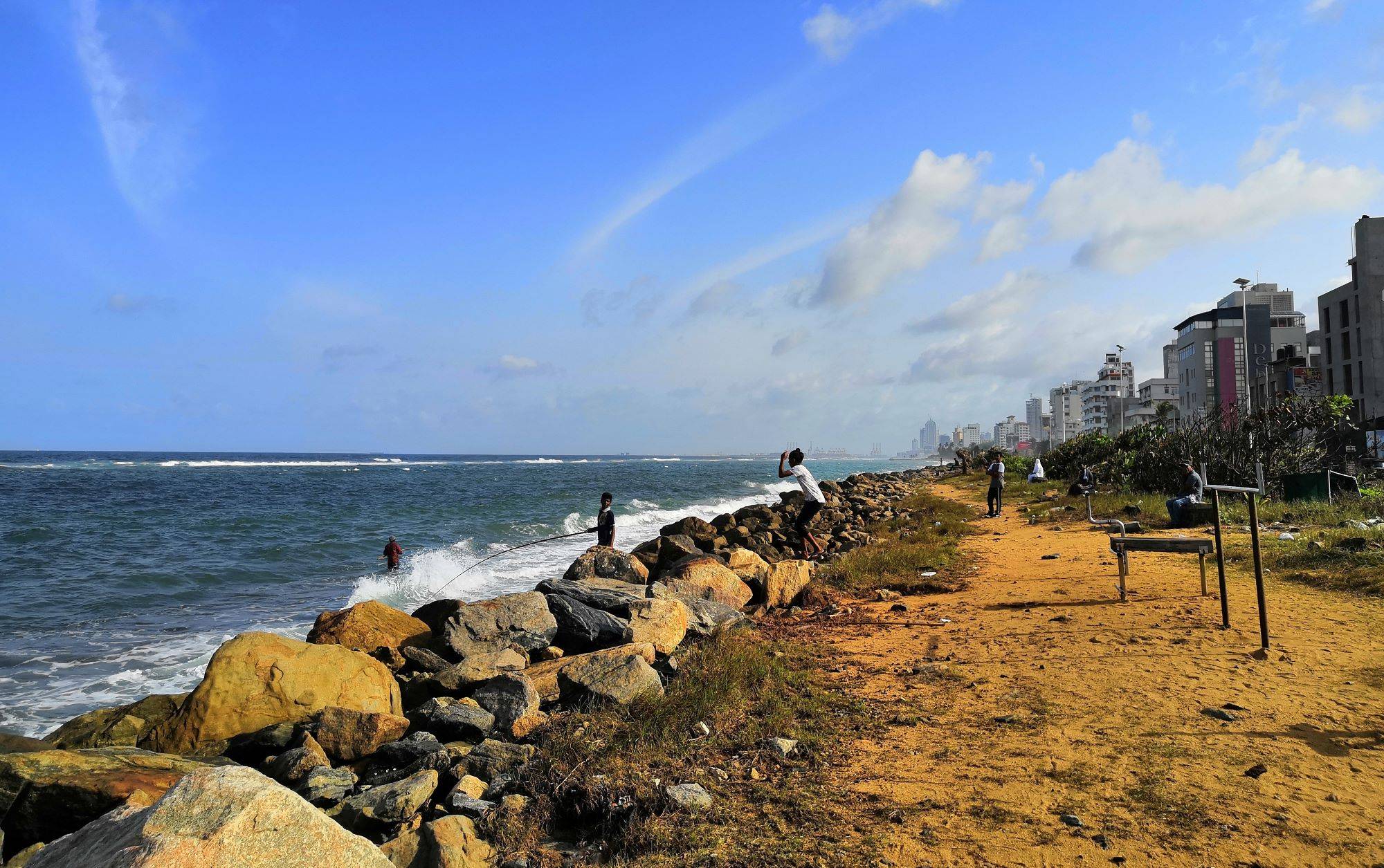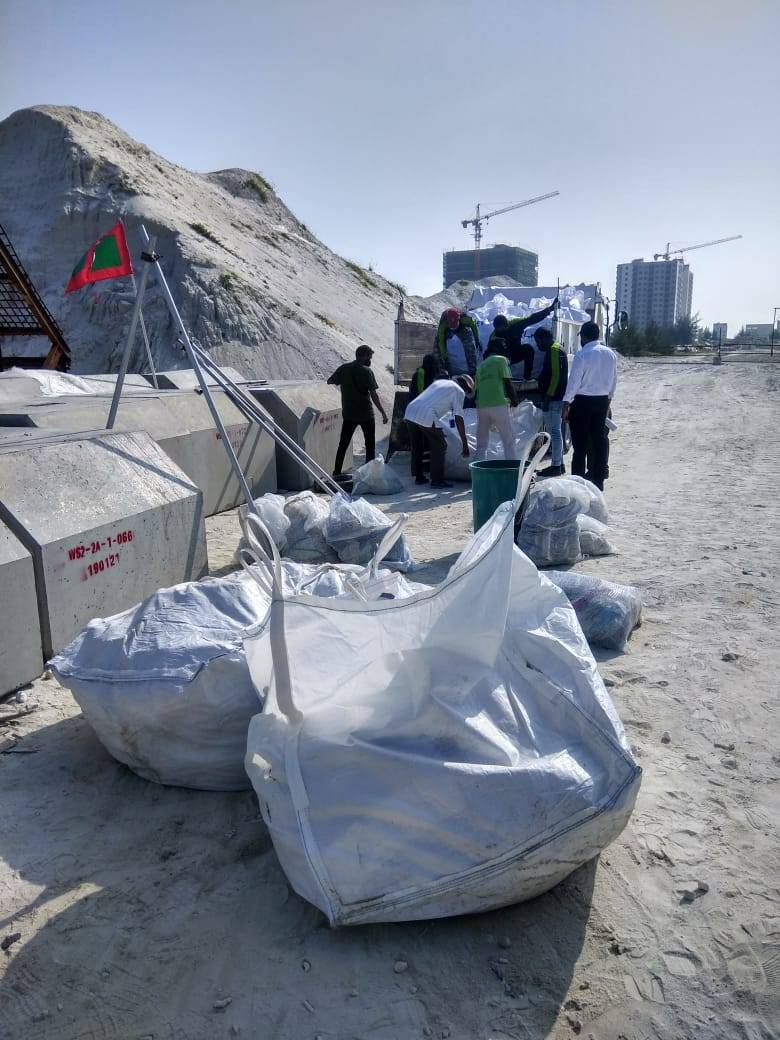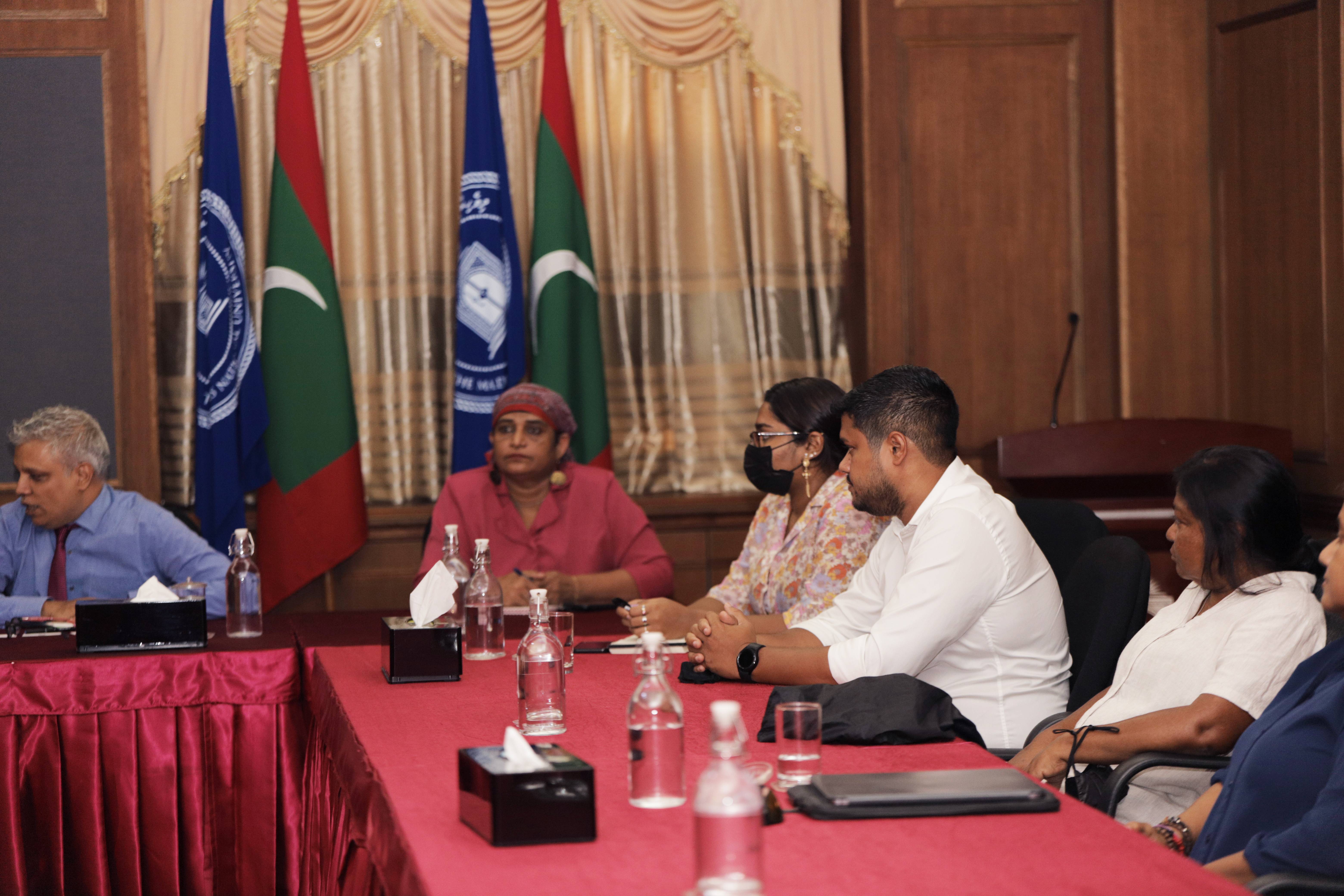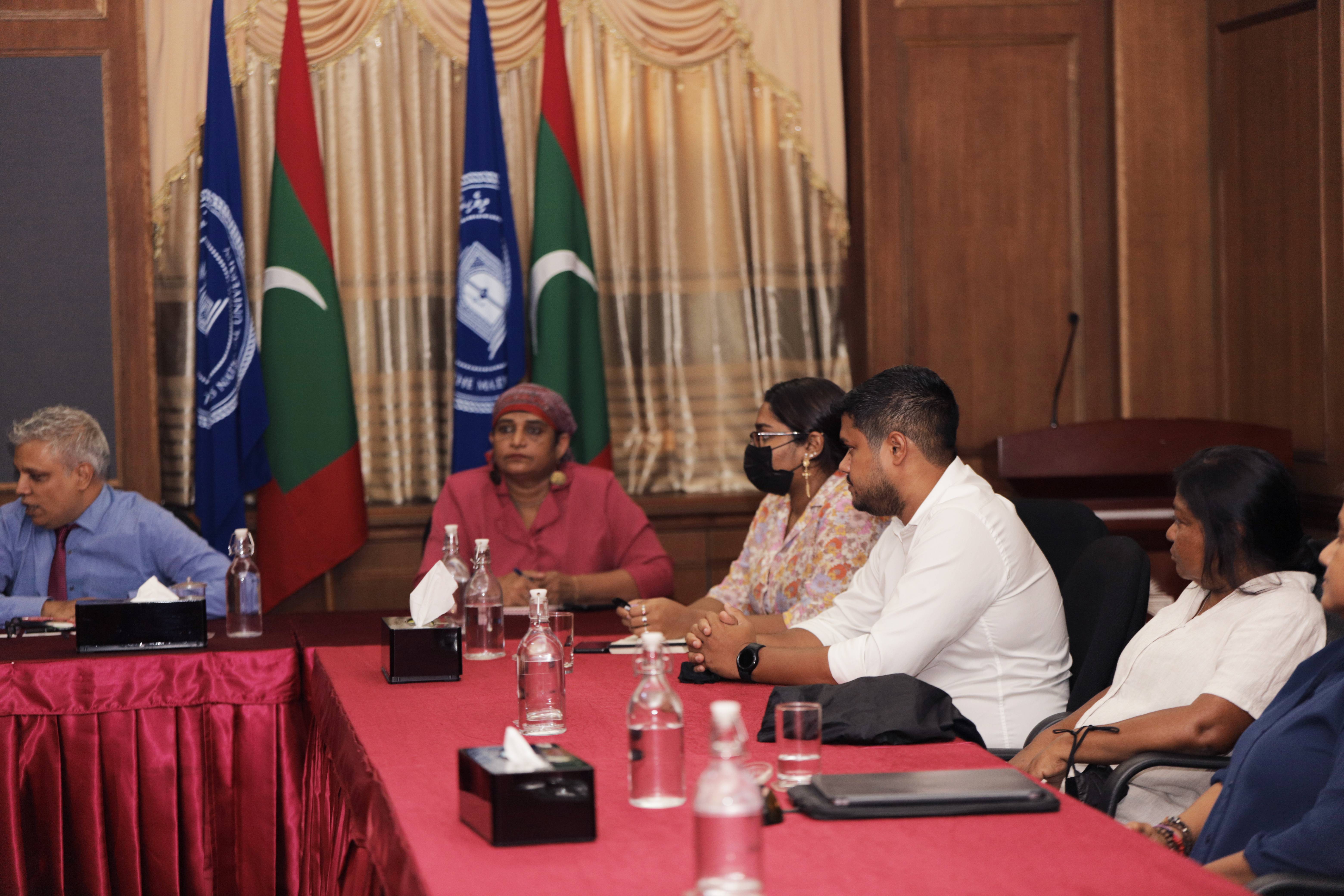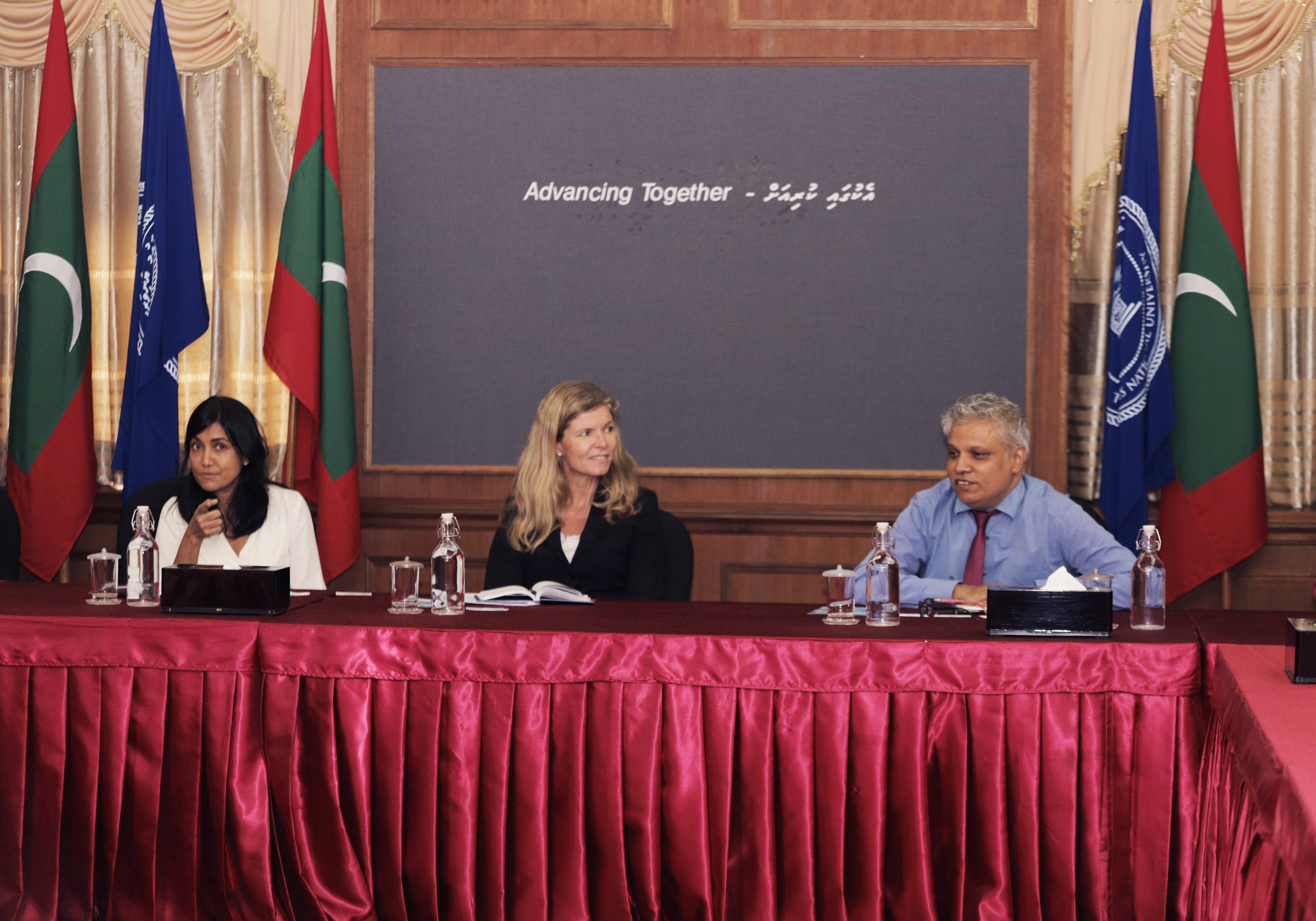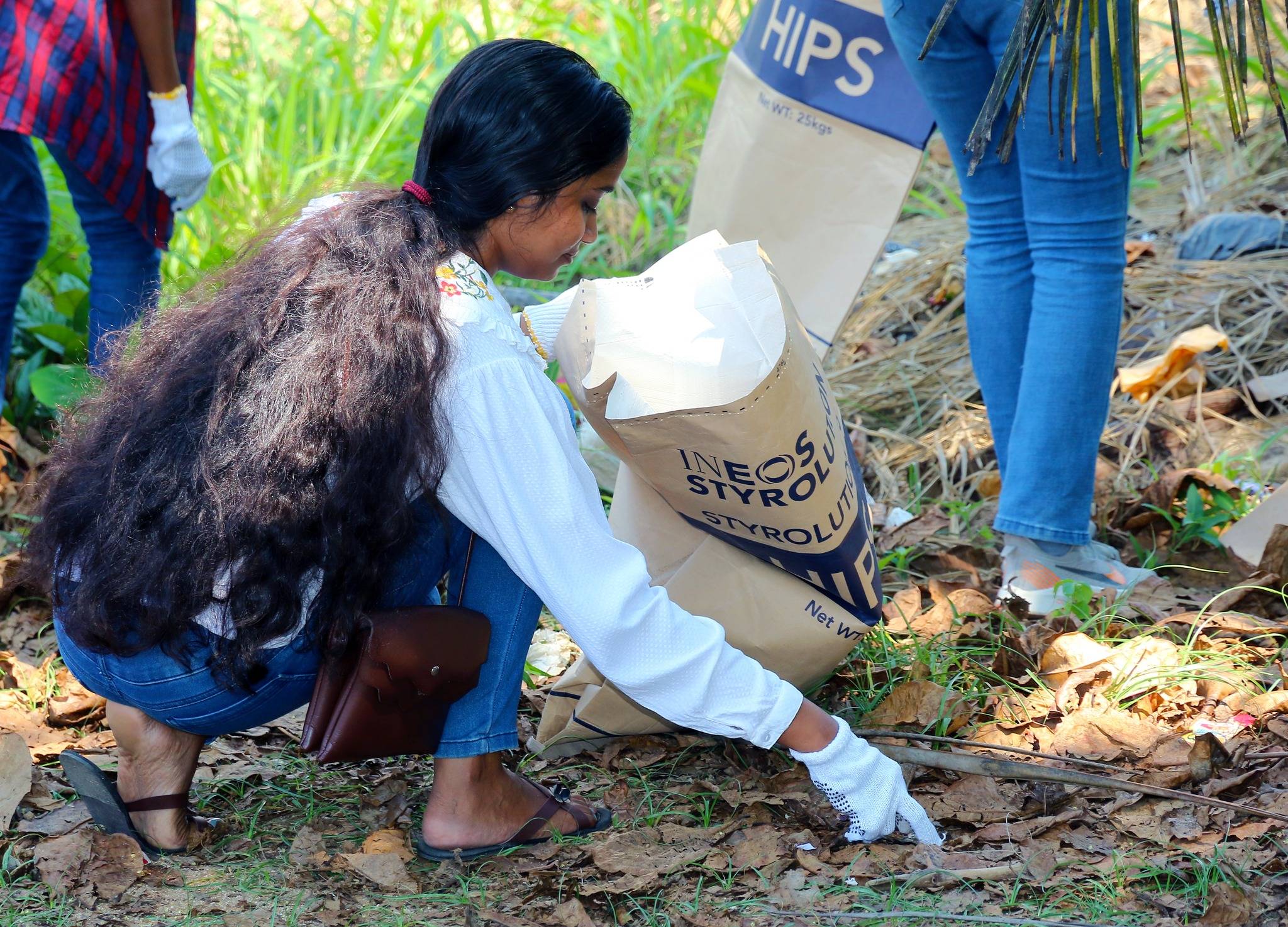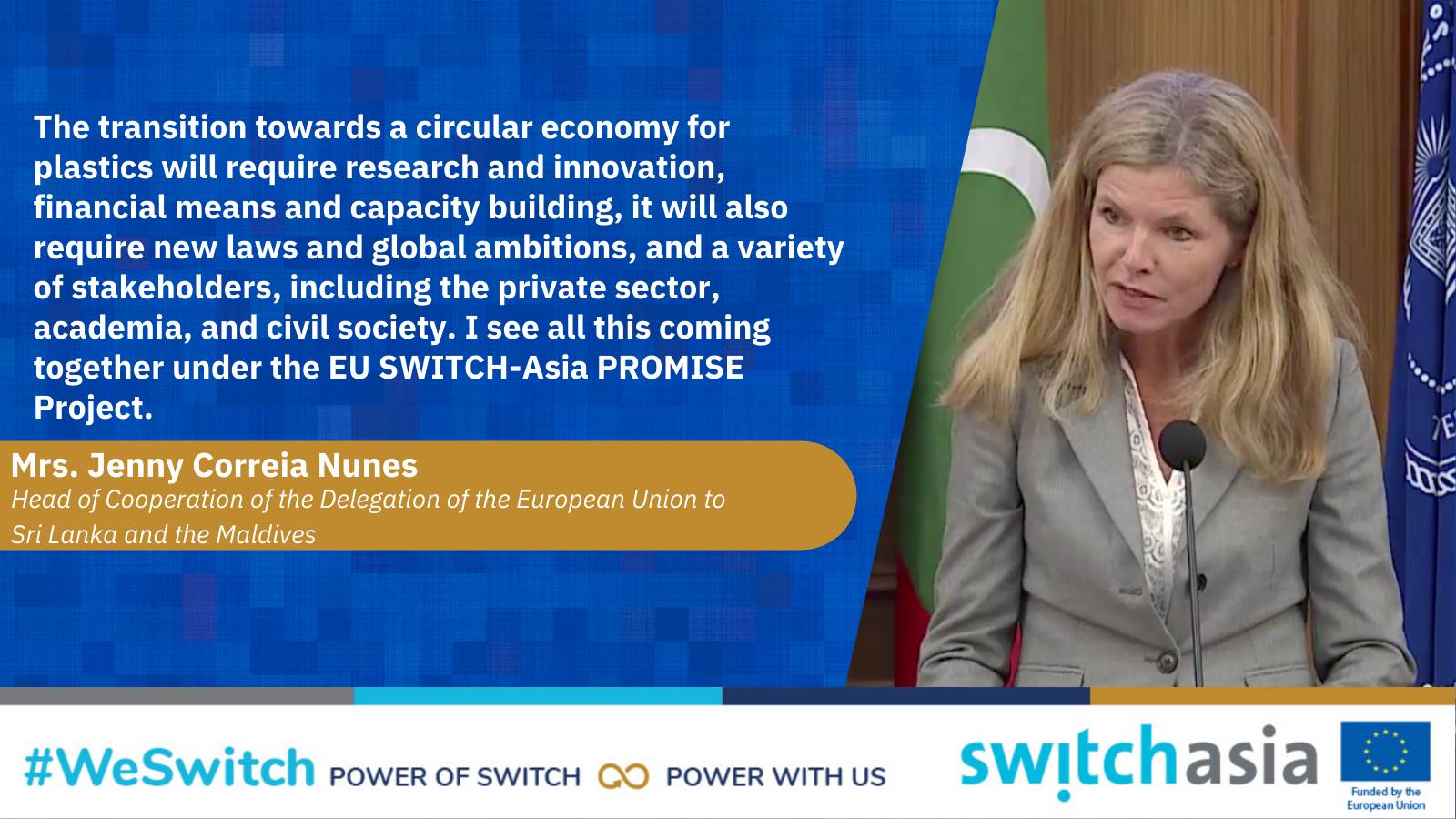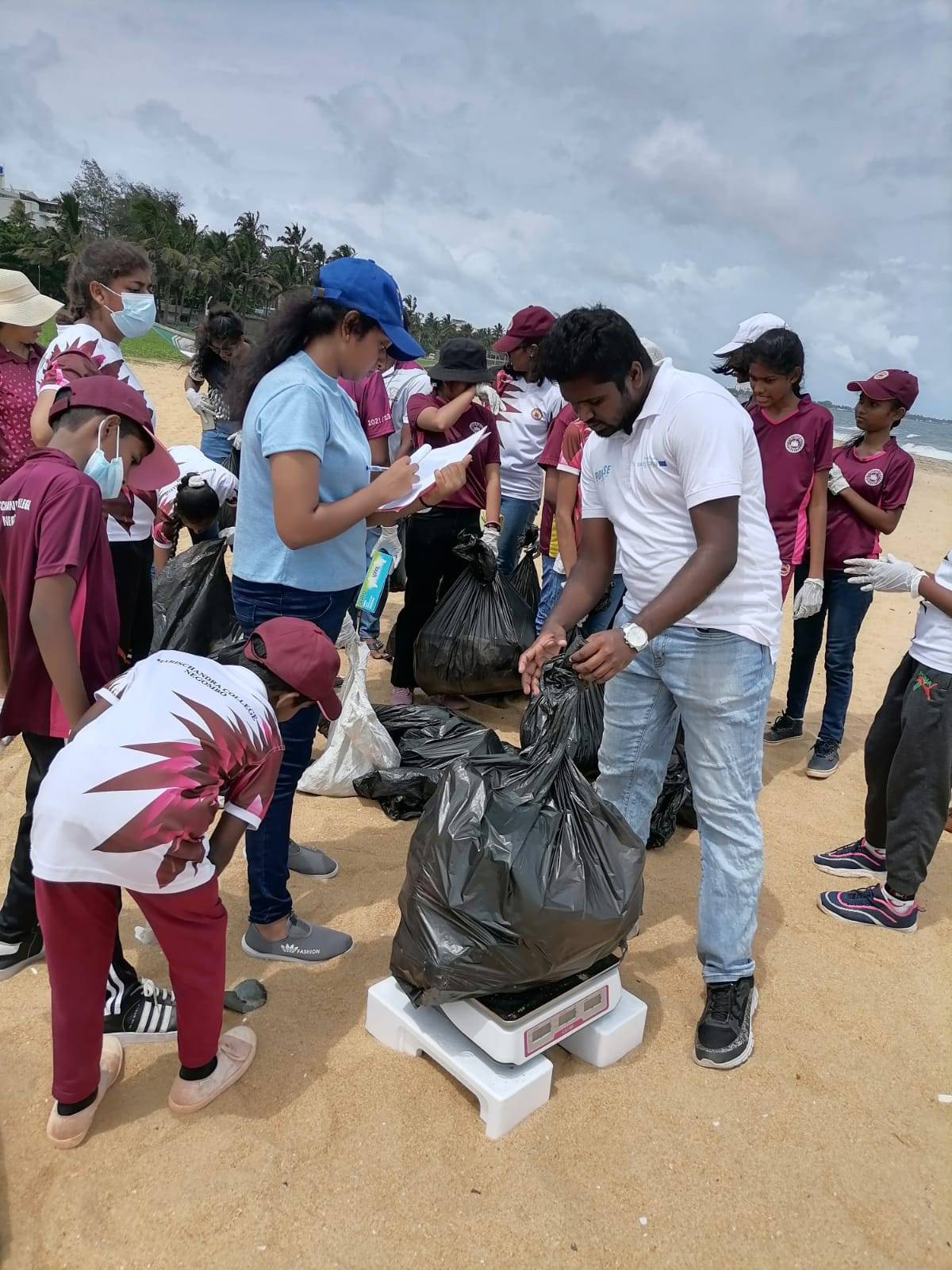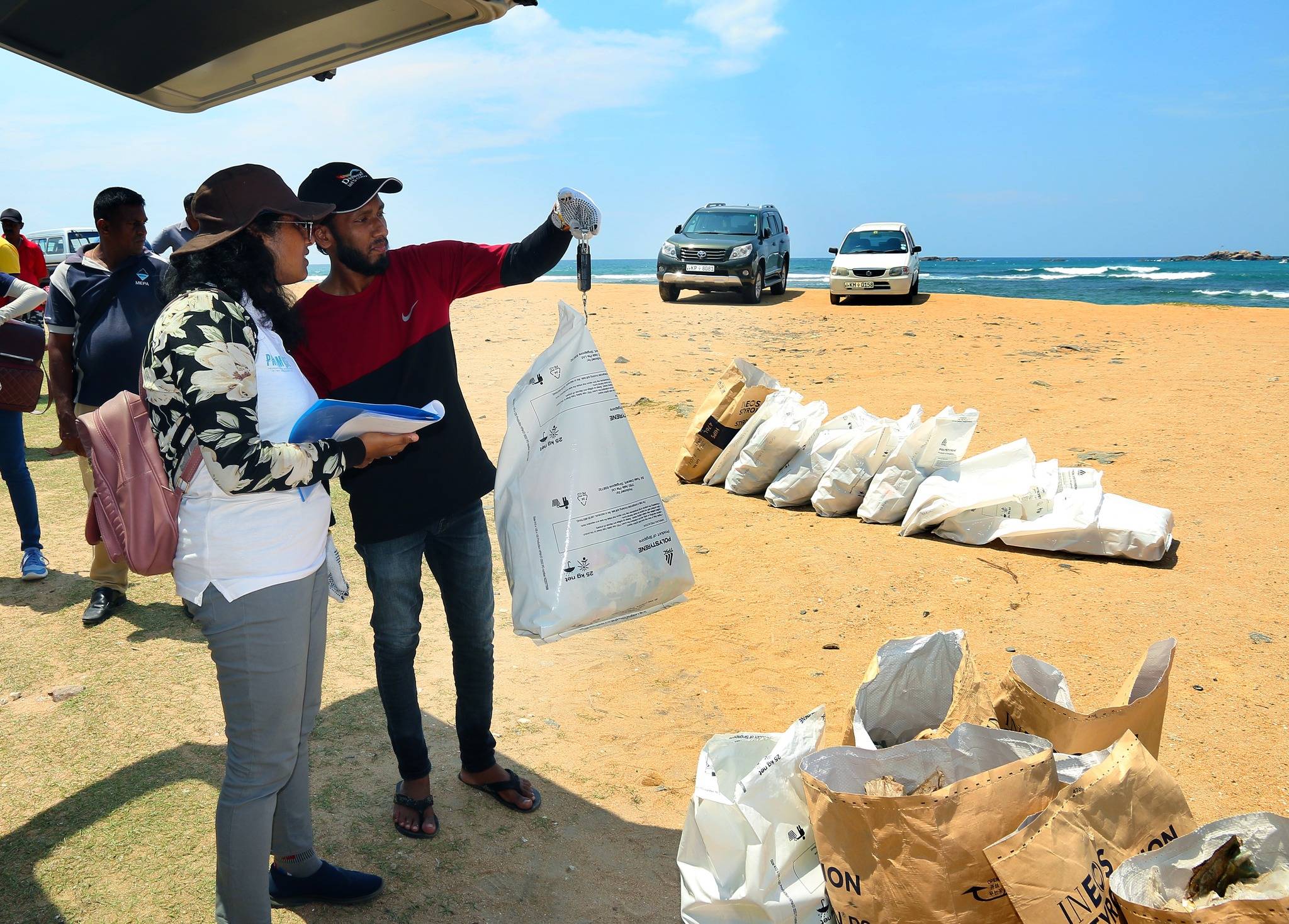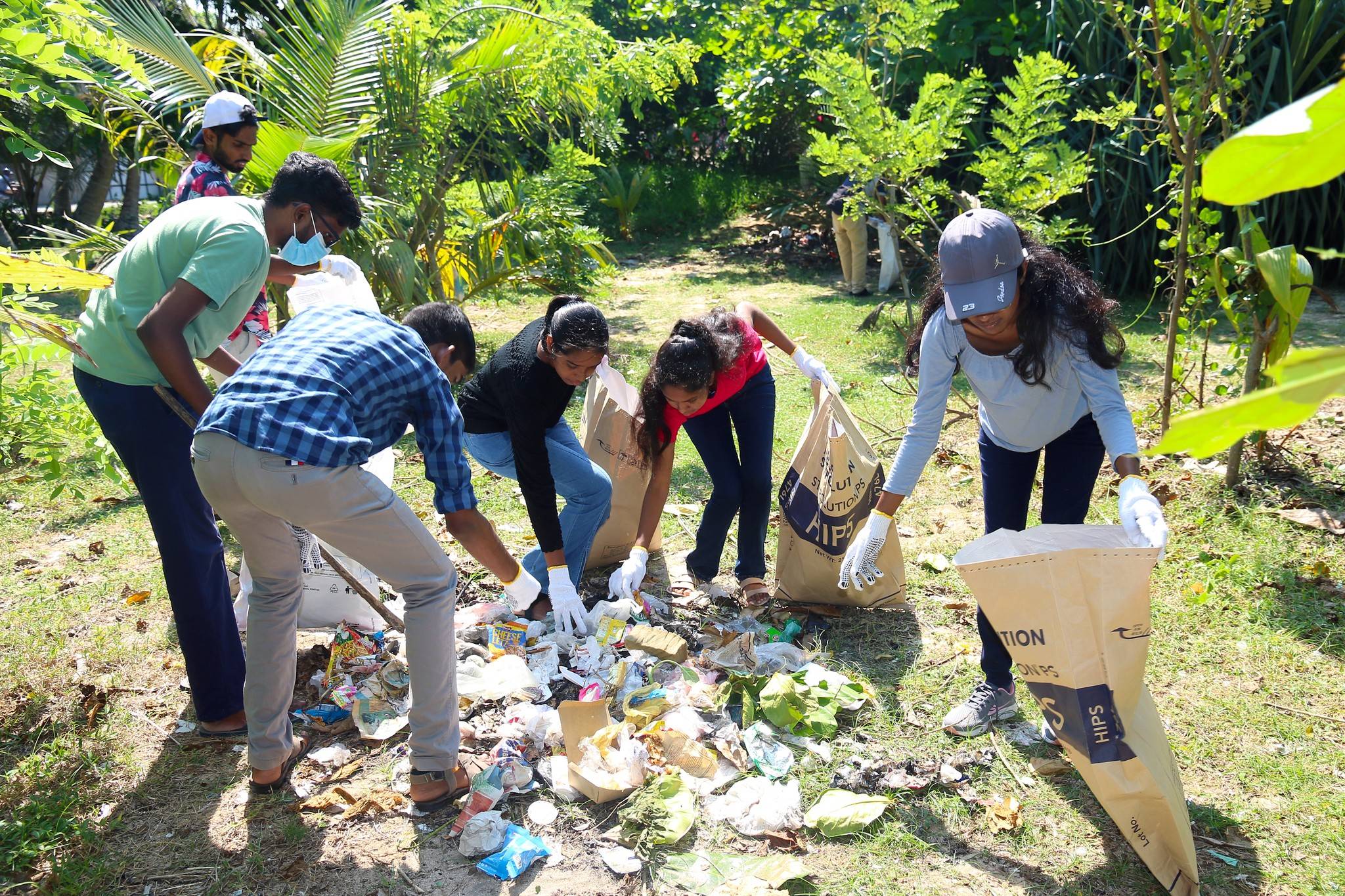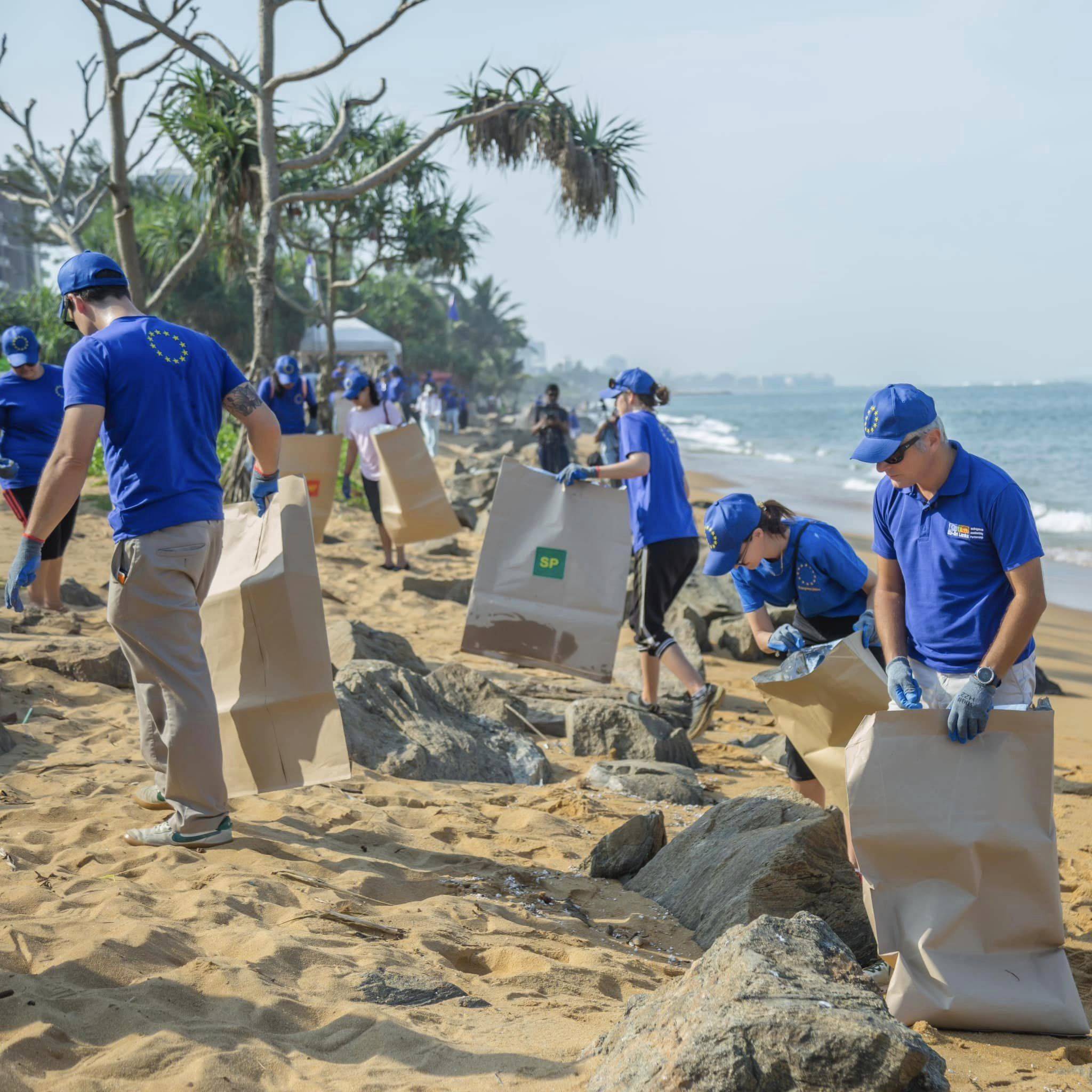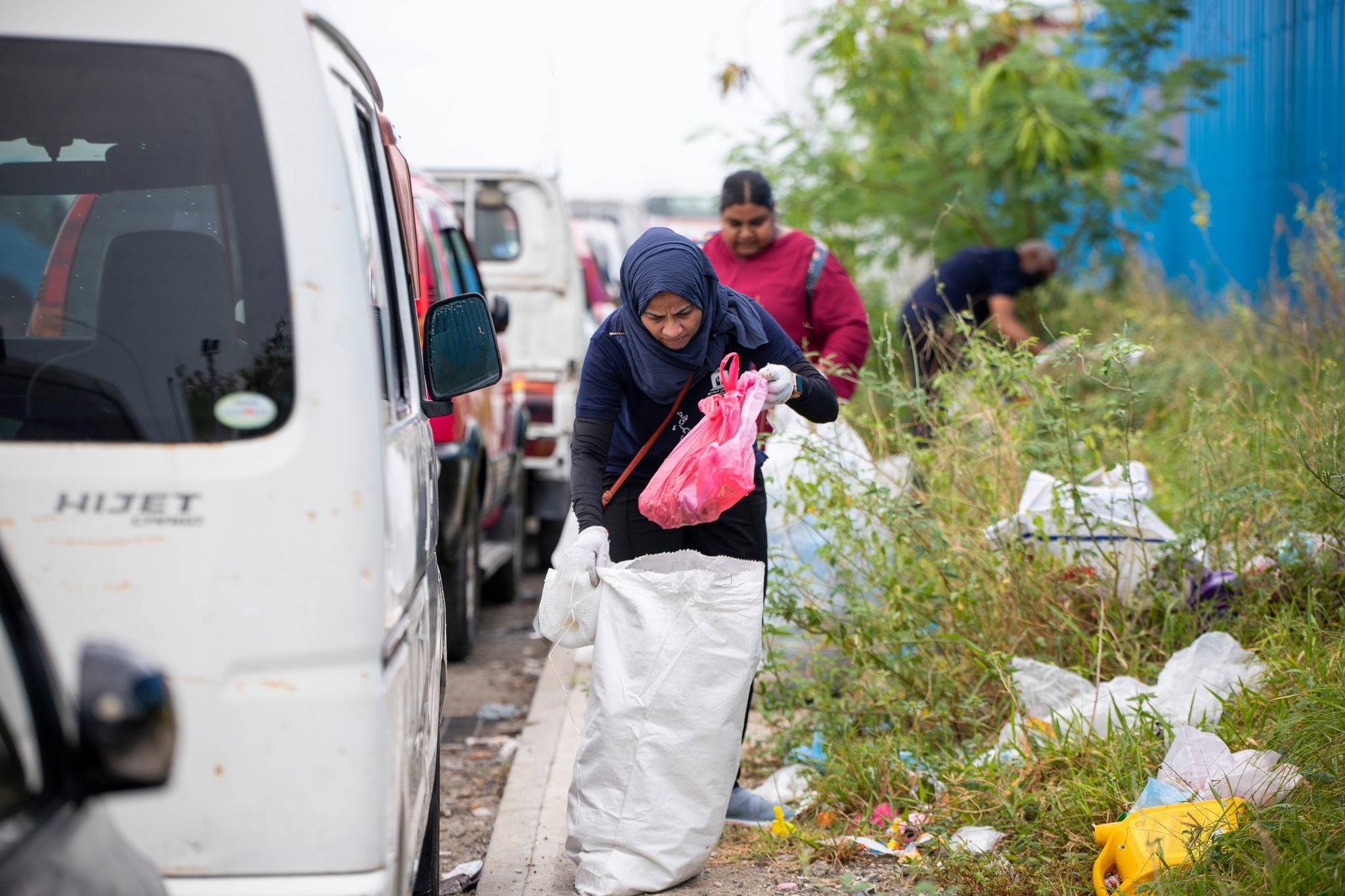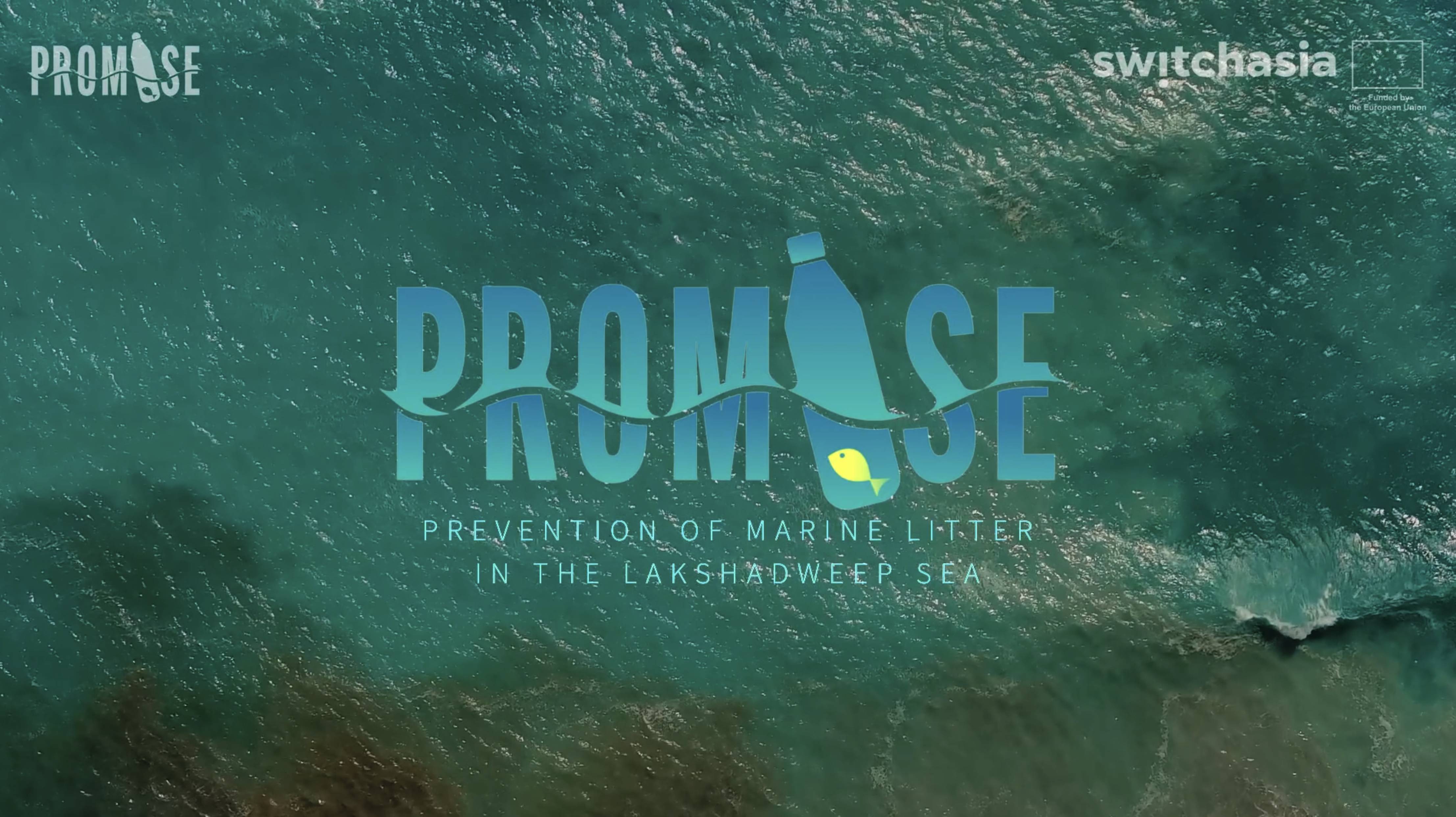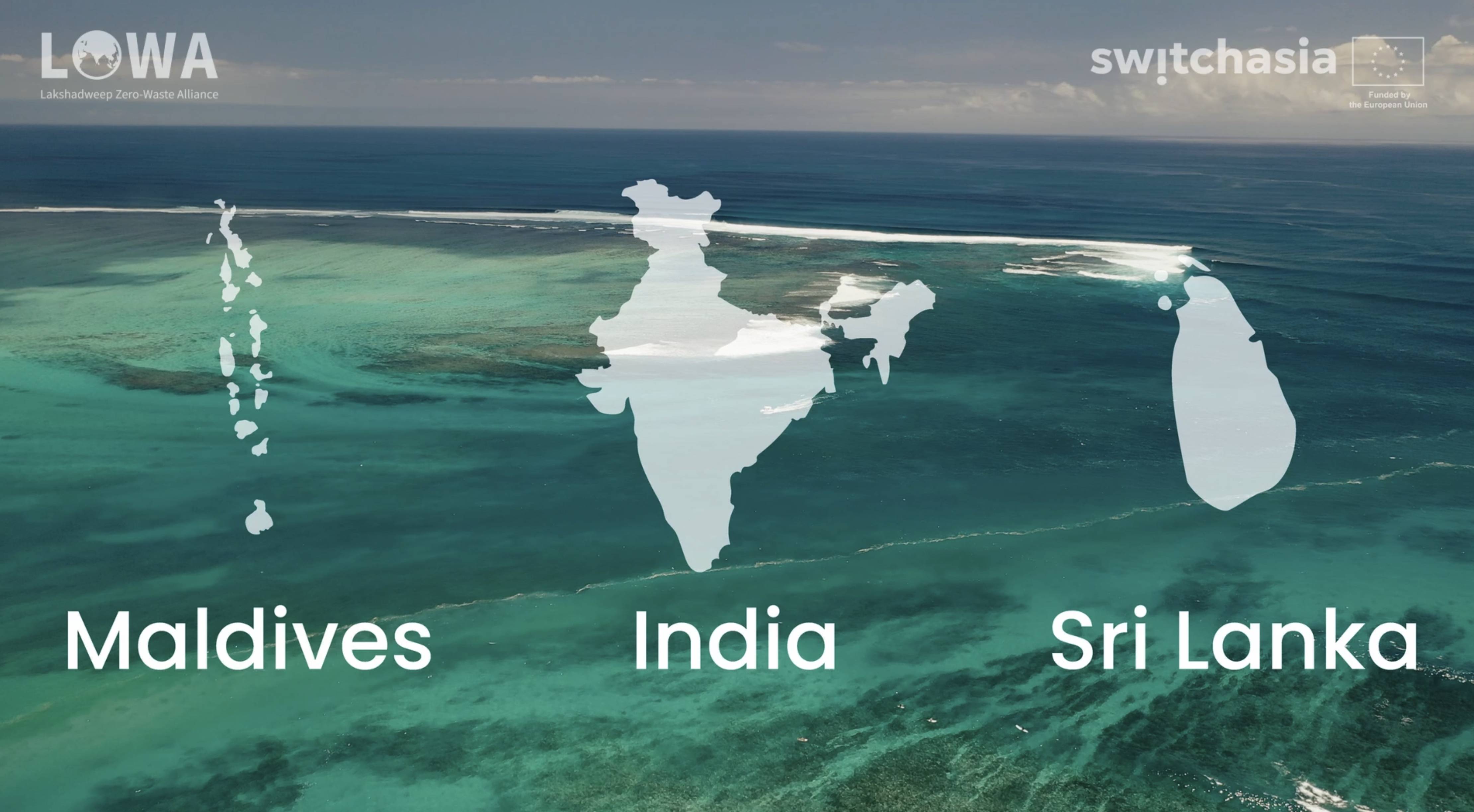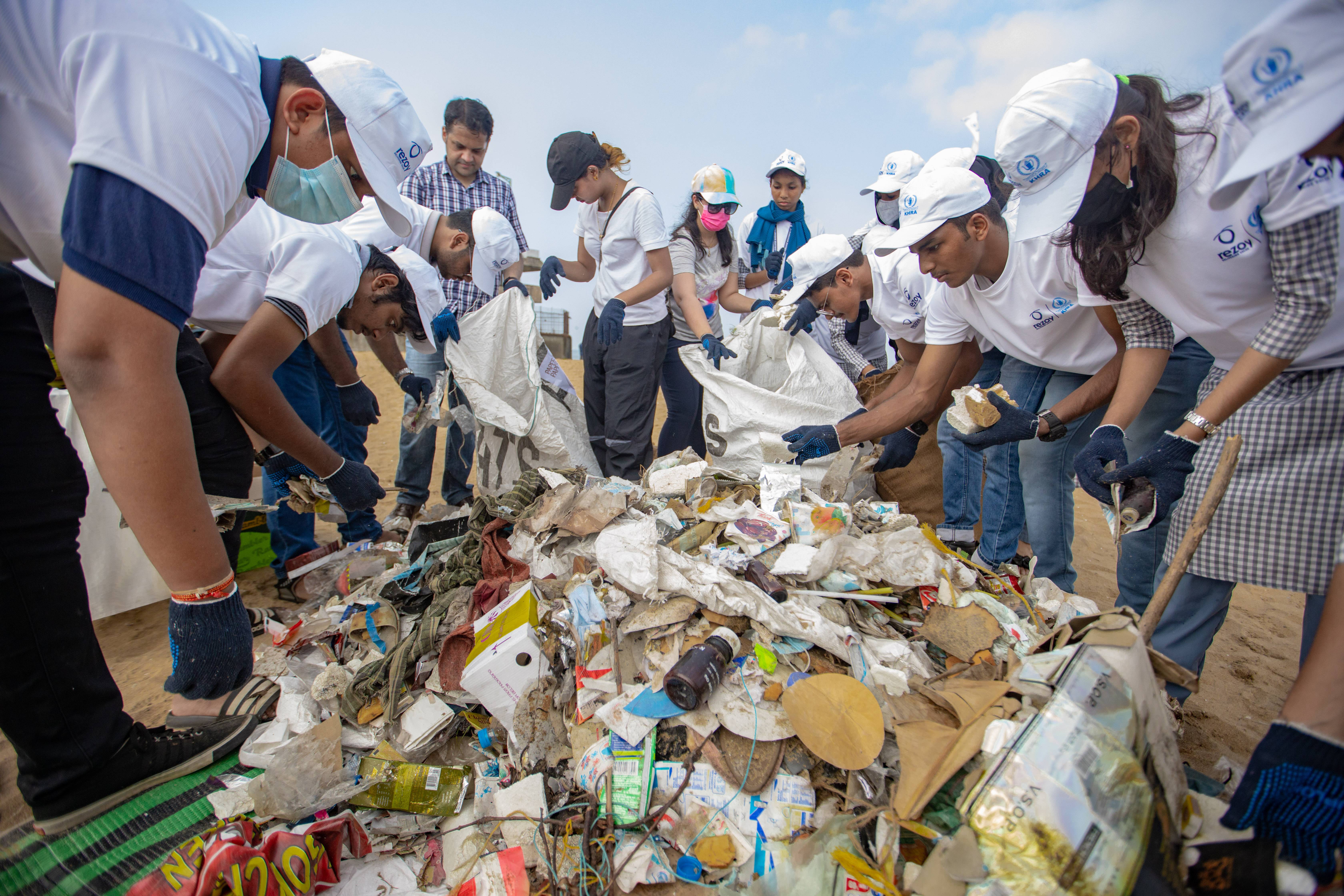
The Challenge
Marine ecosystems continue to suffer from increasing anthropogenic pollution. As a result, marine litter has become a global concern and currently witnesses growing awareness amongst the general public. The vast majority of marine litter stems from land-based sources and enters marine ecosystems from human settlements along coastlines and river basins. In this context, tourism industries have been identified as major contributors to marine litter due to high consumption rates of fast-moving consumer goods (FMCG) and convenience products wrapped in single-use plastic packaging. In many touristic regions of the global south, this is aggravated by the absence of effective policy frameworks for integrated solid waste management, a lack of consumer awareness and insufficient capacities of local authorities to handle the increasing amounts of solid waste and the substantial growth in tourism. Countries of the South Asian Seas (SAS) region struggle with the management of the increasing amounts of waste. There is a pressing need to curb marine pollution in the pristine ecosystems of the Lakshadweep Sea shared by Maldives, Sri Lanka and India. Low per capita income, high population densities and a high dependency on natural resources makes them highly vulnerable to the impacts of marine pollution.
The Objectives
The project seeks to promote source-to-sea solutions to reduce marine littering in tourism clusters along the Lakshadweep shorelines of the Maldives, Sri Lanka and India. It focuses explicitly on MSMEs in and contributing to the tourism sector to support them in waste minimization, thus enhancing the attractiveness of tourism industries, avoiding further deterioration of marine ecosystems and improving people's living conditions.
The Way Forward
- Establish a knowledge base for the status quo of marine littering in tourism clusters along Lakshadweep shorelines;
- Support MSMEs from tourism clusters in the Maldives, Sri Lanka and India in implementing waste minimisation options in their business operations and overarching strategies;
- Conceptualisation and initiation of “Lakshadweep Zero Waste Alliance”;
- Enable access to finance for MSMEs to implement more costly waste minimization options;
- Strengthen regional policy frameworks for waste management in coastal areas and contribute to reduced waste generation and littering in all three target countries;
- Inform wider stakeholder network about the approaches to waste prevention.
Relation to European Green Deal, Circular Economy and Climate Change
The project addresses sustainable consumption and production practices as a key EU priority by promoting waste minimization among MSMEs in the tourism sector, generating awareness among consumers and other stakeholders and creating a self-sustaining regional zero-waste alliance. It is further in line with the EU’s and the Green Deal's ambitious plan to boost climate neutrality, for instance by promoting sustainable consumption and production practices. In addition, the project has synergies with the following policy focus area of the European Green Deal:
- Eliminating pollution: keep water streams clean and preserve biodiversity in lakes, rivers and wetlands.
PLAY Video - Fazna Ahmed, First Lady of the Republic of the Maldives Remarks PROMISE Launch Event
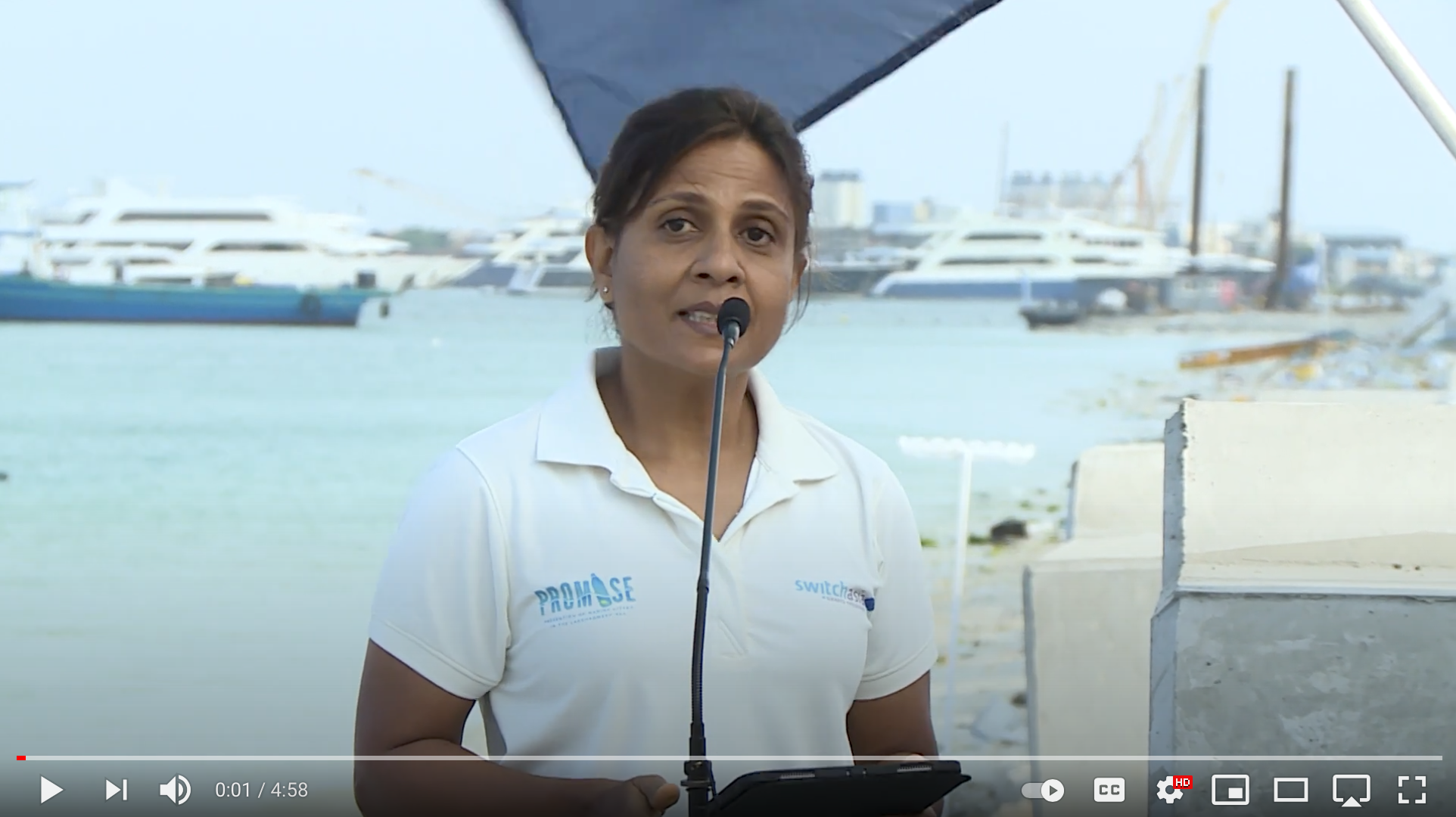
PRESS
- The President's Office Press Release
- PSM News
- AVAS.MV
- SUN.MV
- Addulive
PLAY Video - Safeguarding Shorelines: Prevention of Marine Litter in the Lakshadweep Sea (PROMISE)
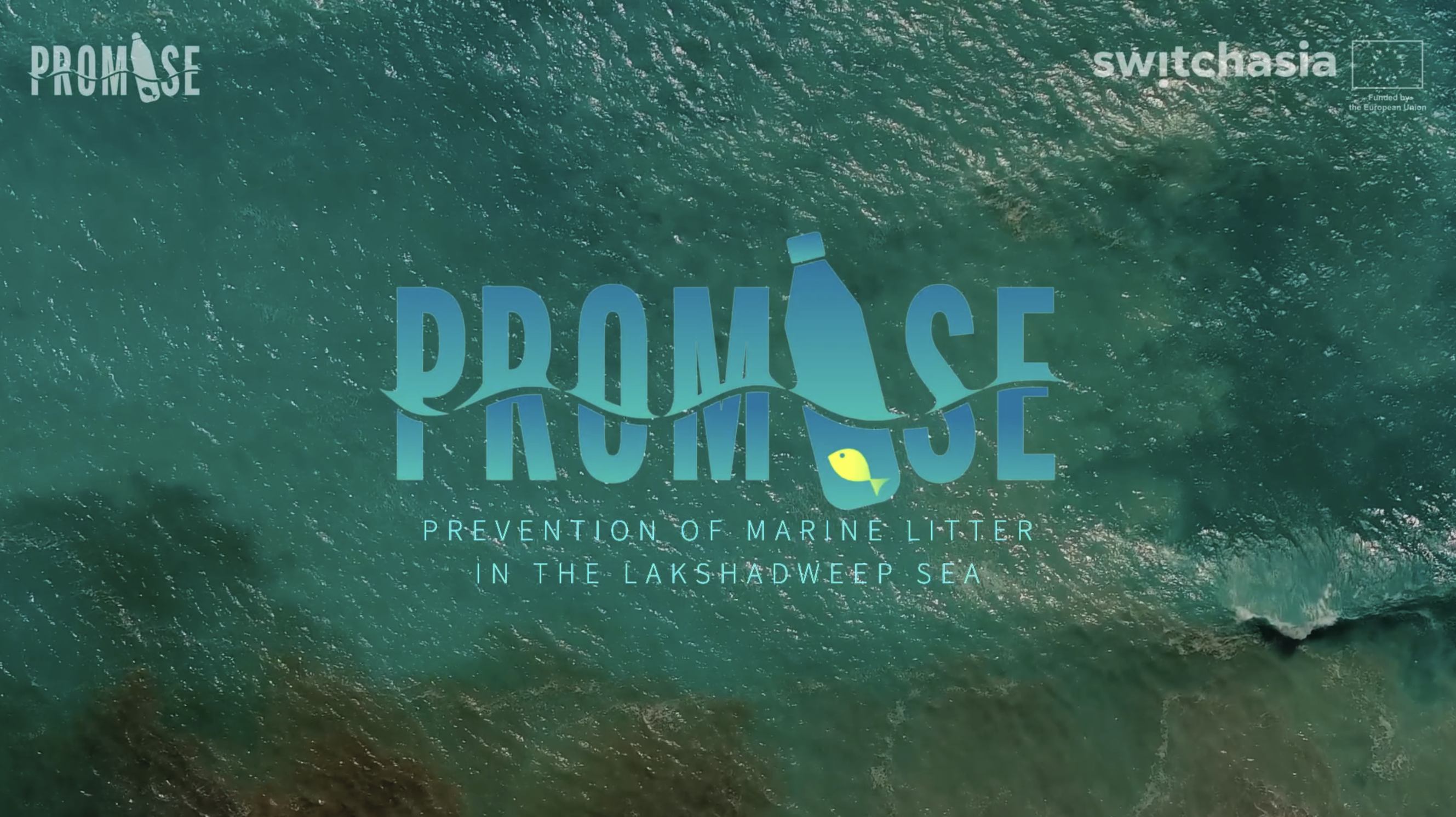
PLAY Video - Join the Lakshadweep Zero-Waste Alliance: Protecting Shorelines of the Maldives, India, & Sri Lanka
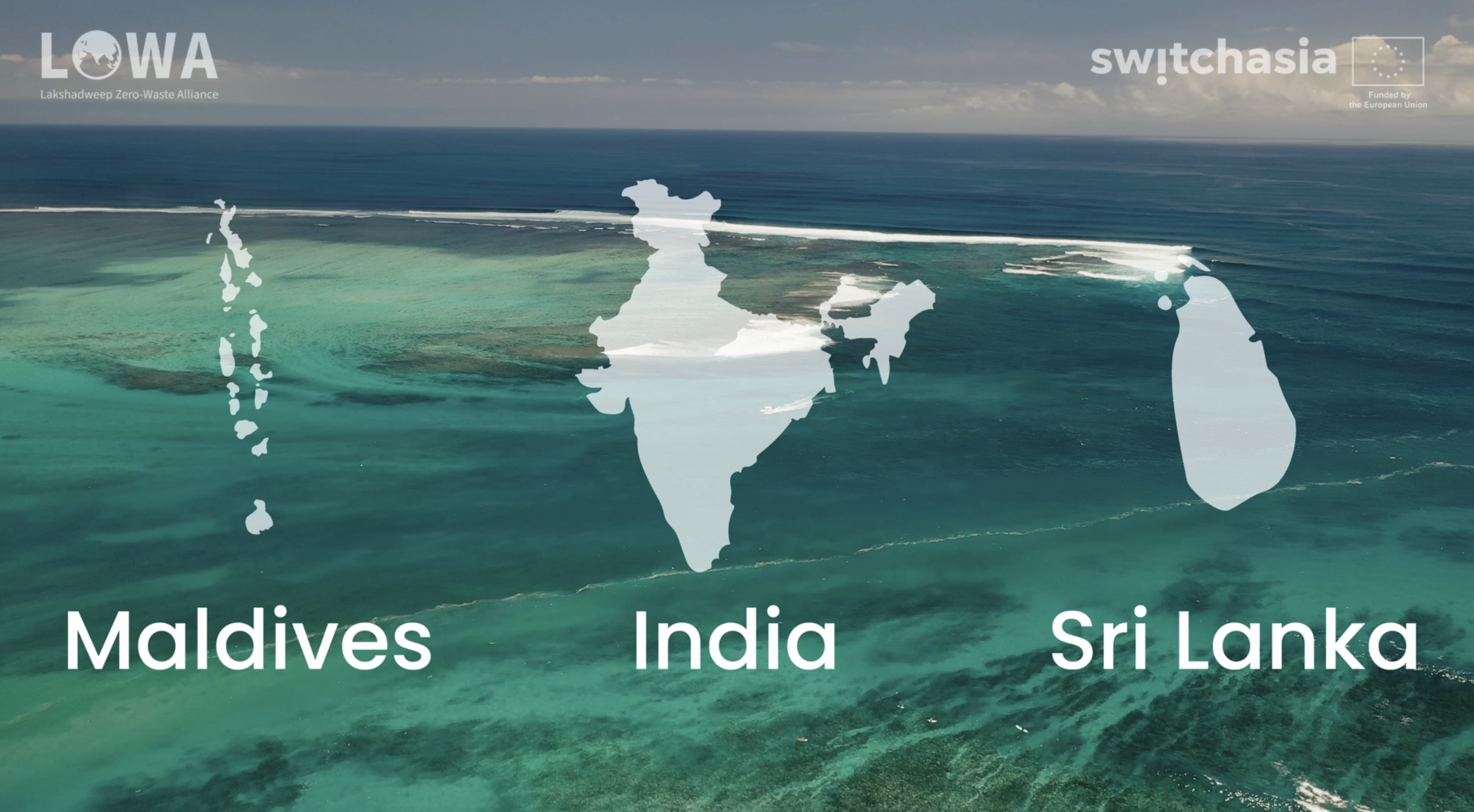
Duration:
July 2020-November 2025Total Budget:
EUR 3,709,882.60 (EU contribution 80%)Contact Detail:
Mr. Ismail Azzam Wajeeh
Project Manager
Research Development Office
The Maldives National University
Tel +960 3345 428
Lead Partners
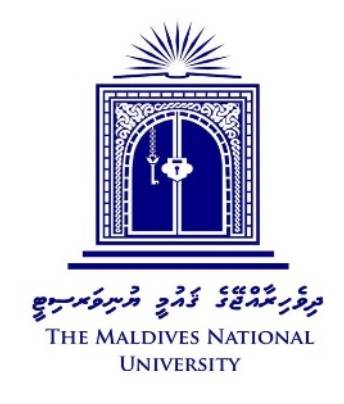
The Maldives National University
Partners
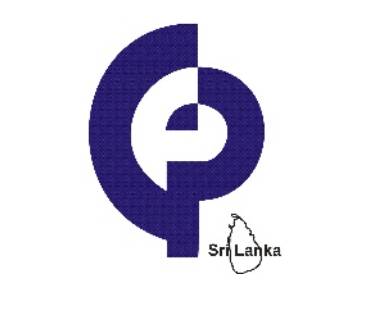
National Cleaner Production Centre, Sri Lanka

Parley for the Oceans
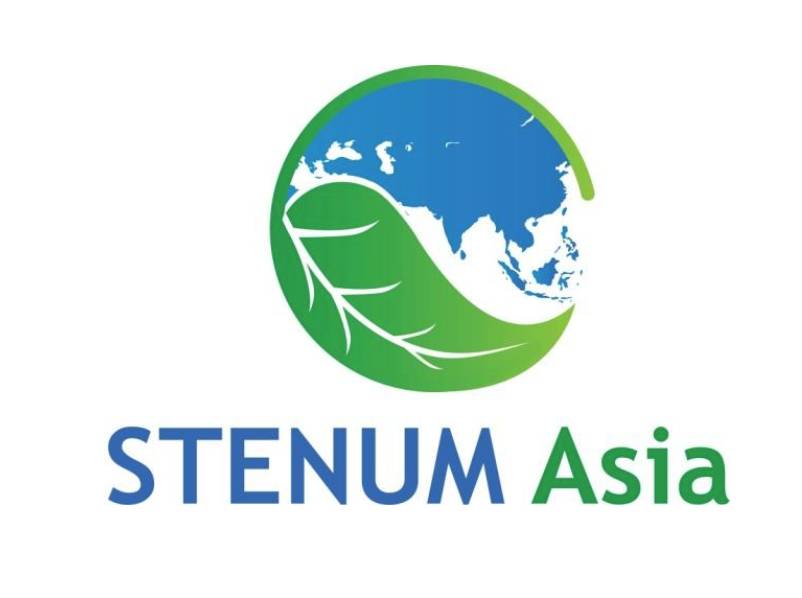
STENUM Asia Sustainable Development Society (STENUM Asia)
